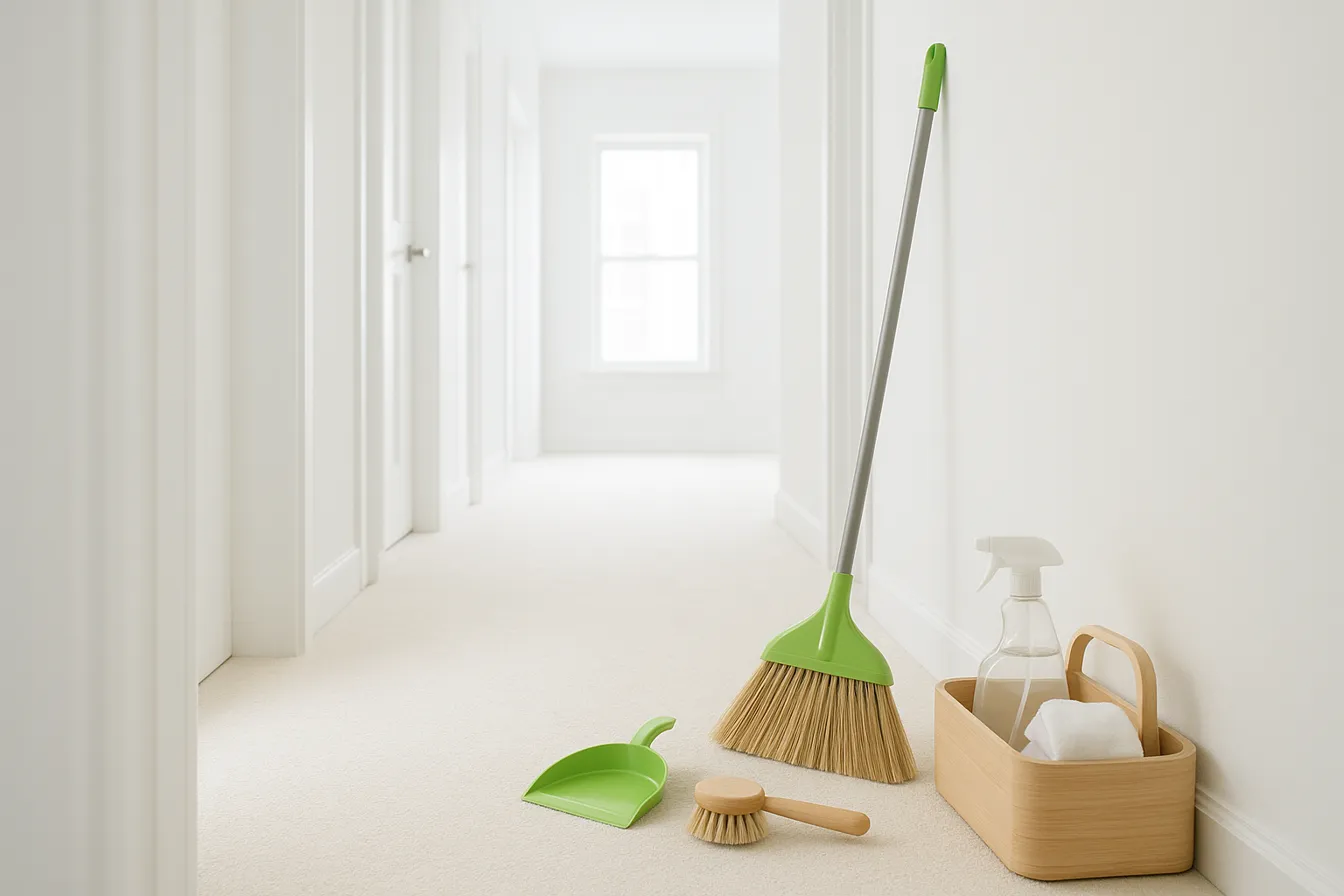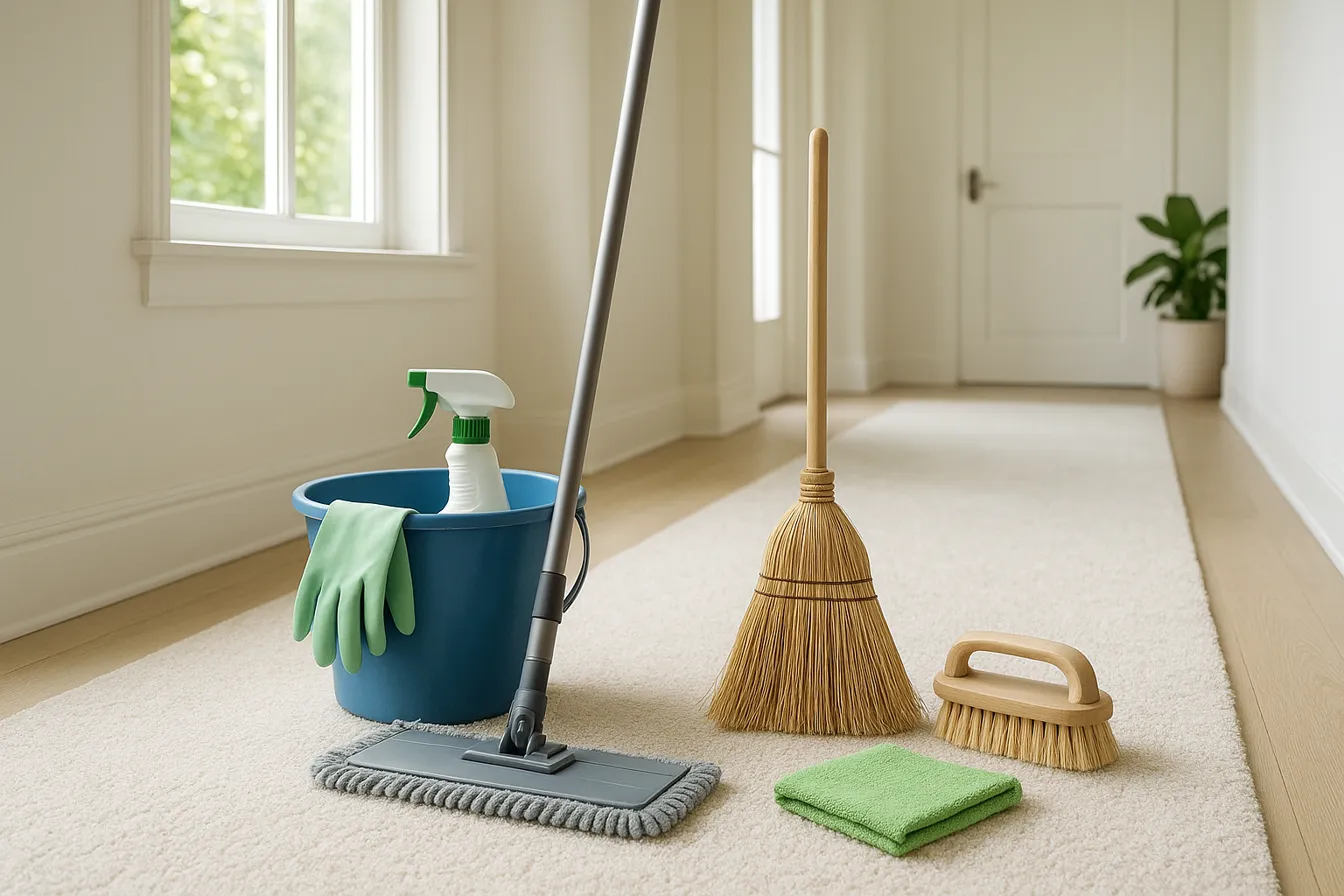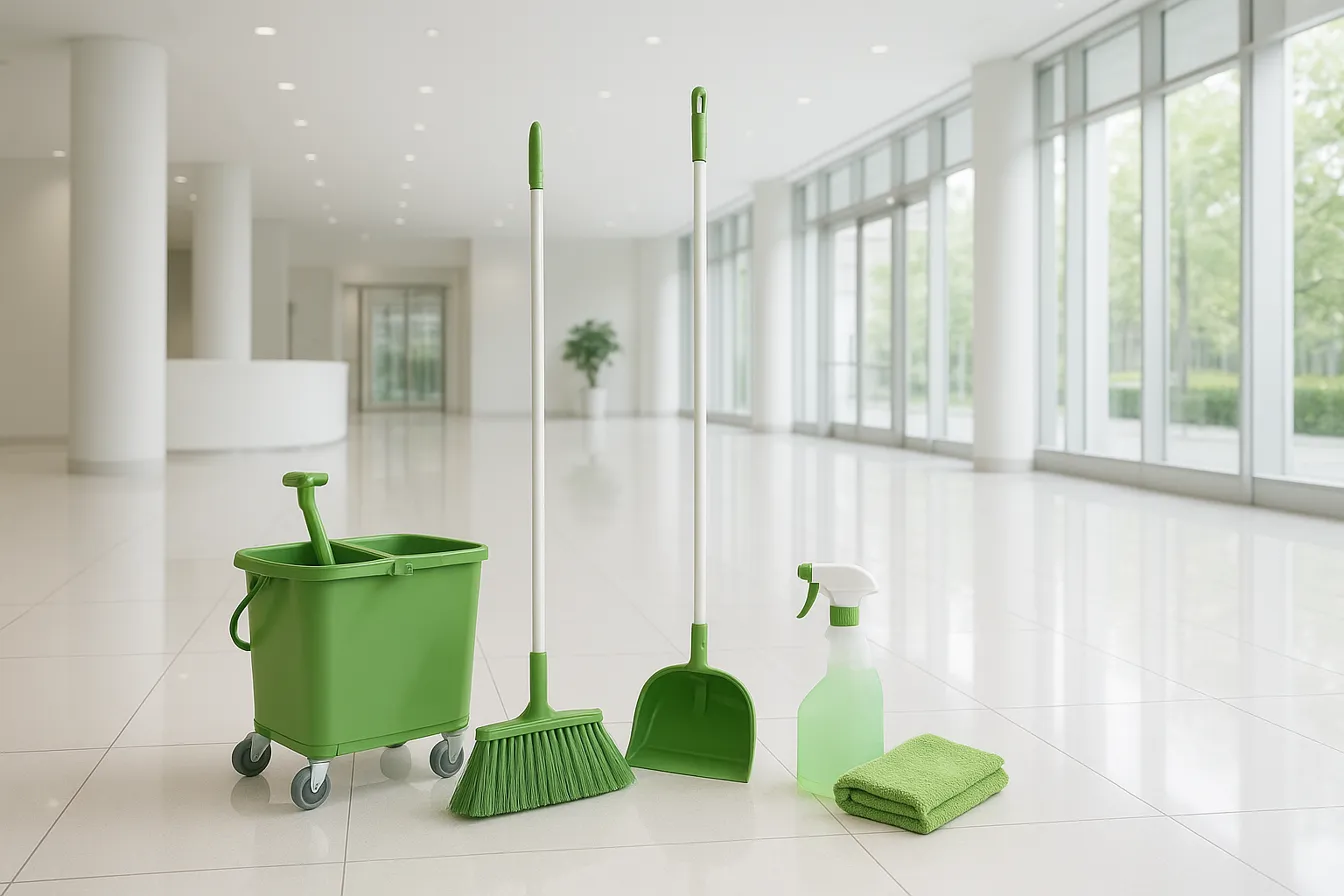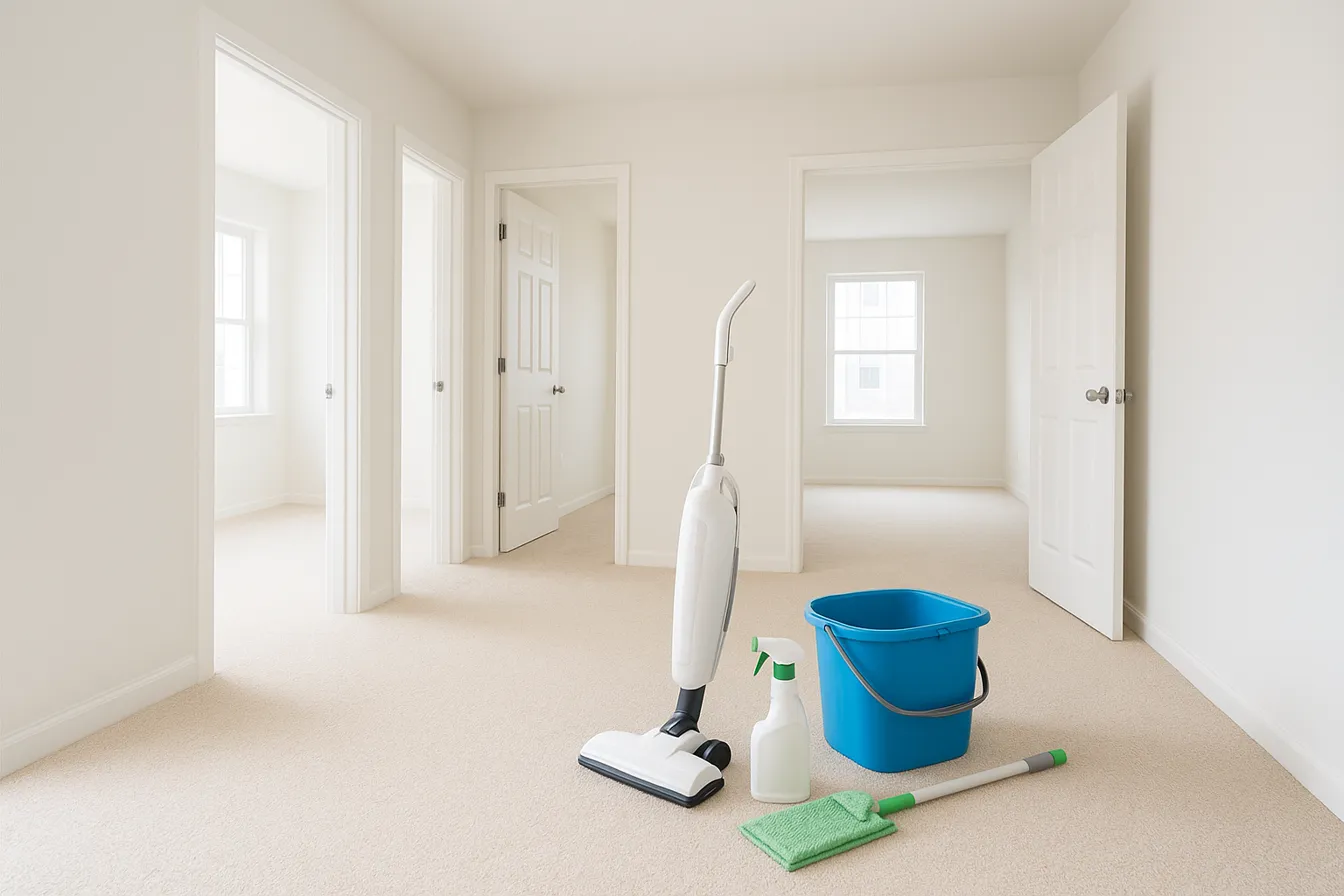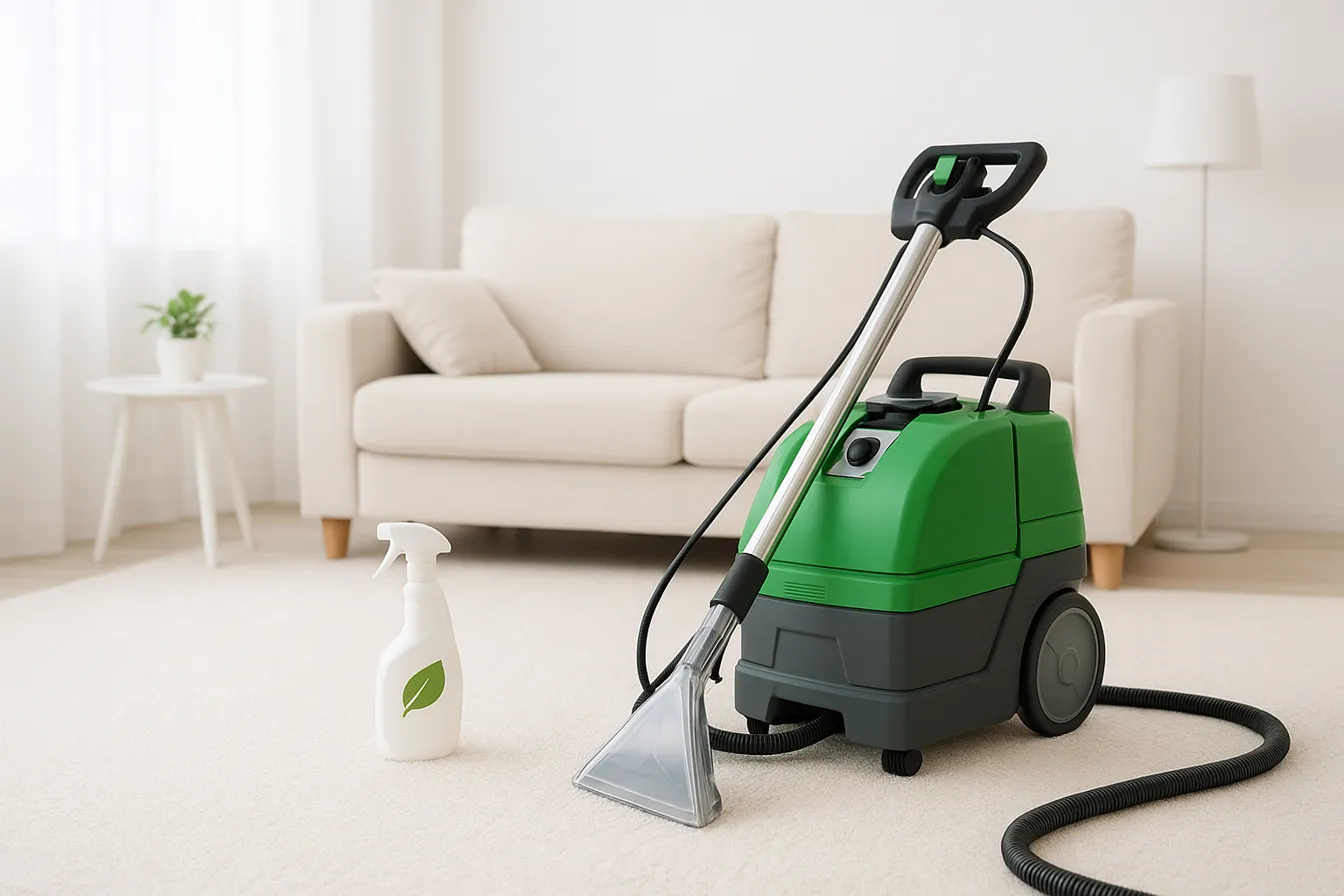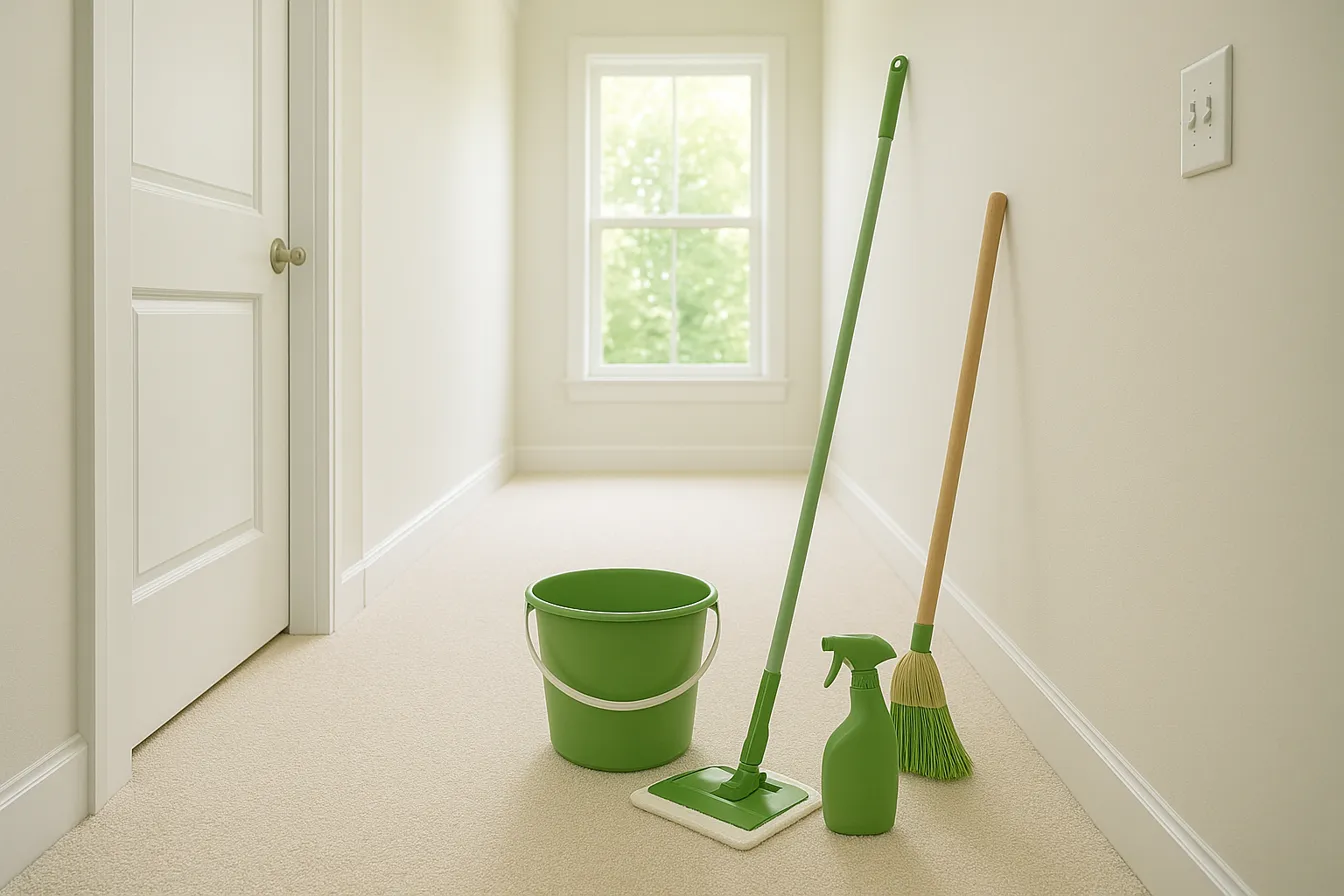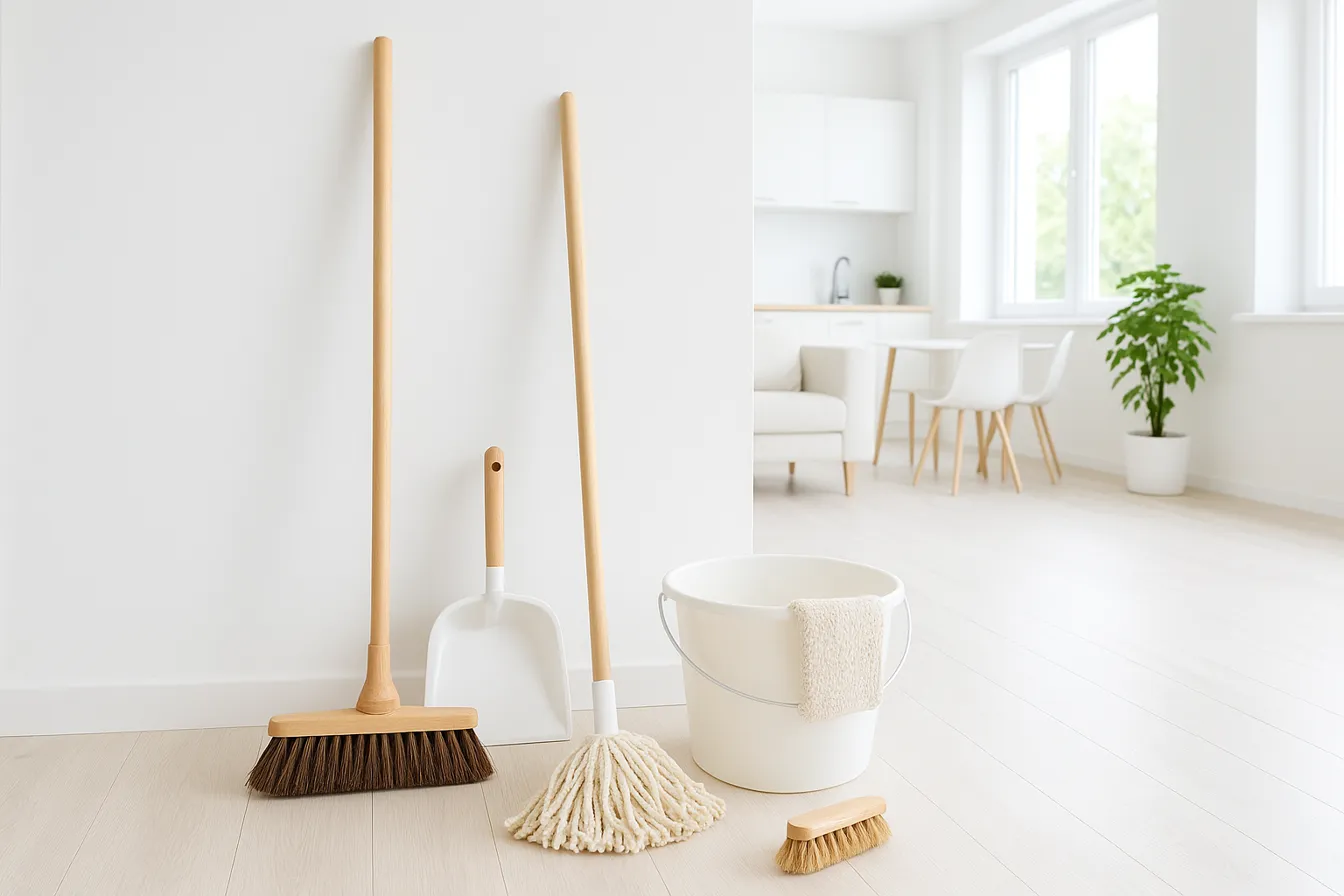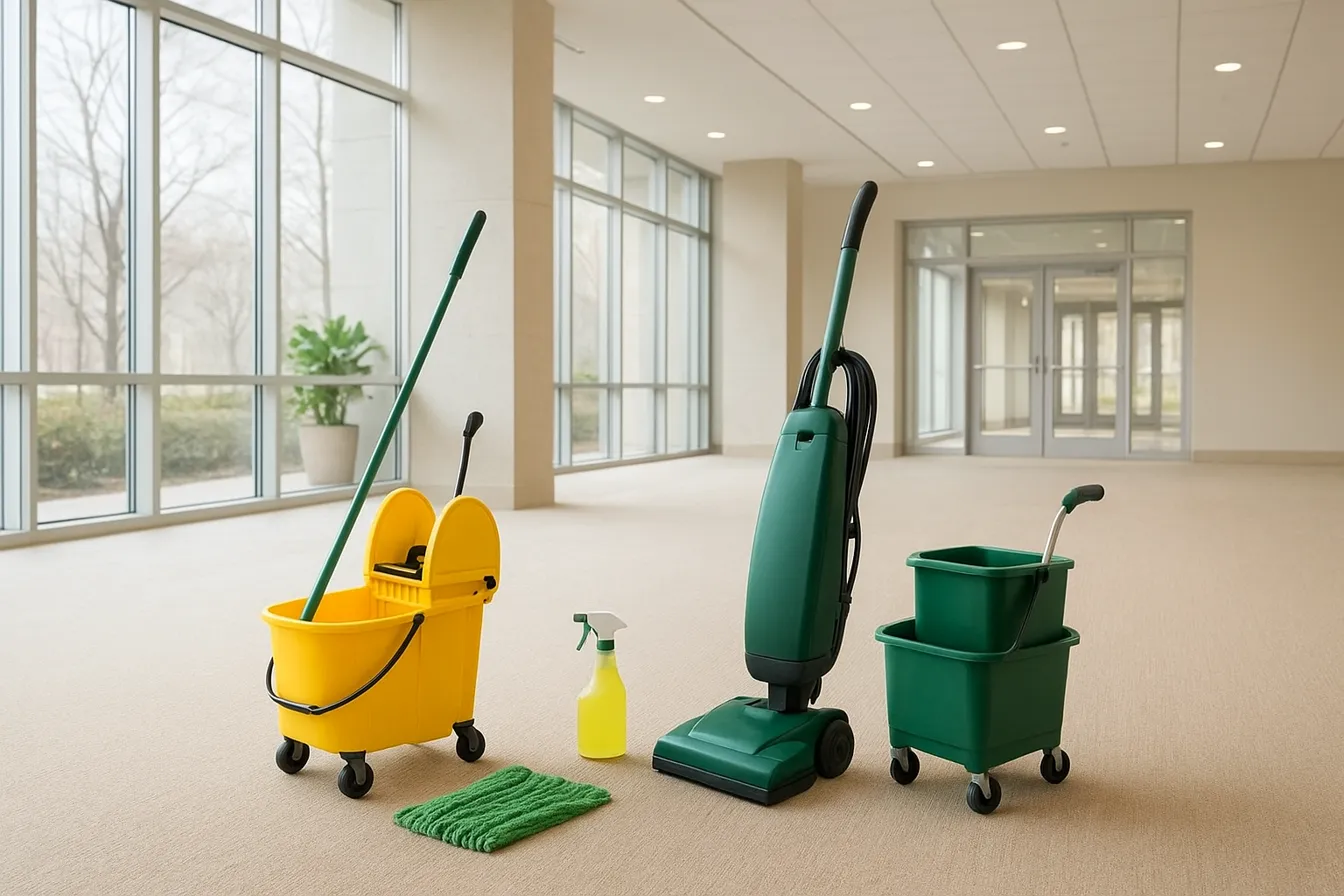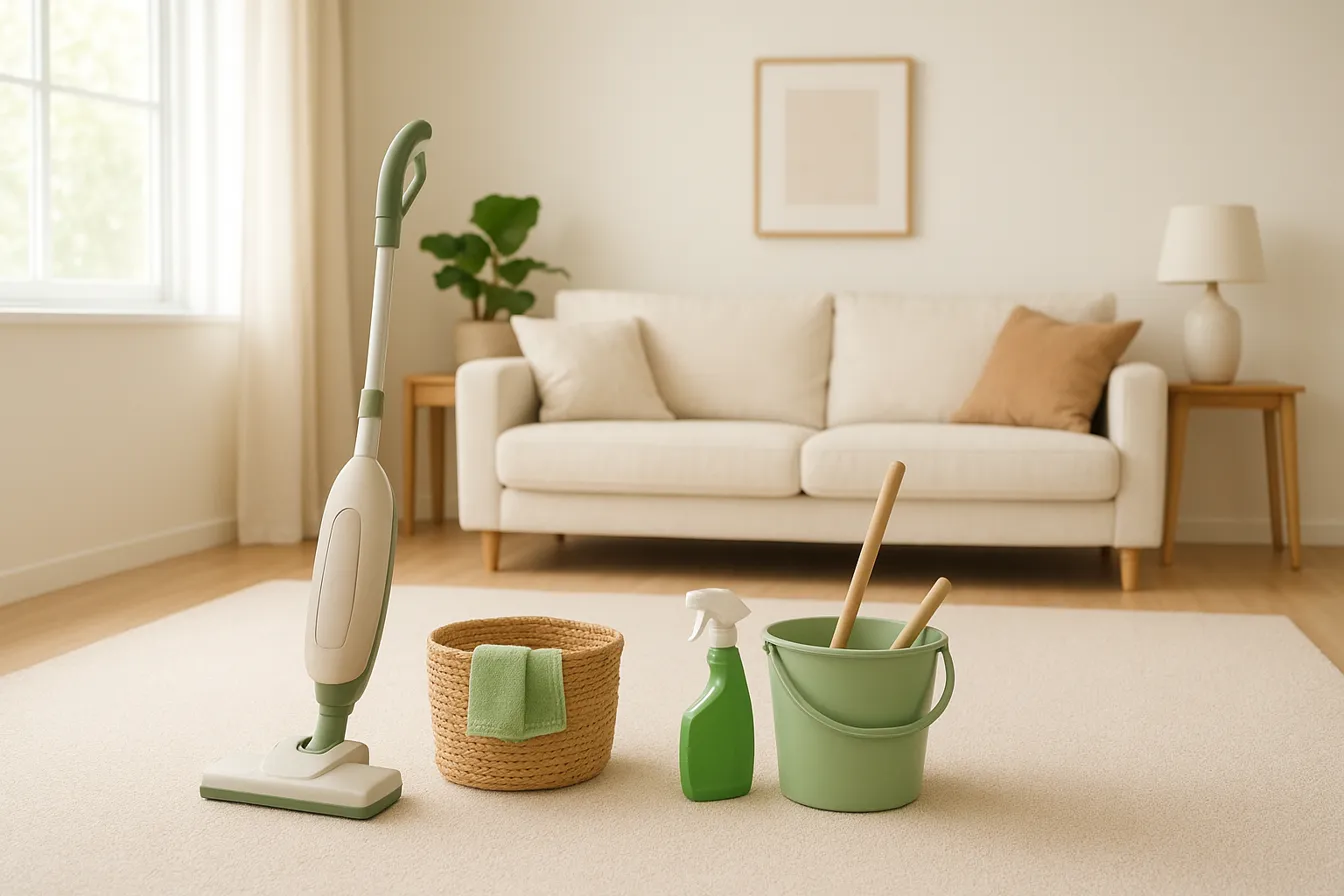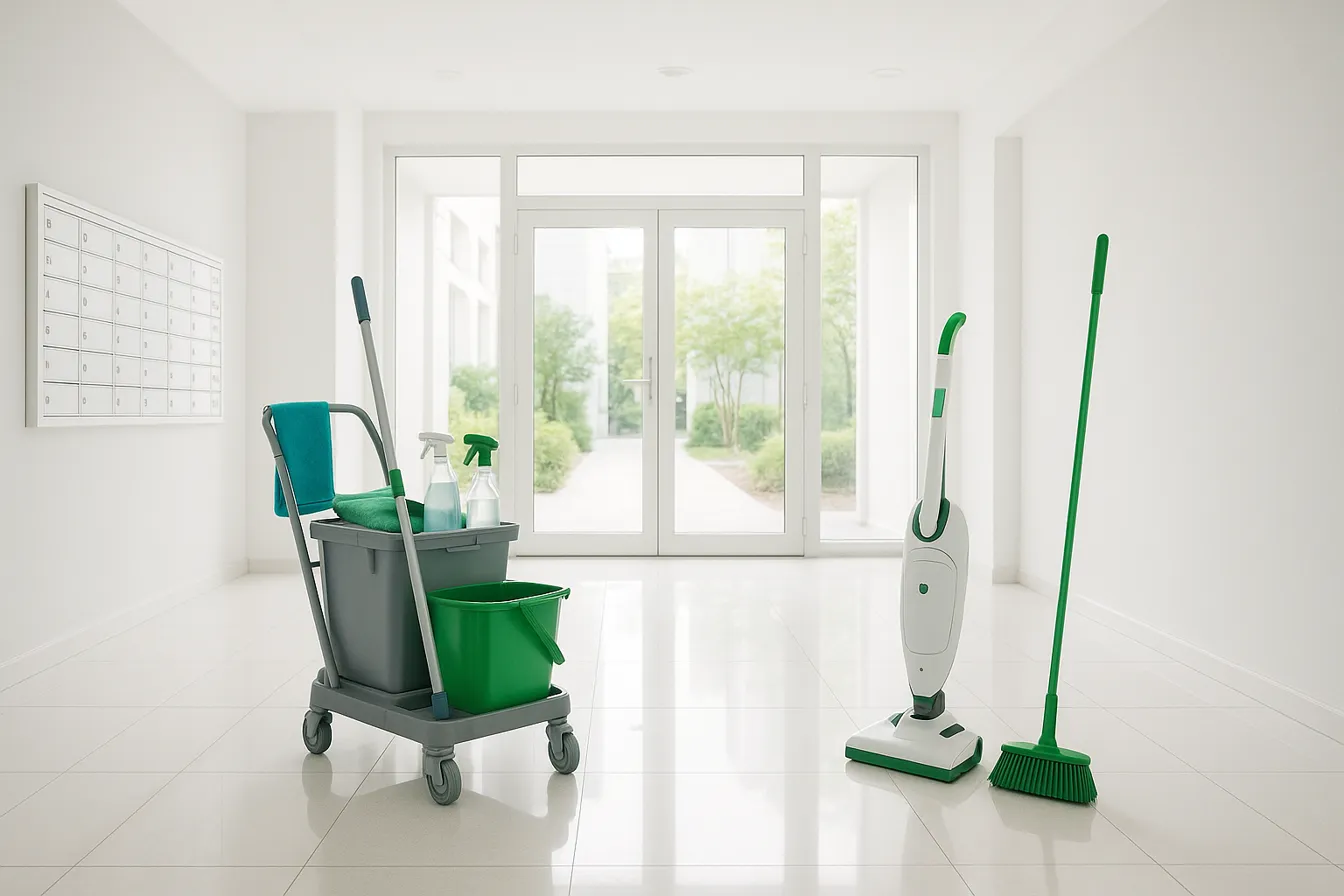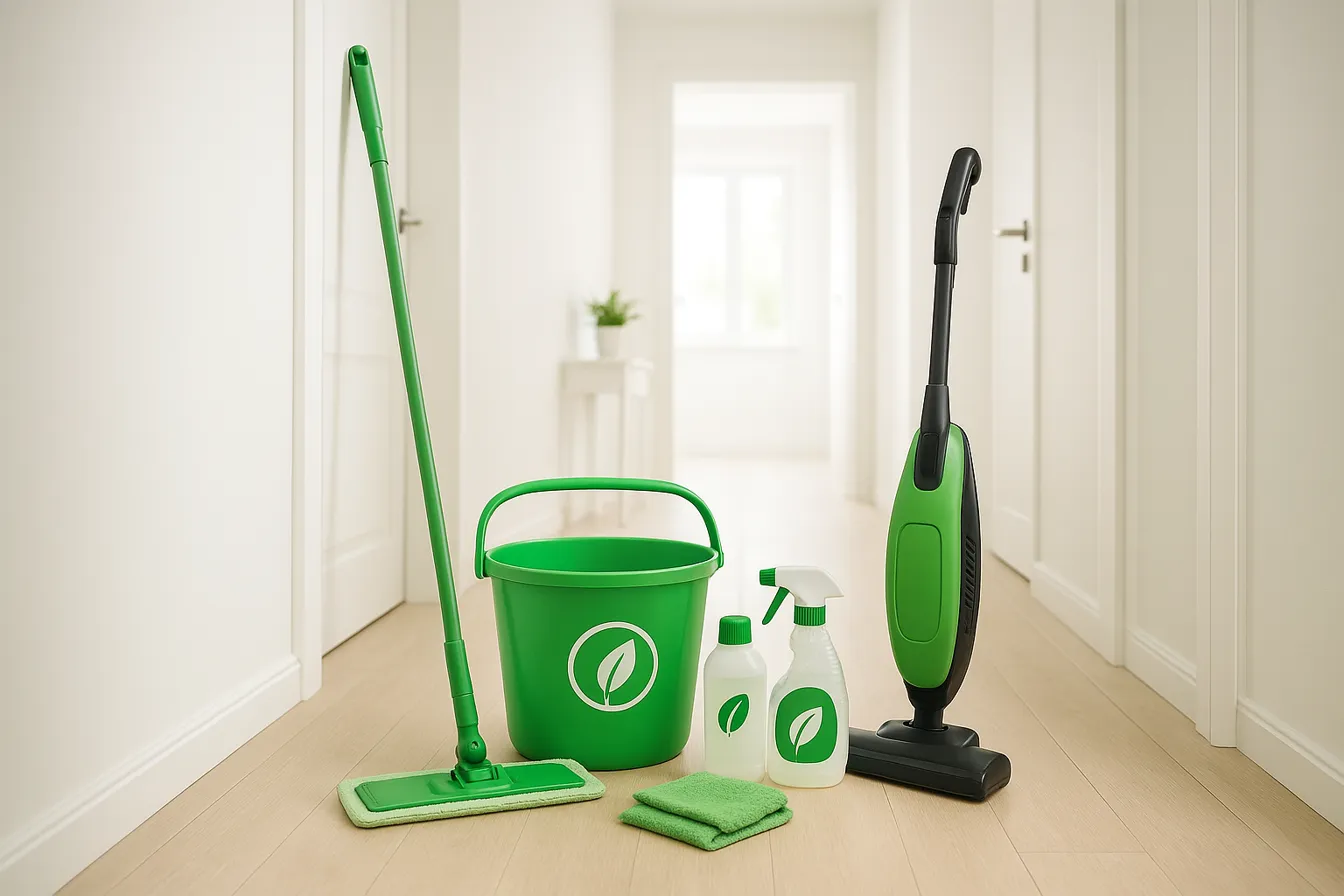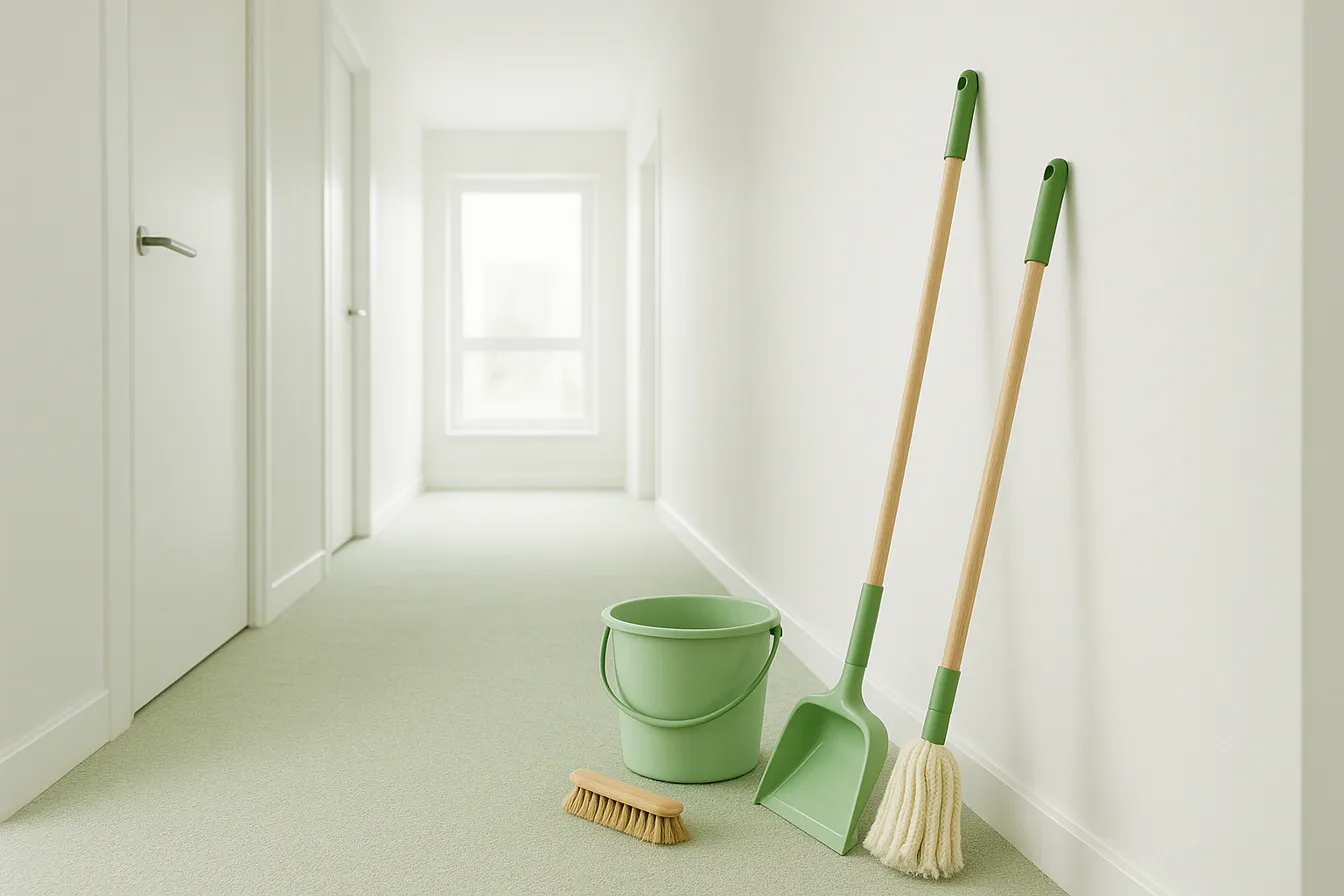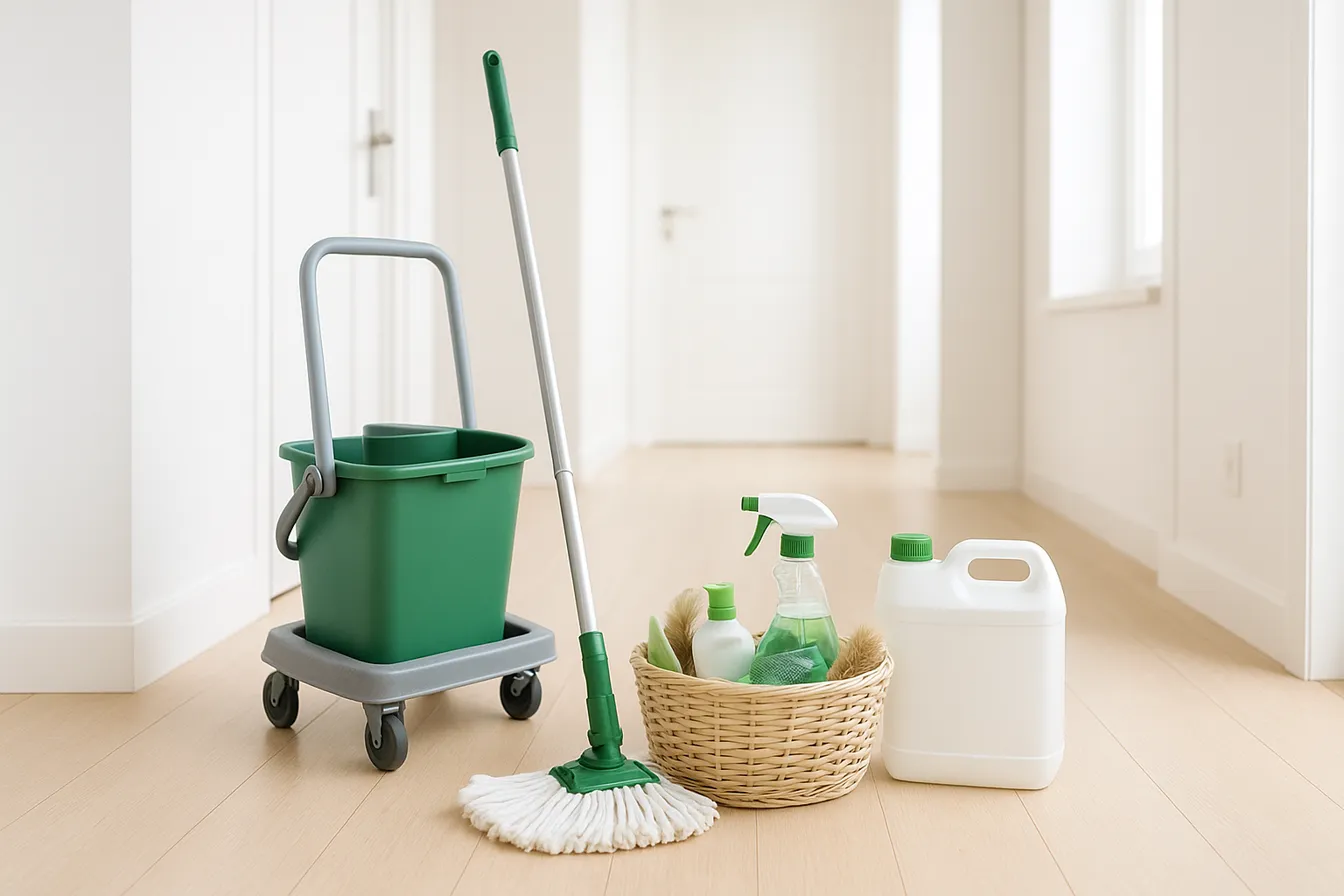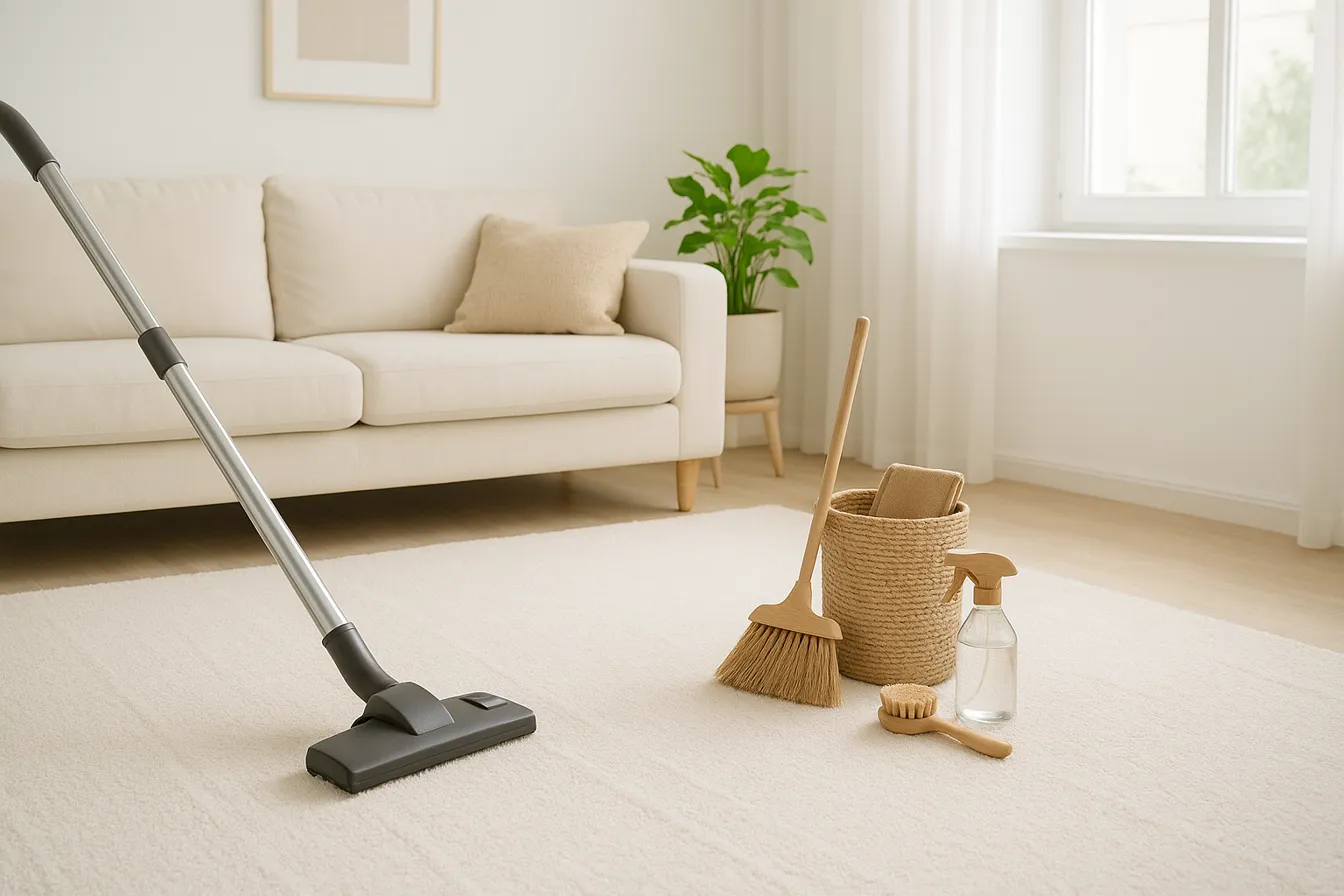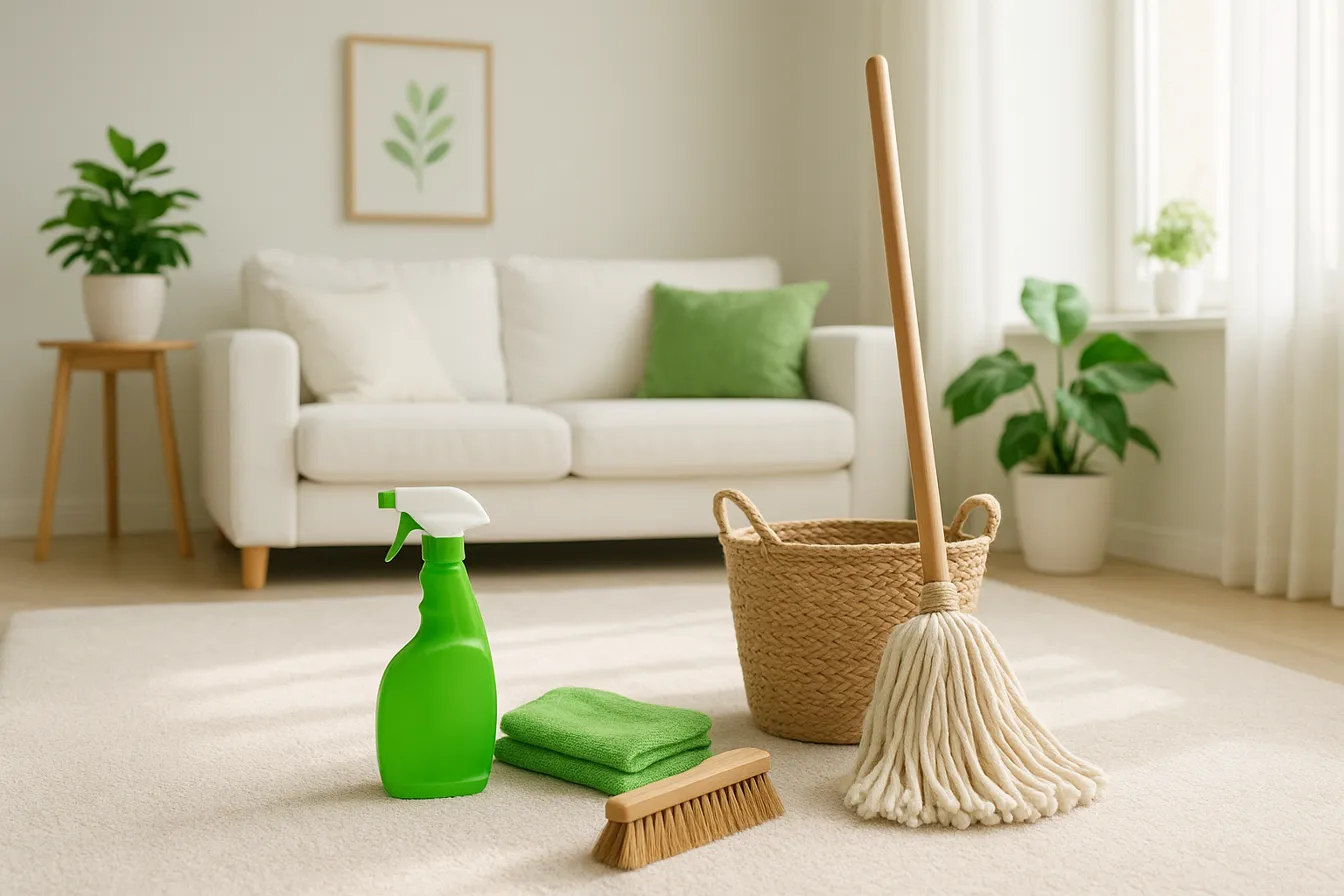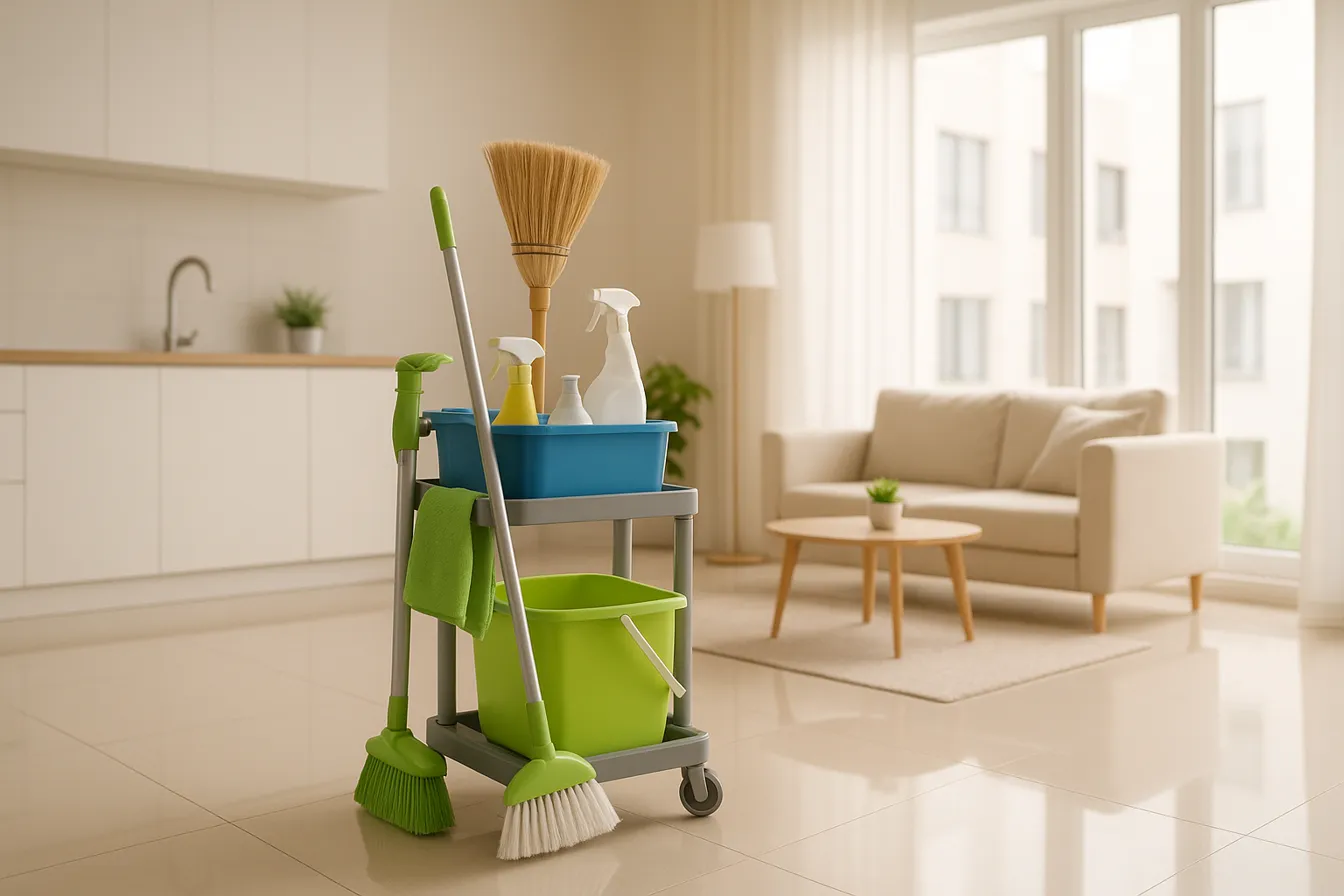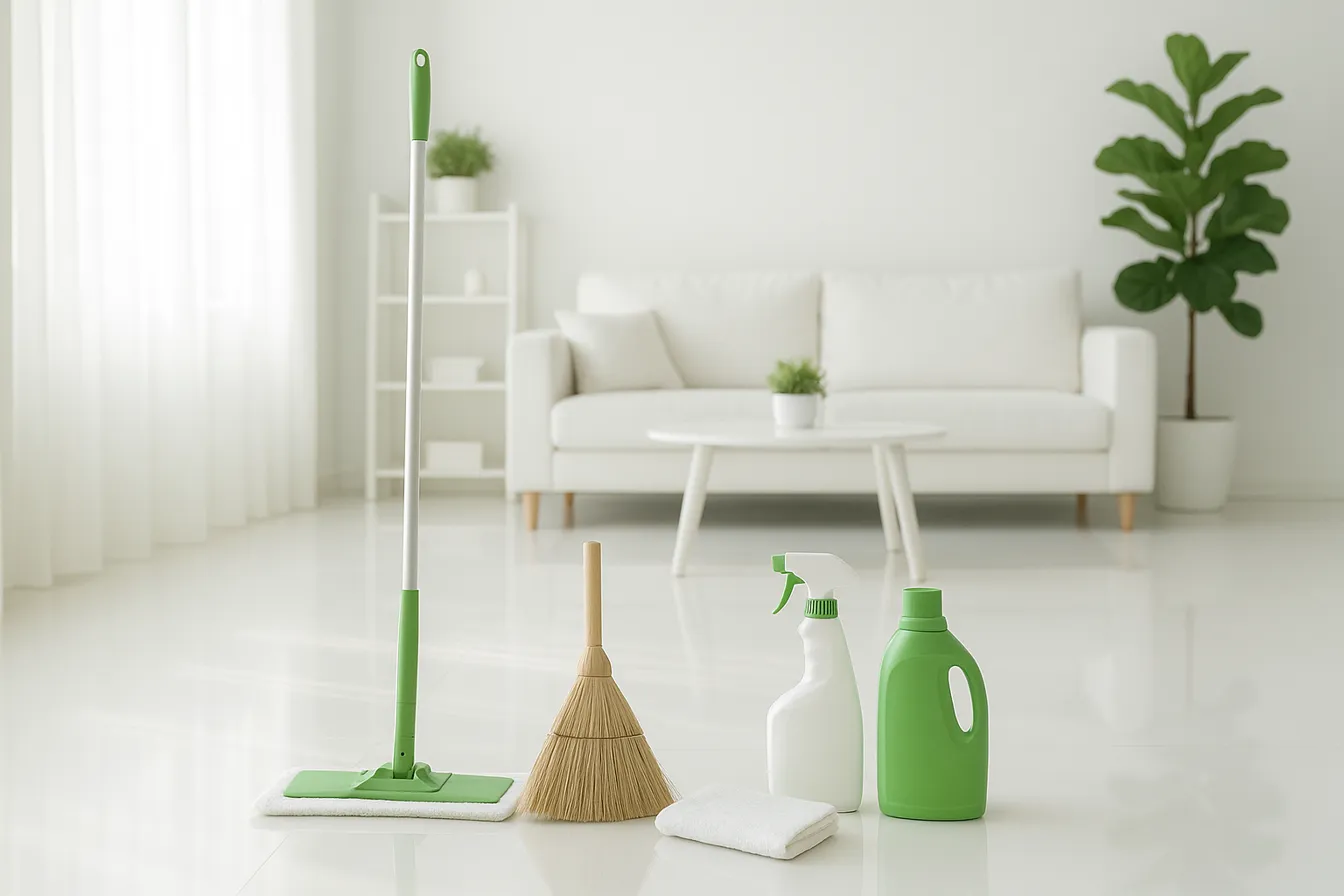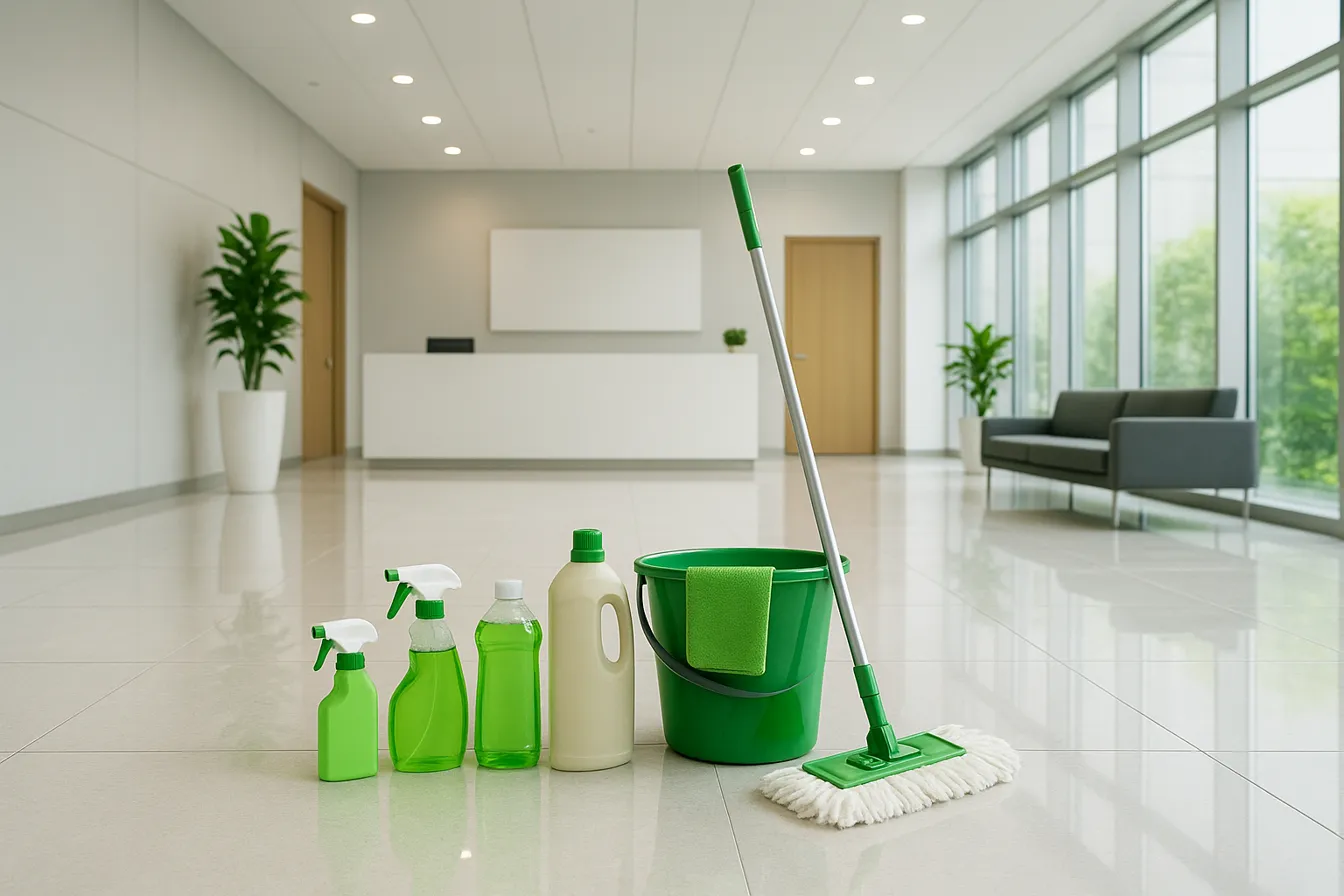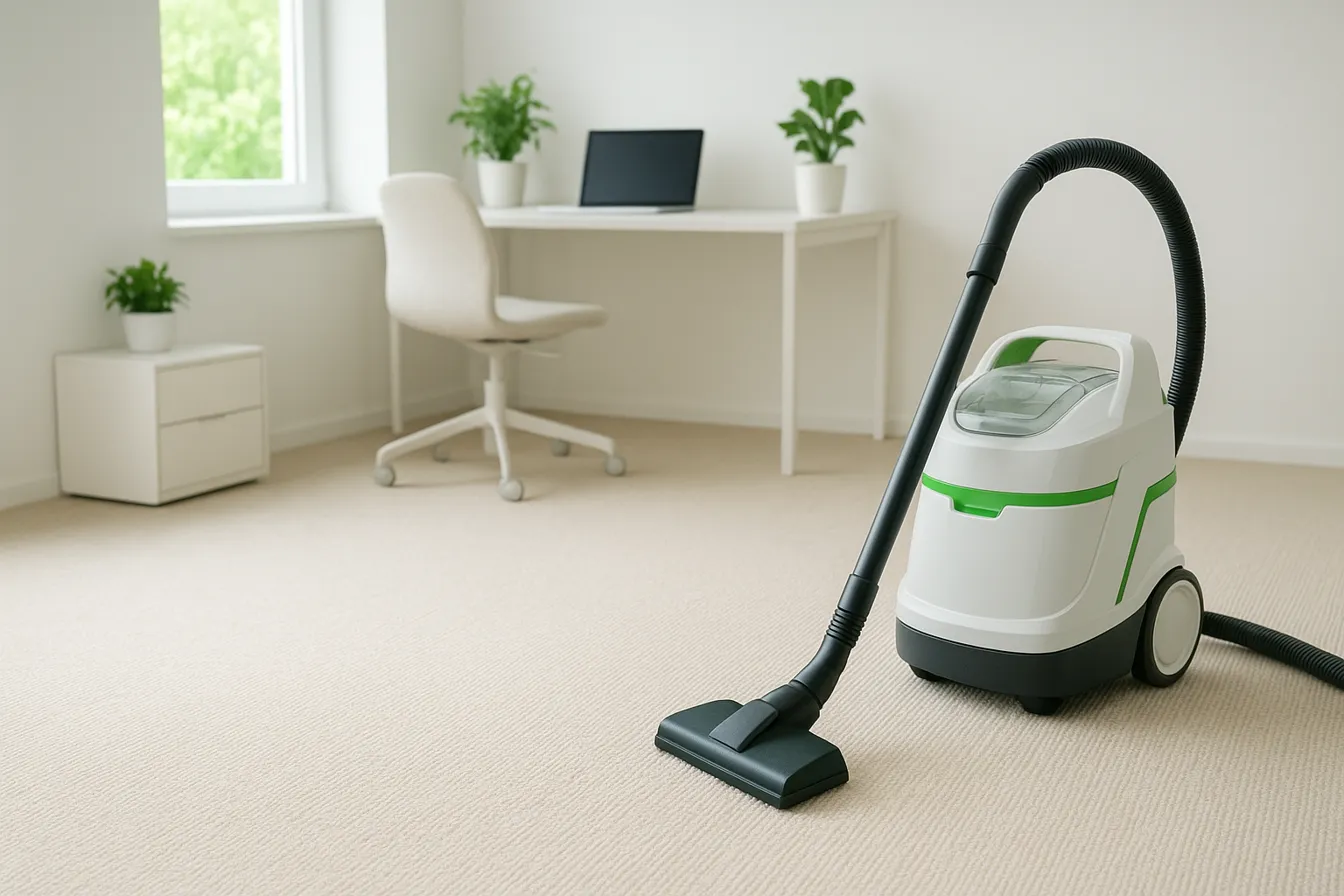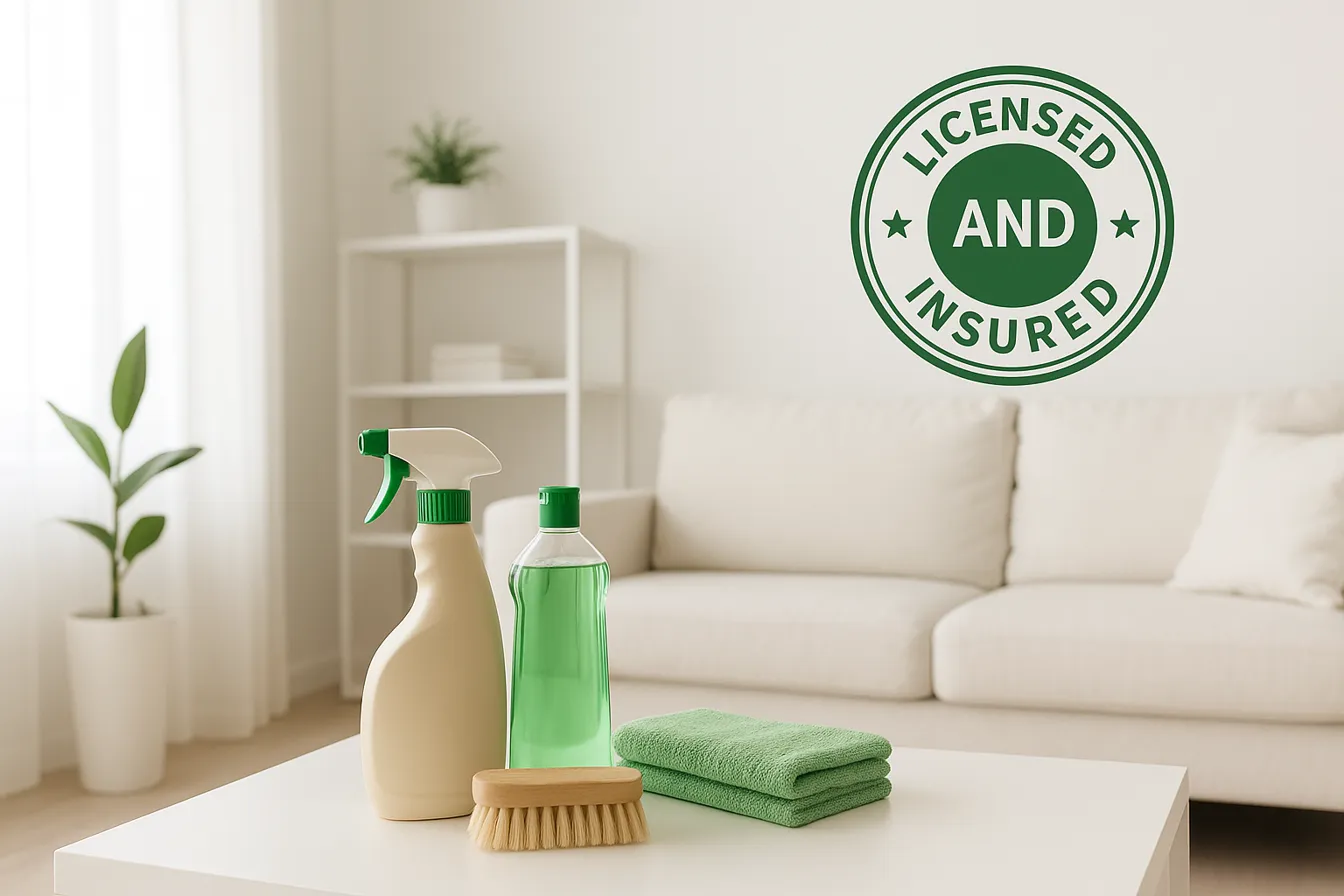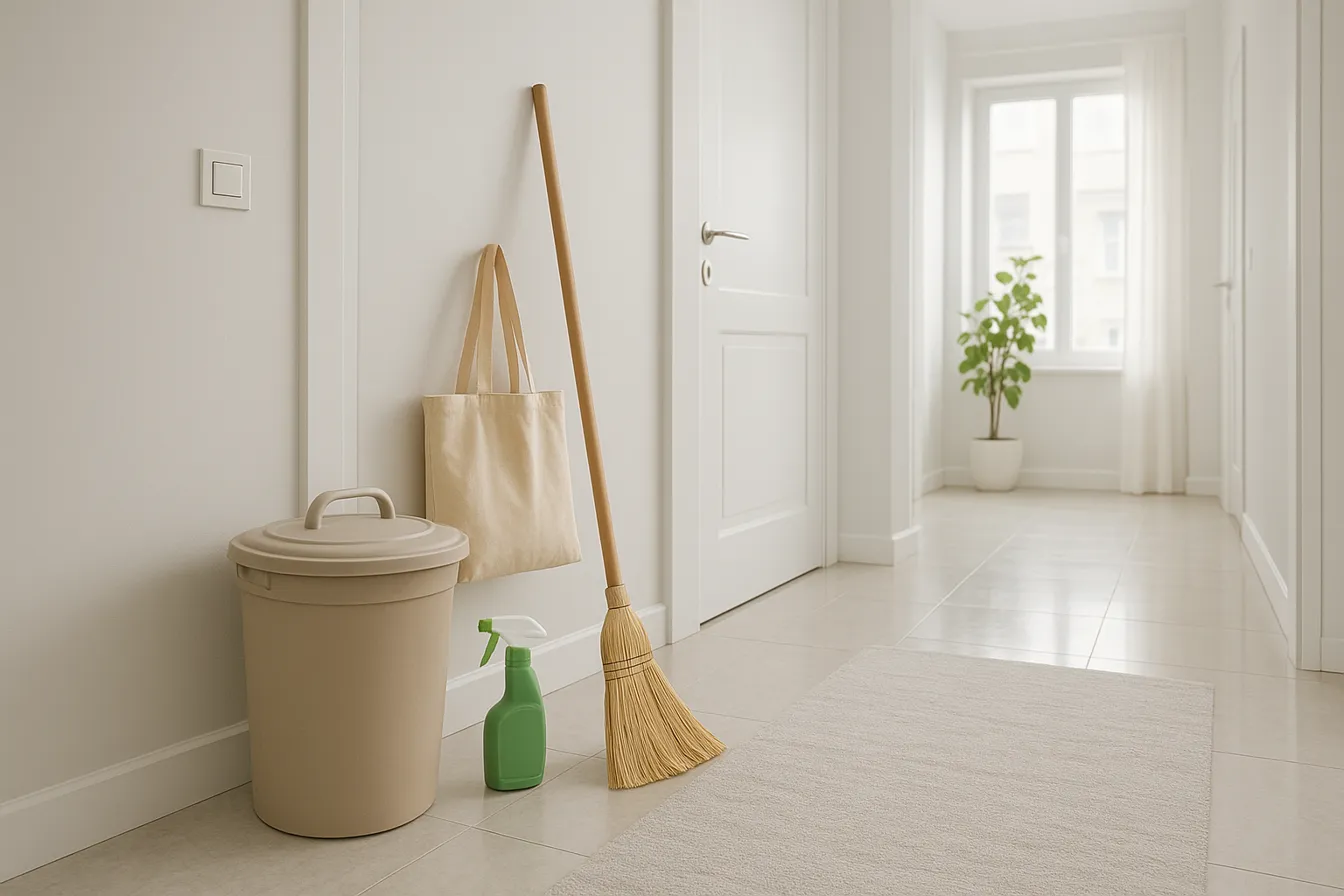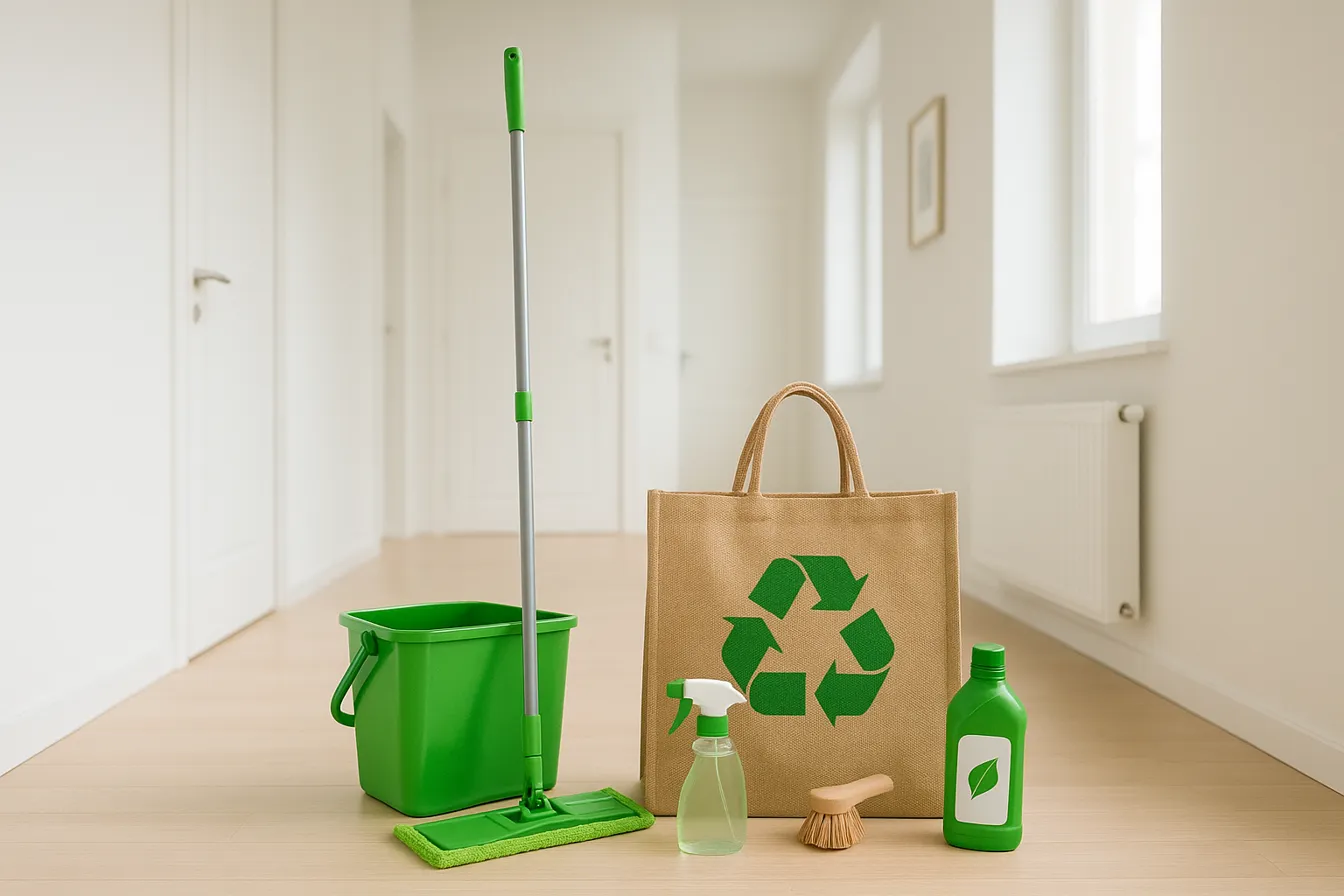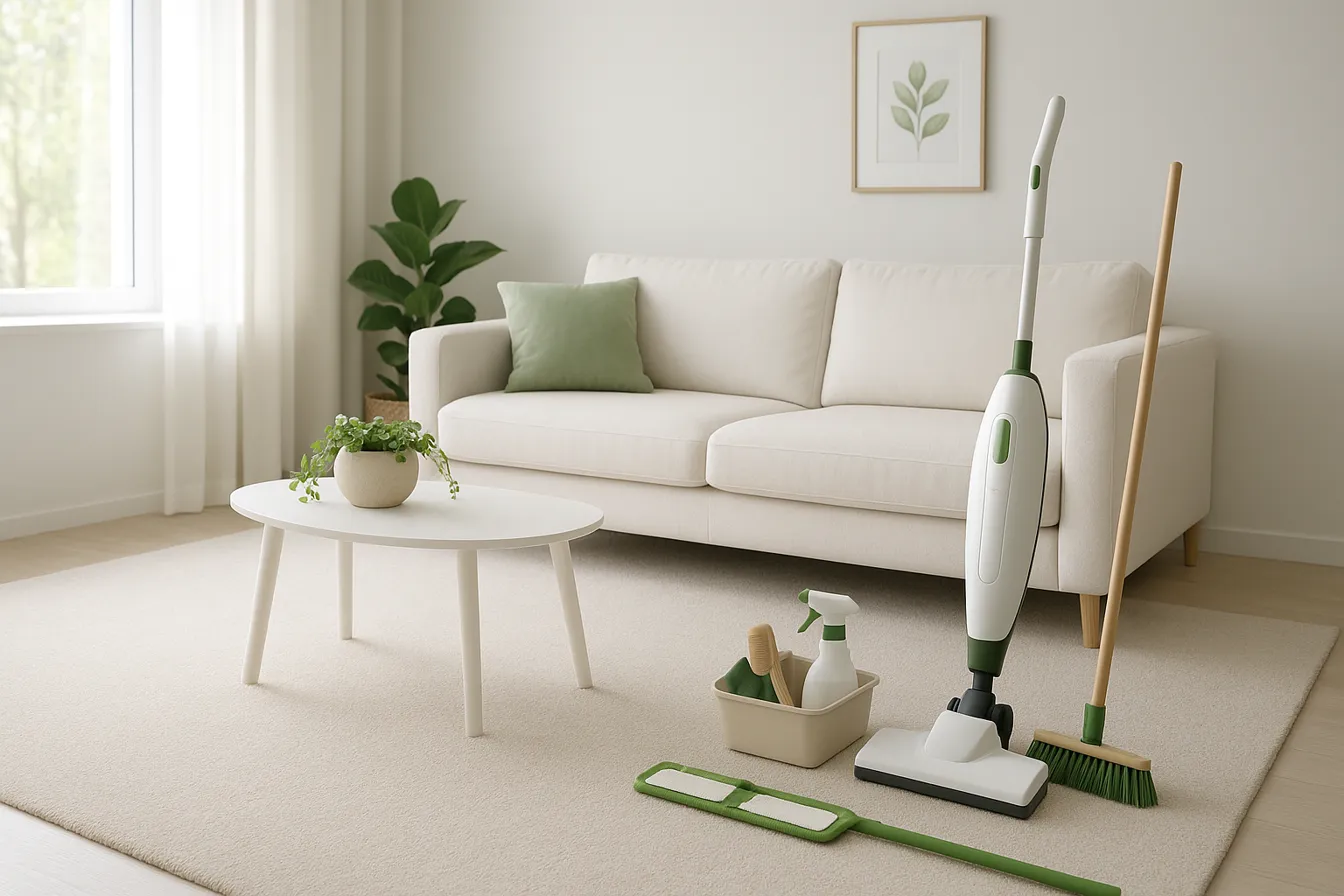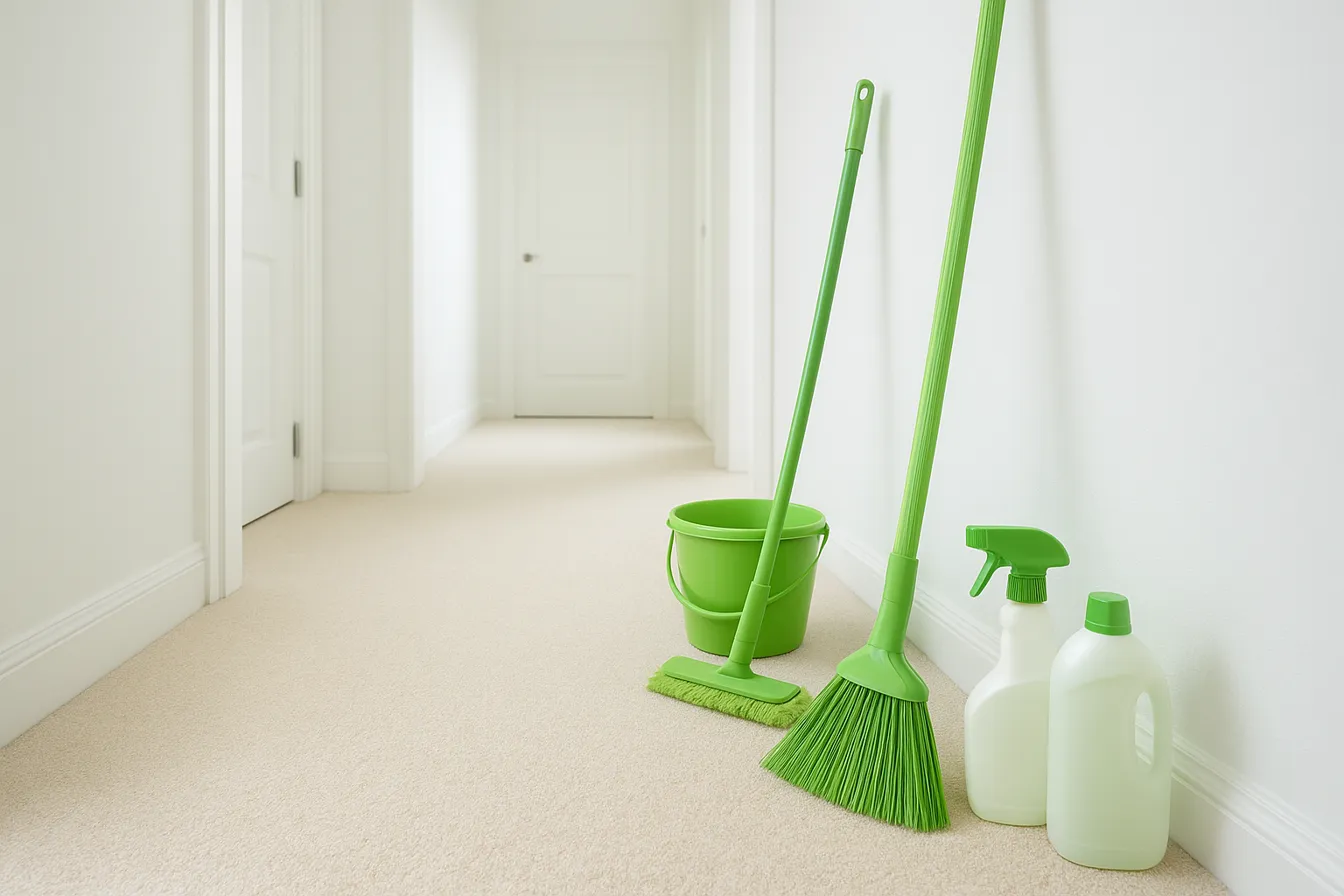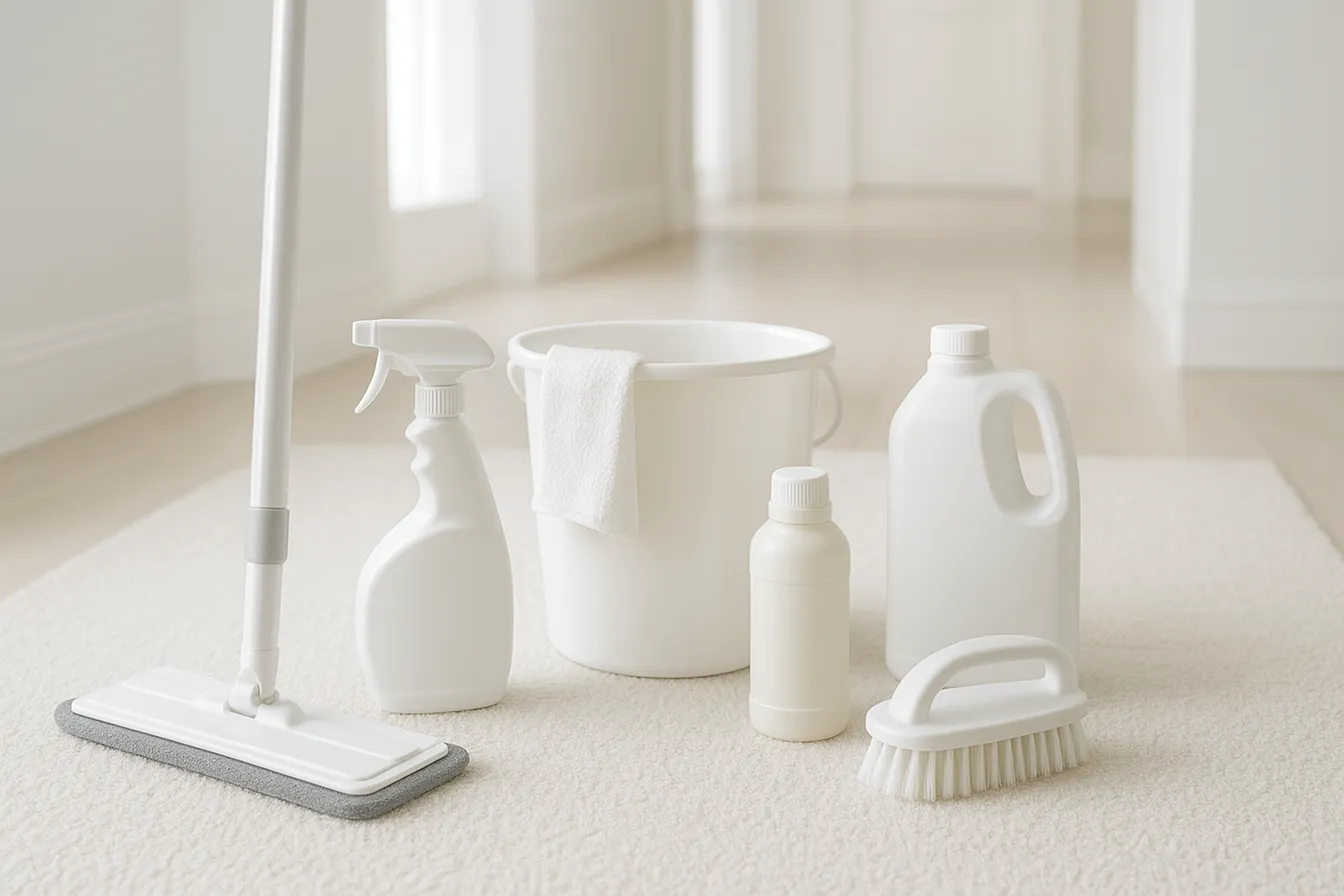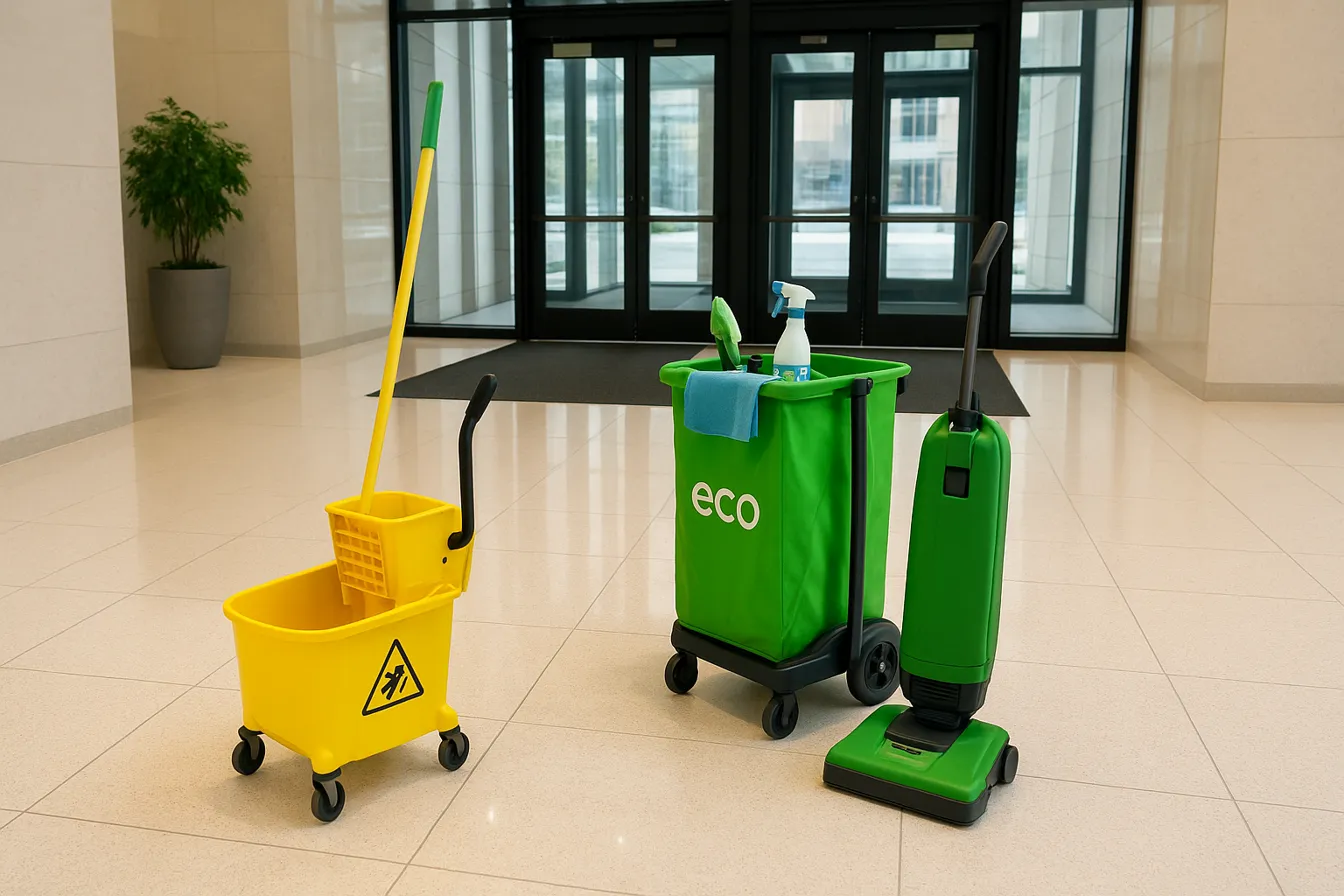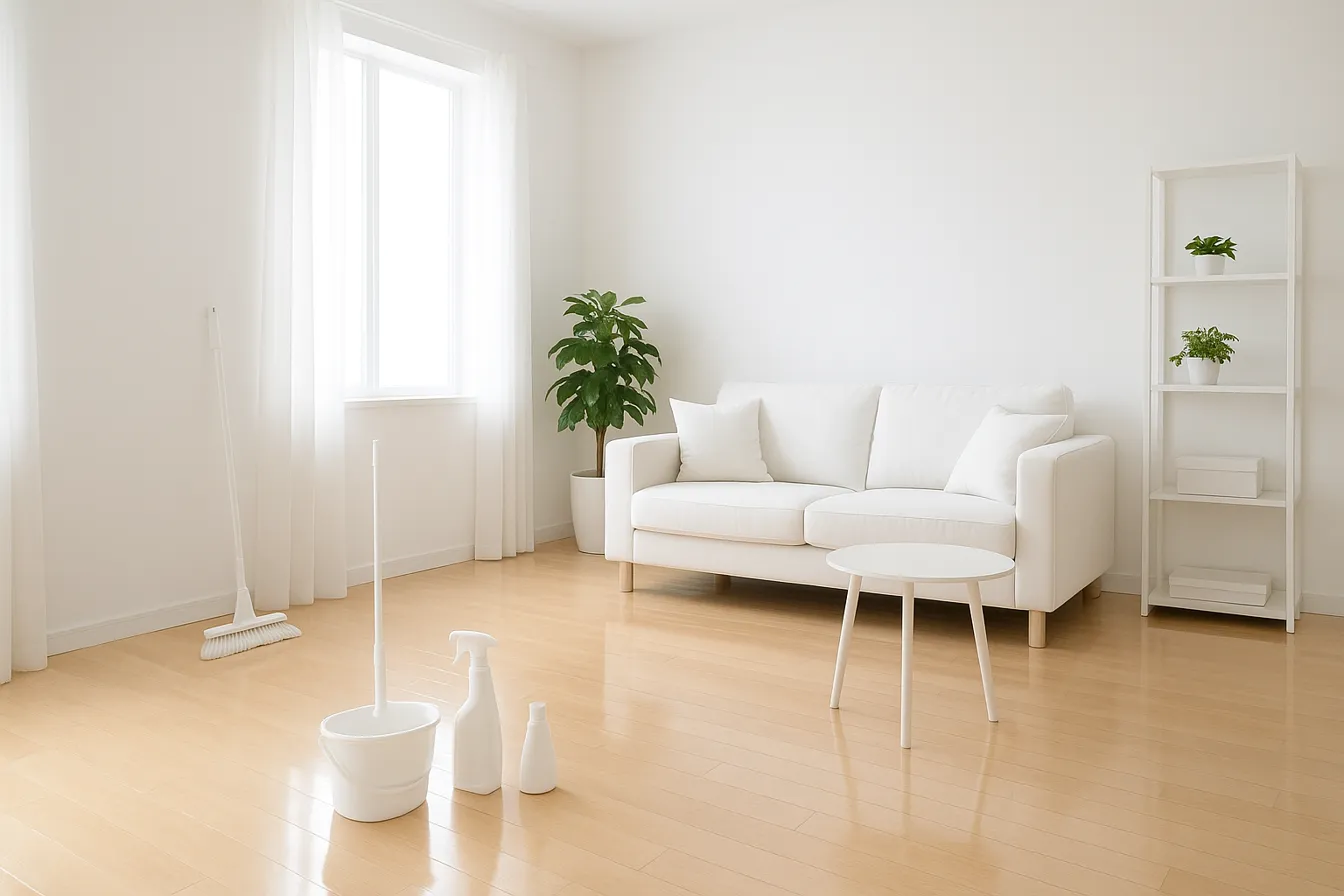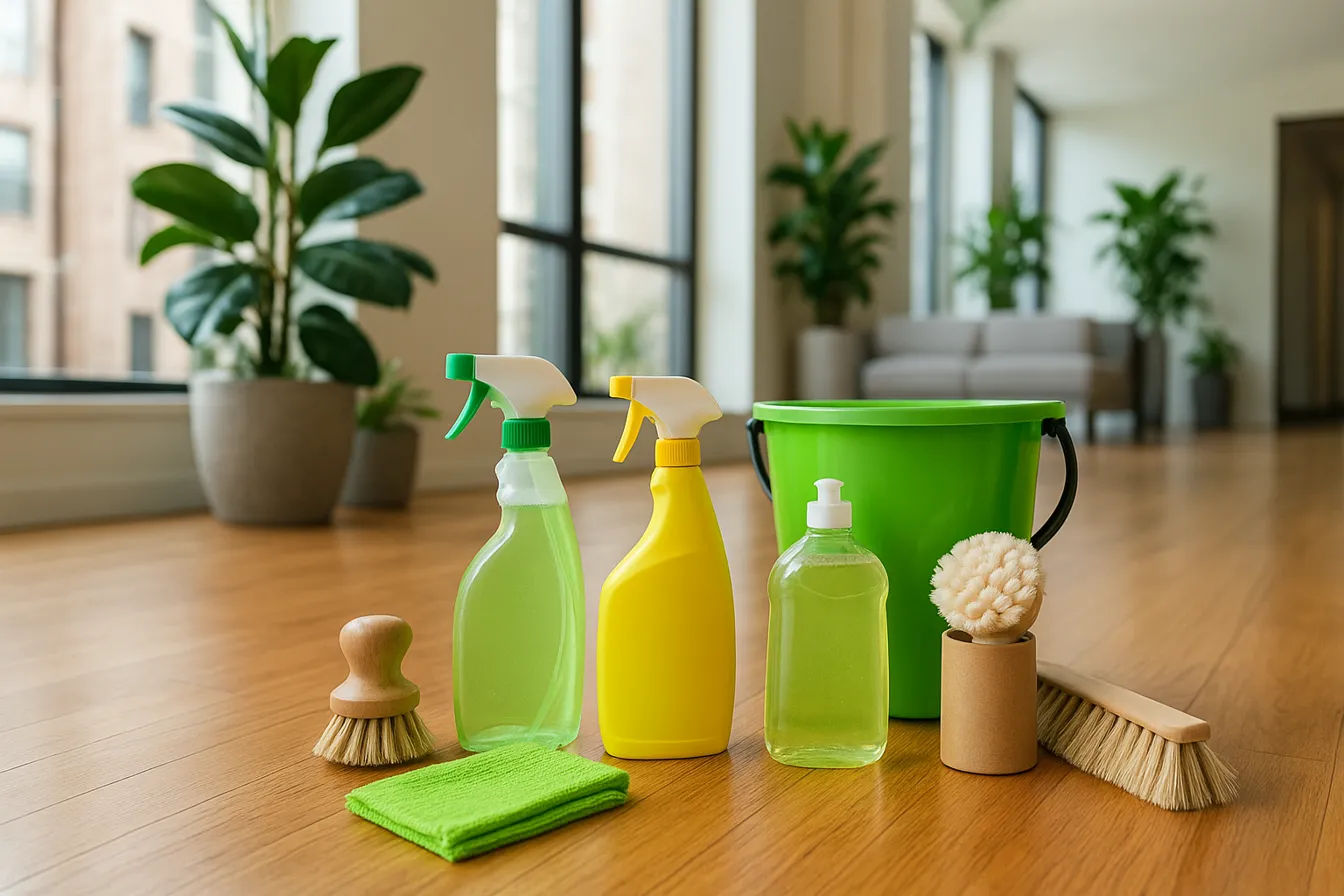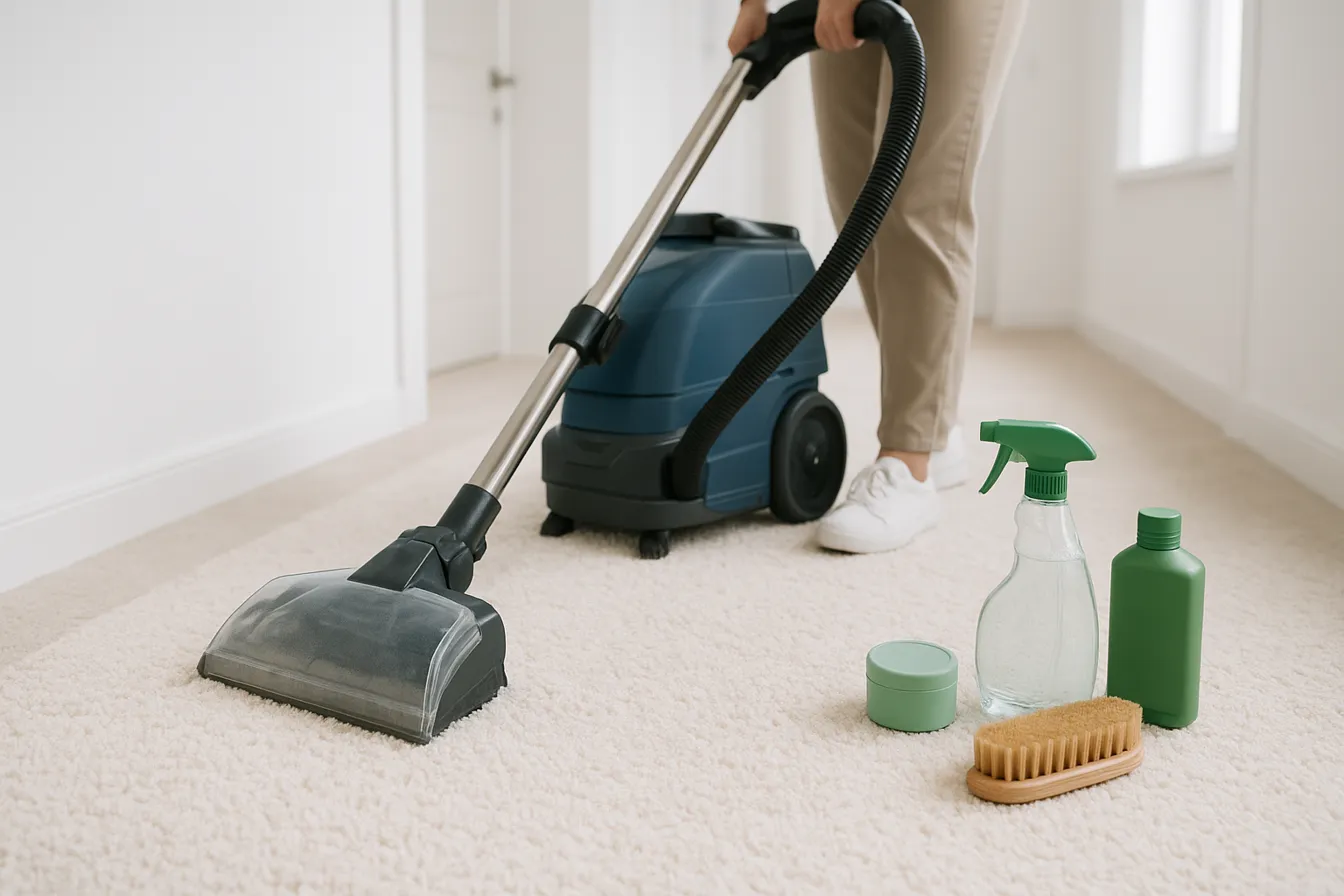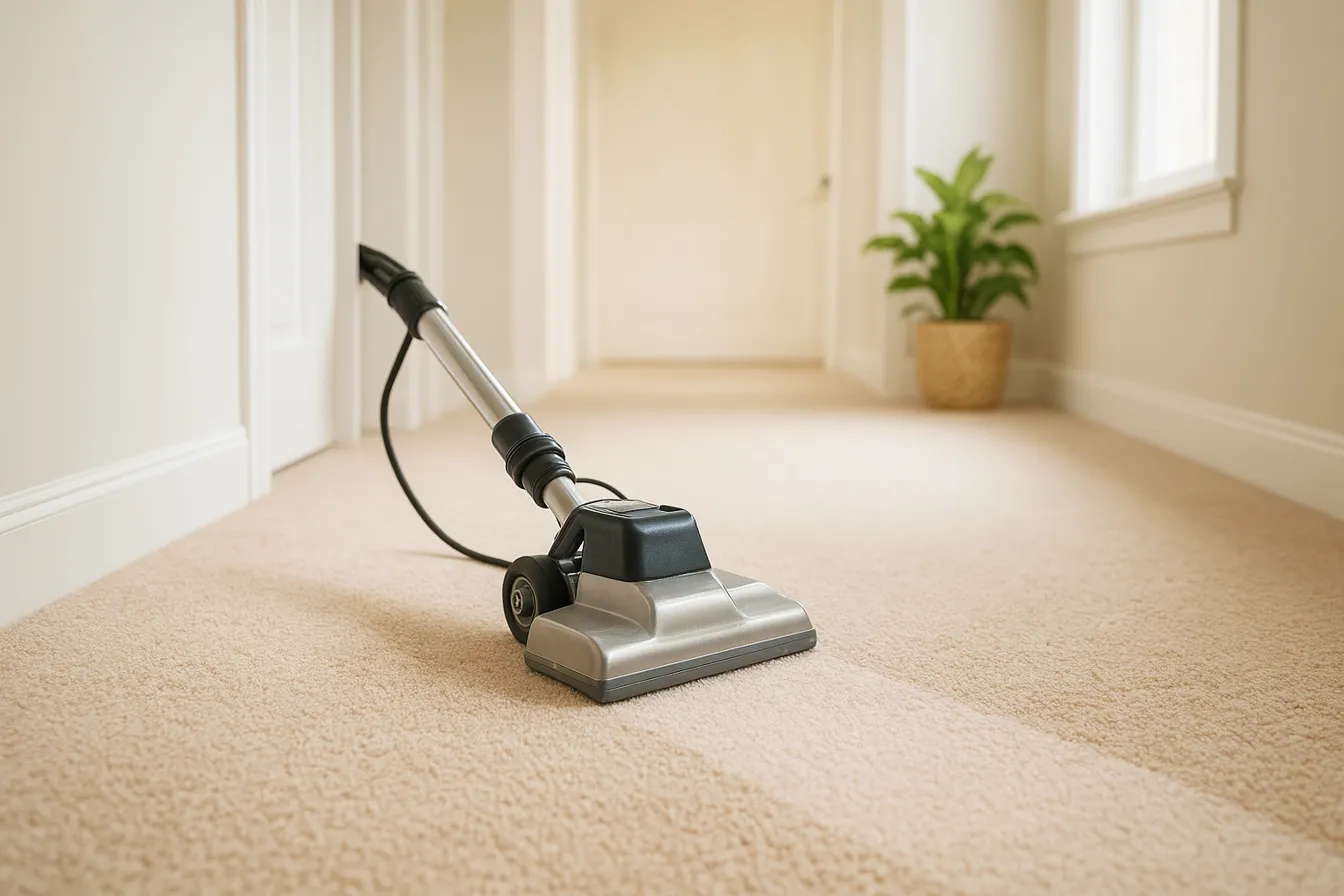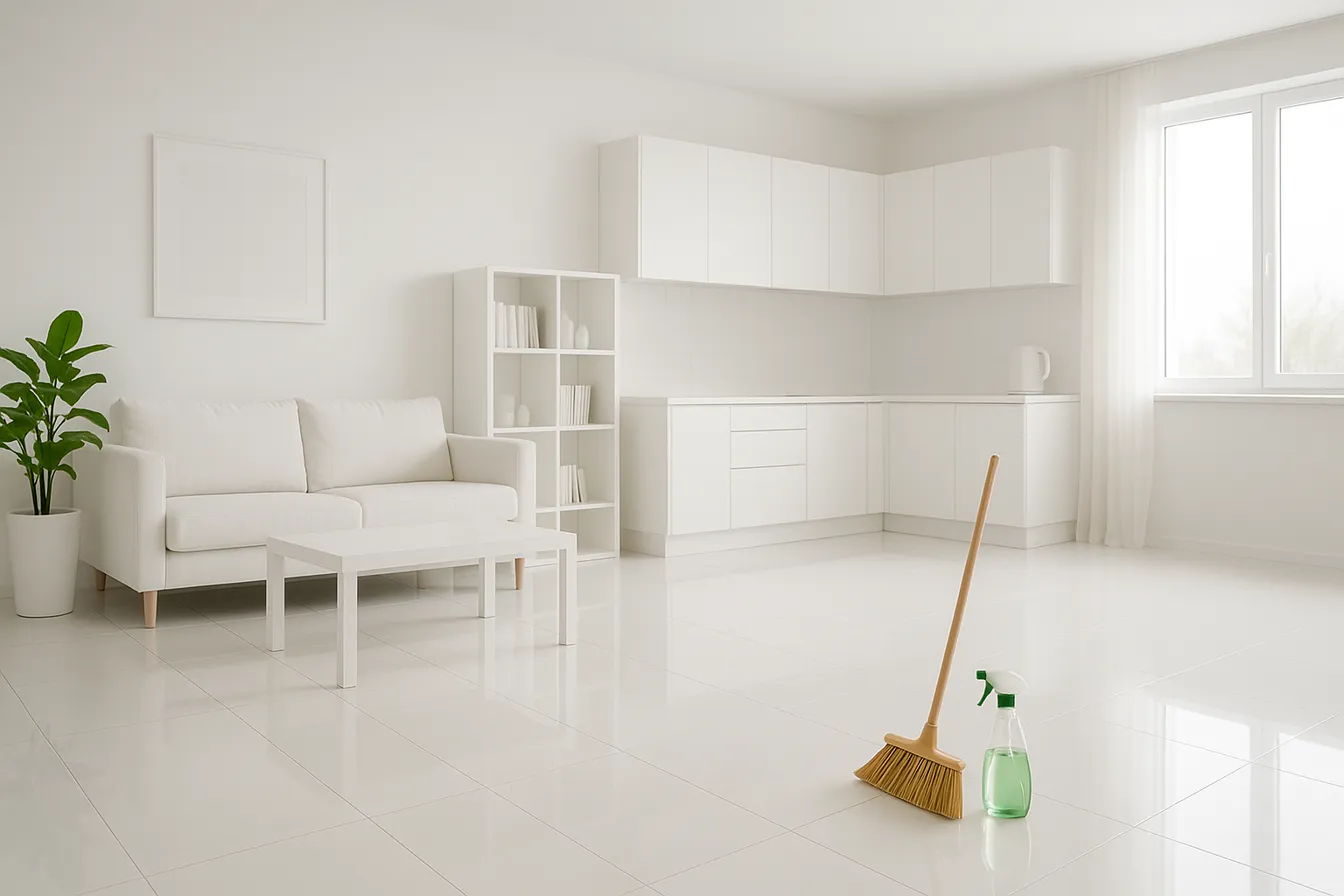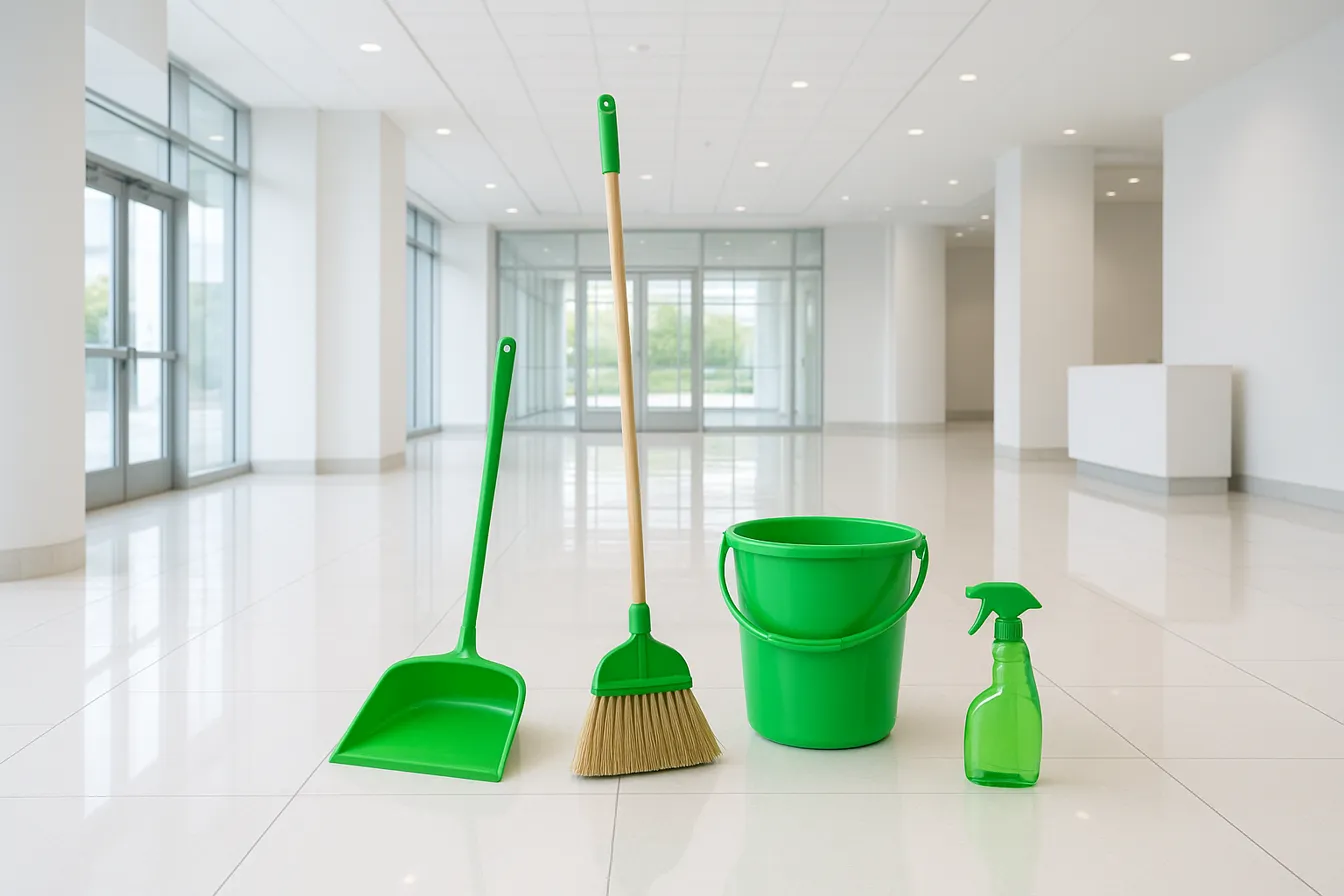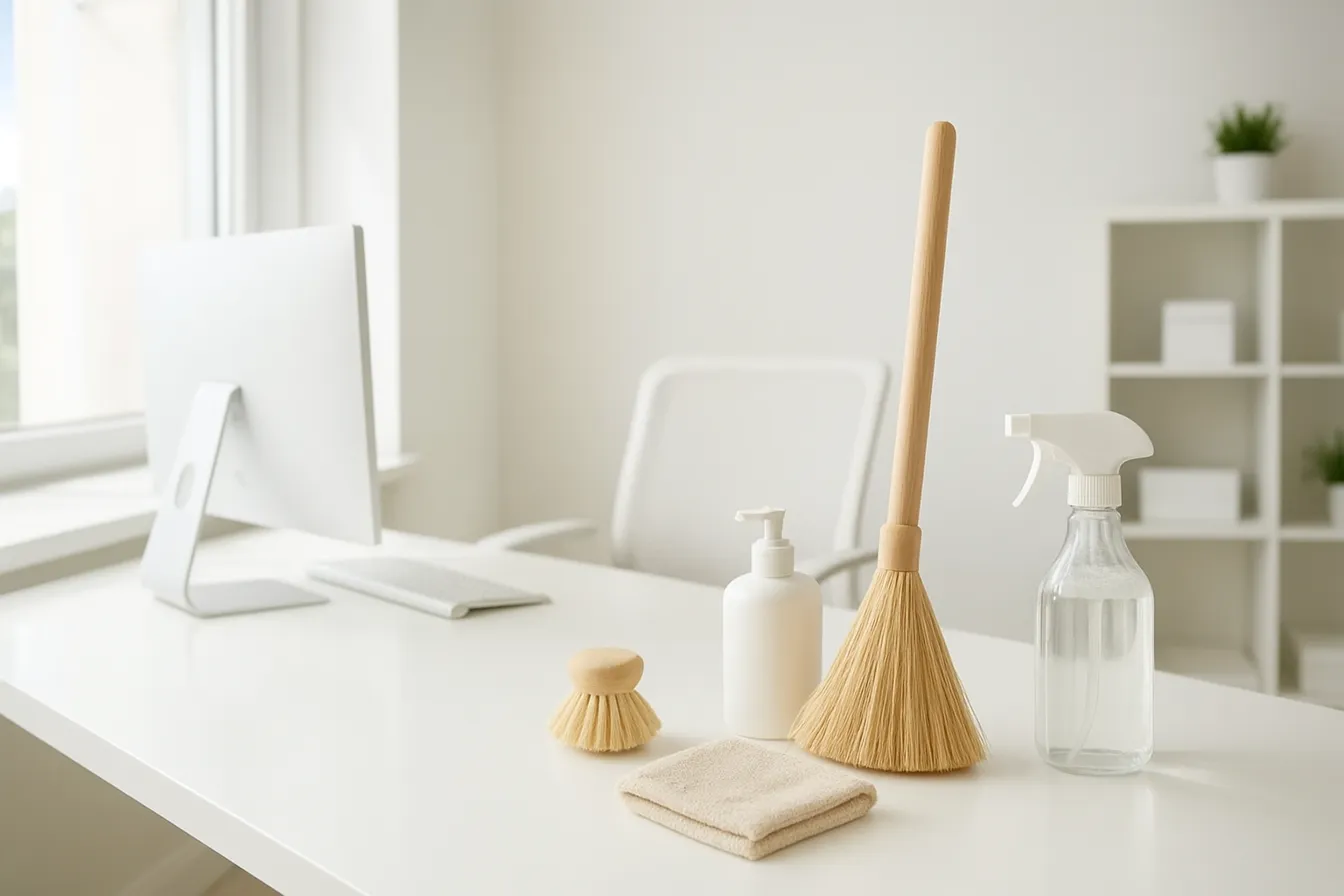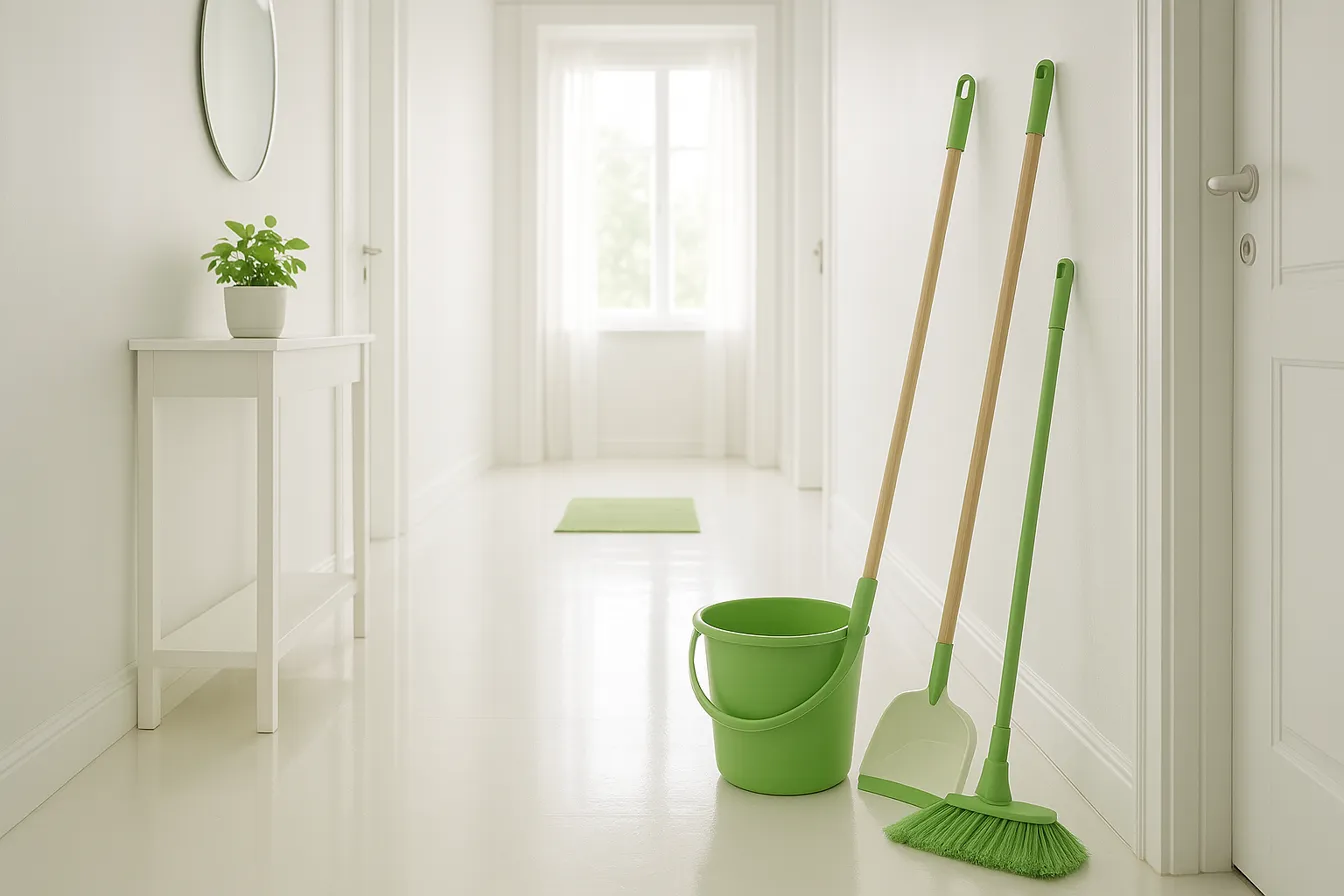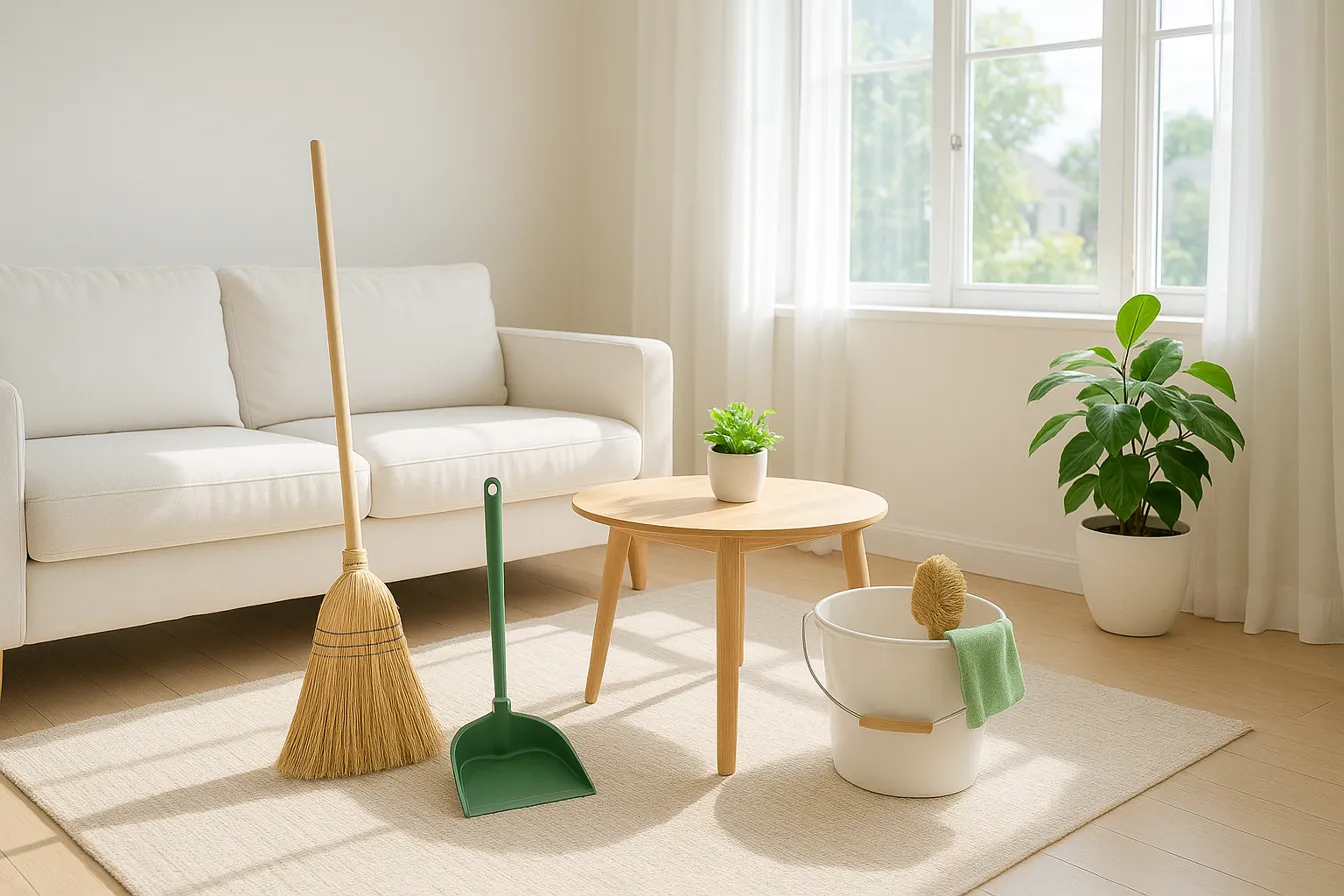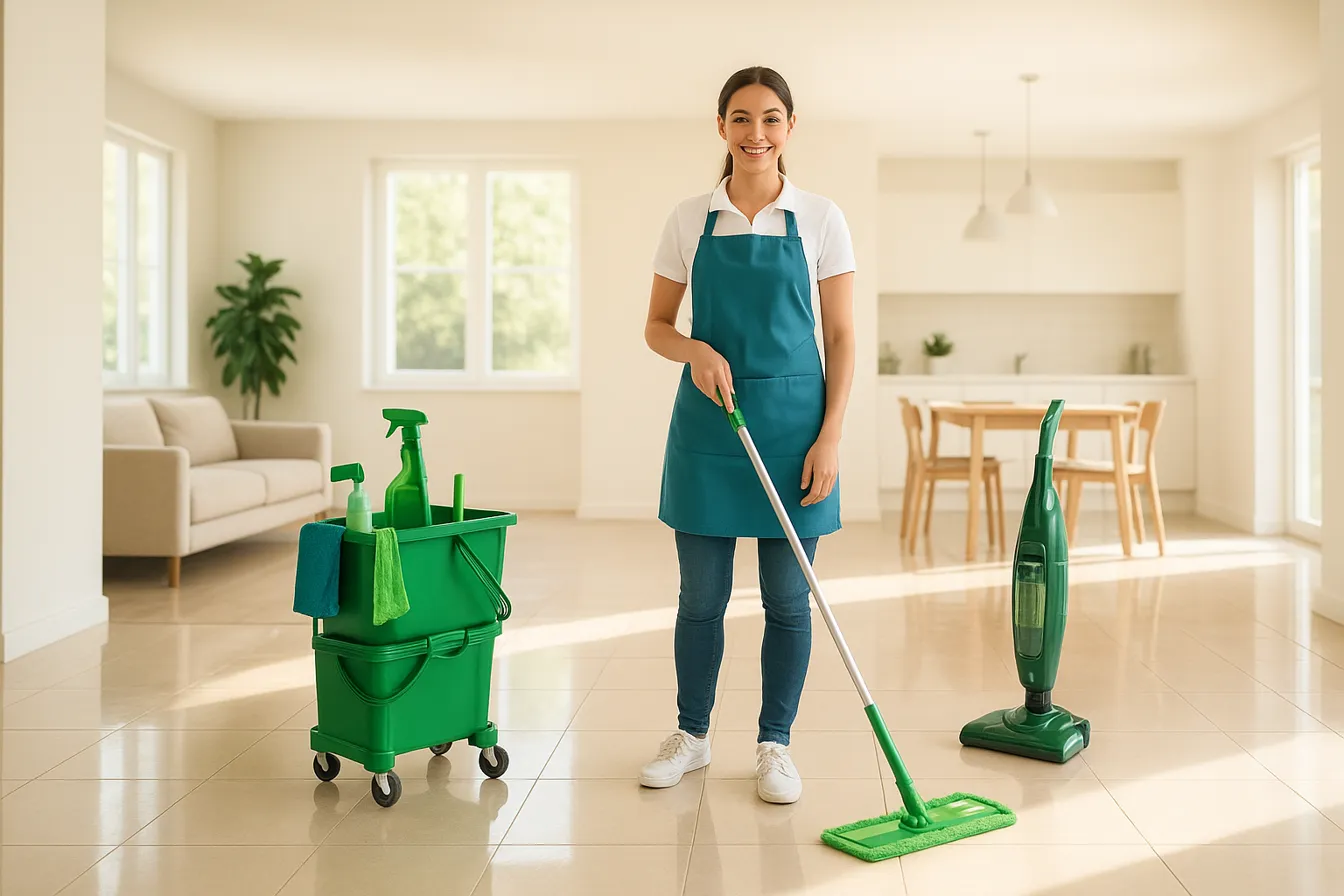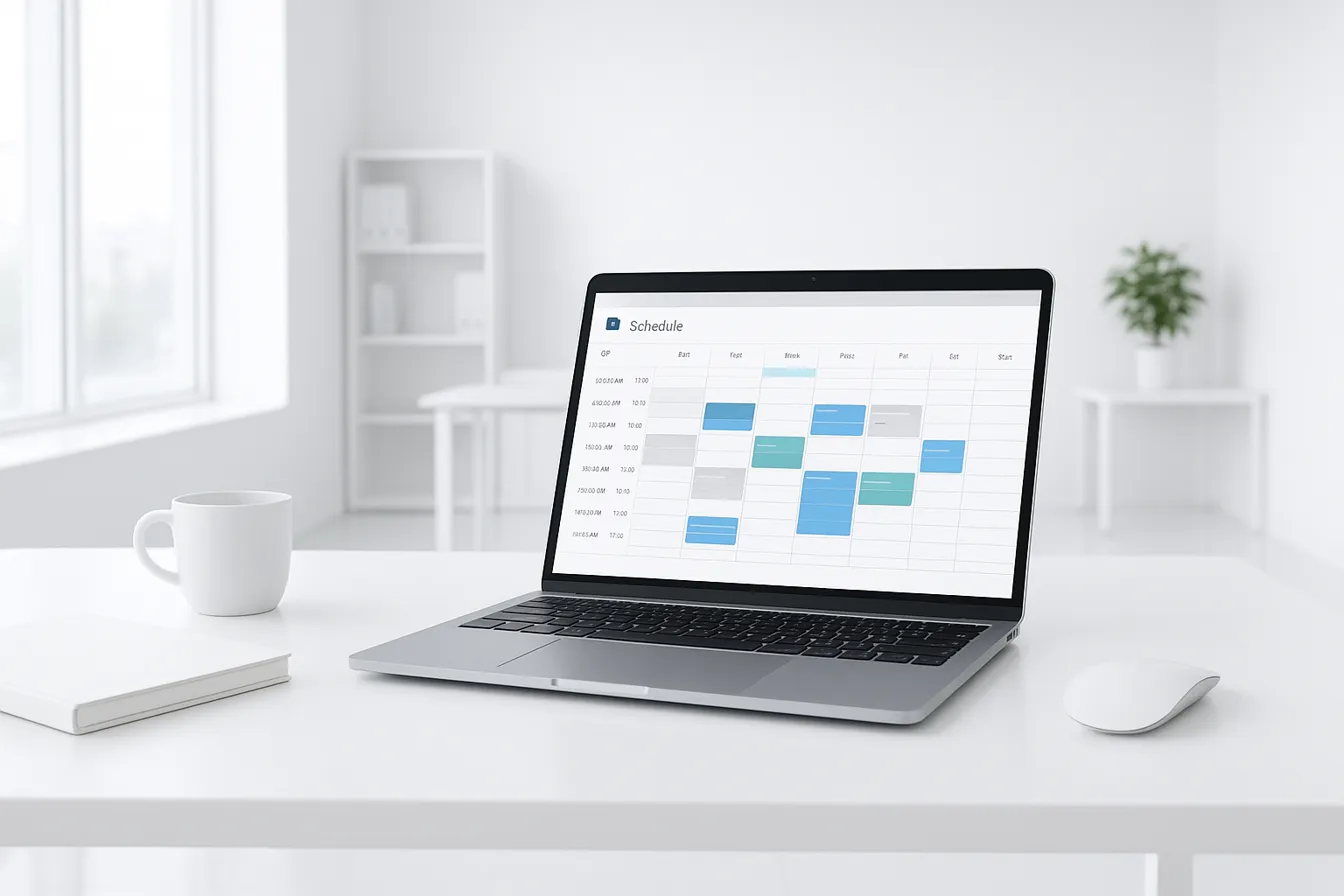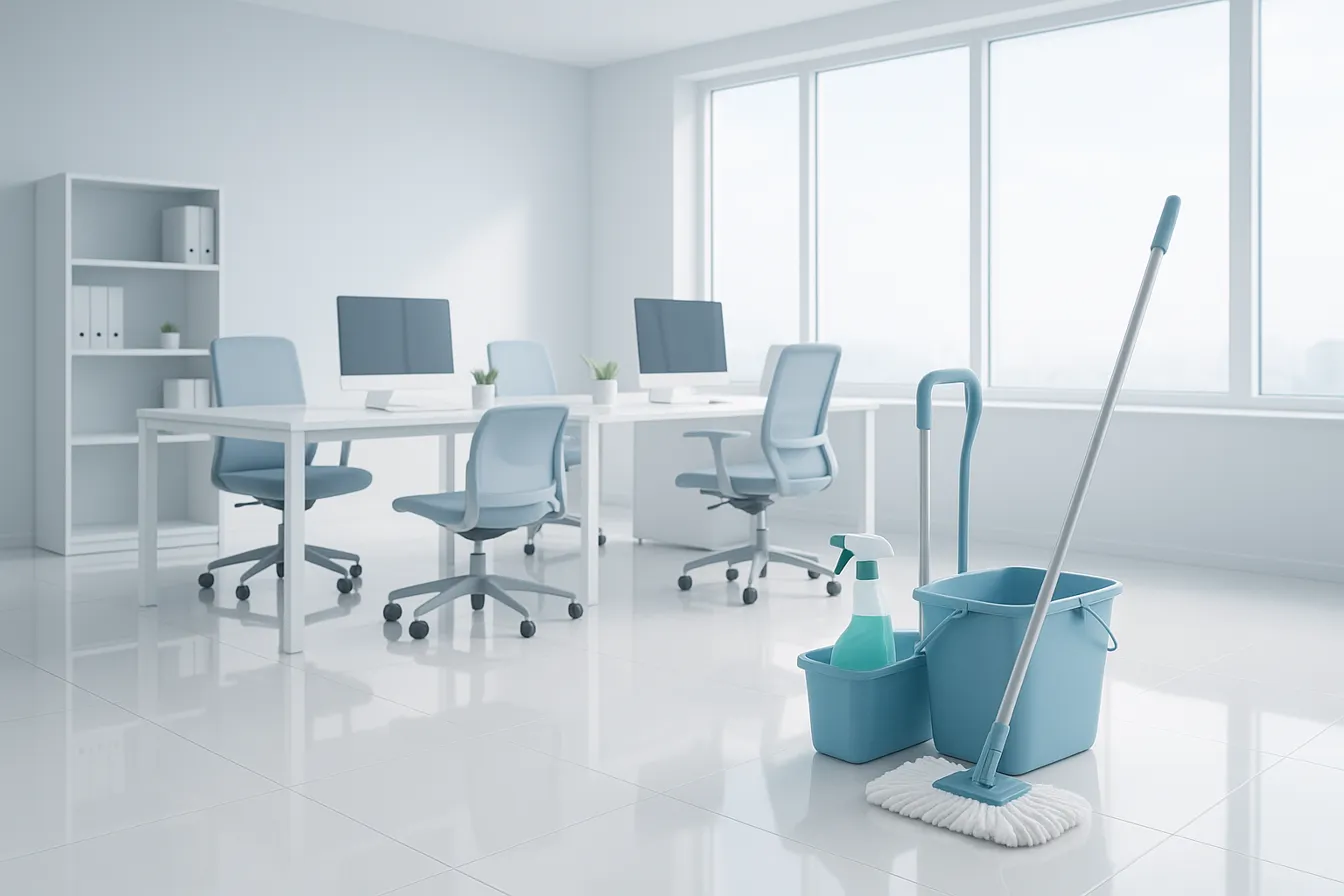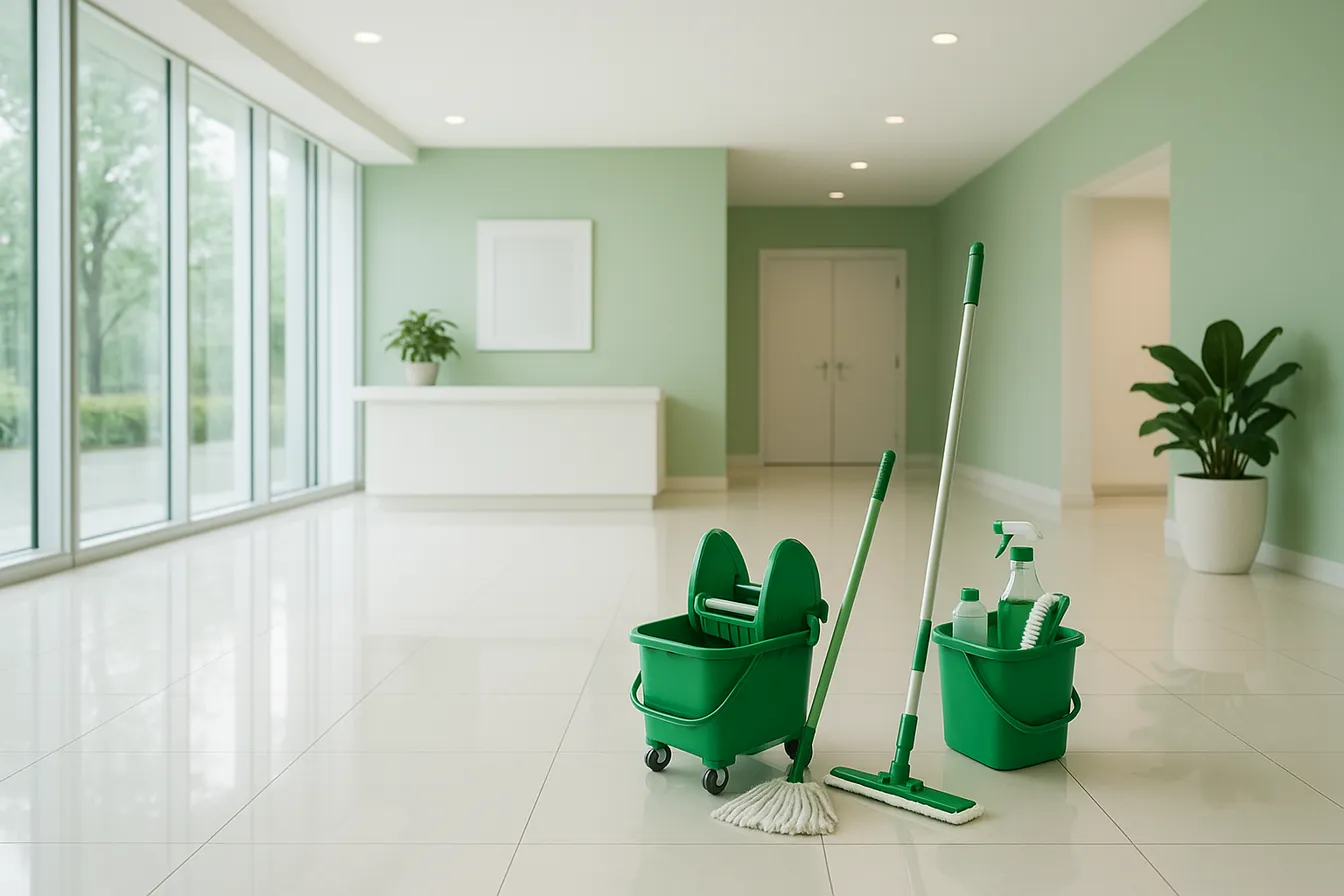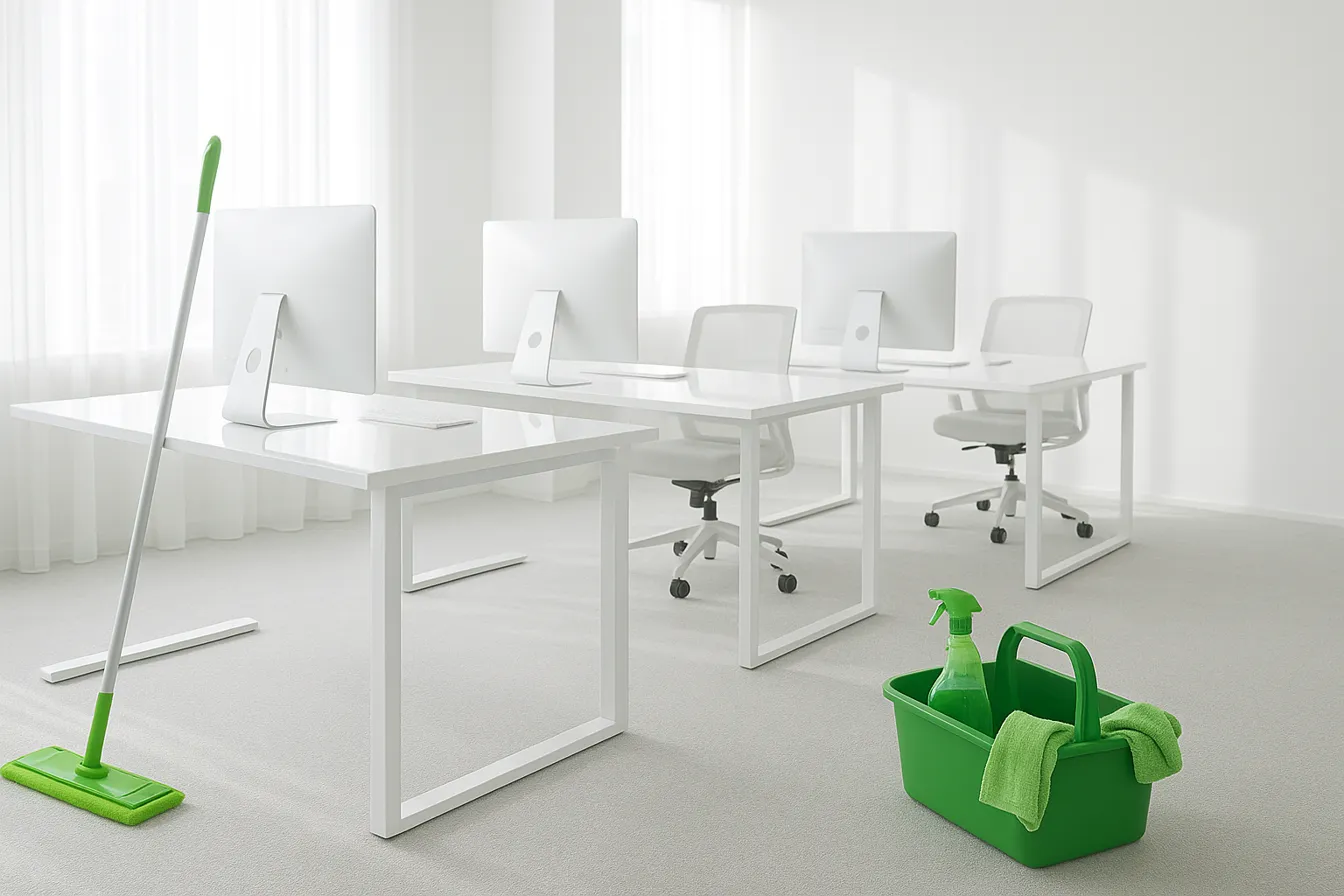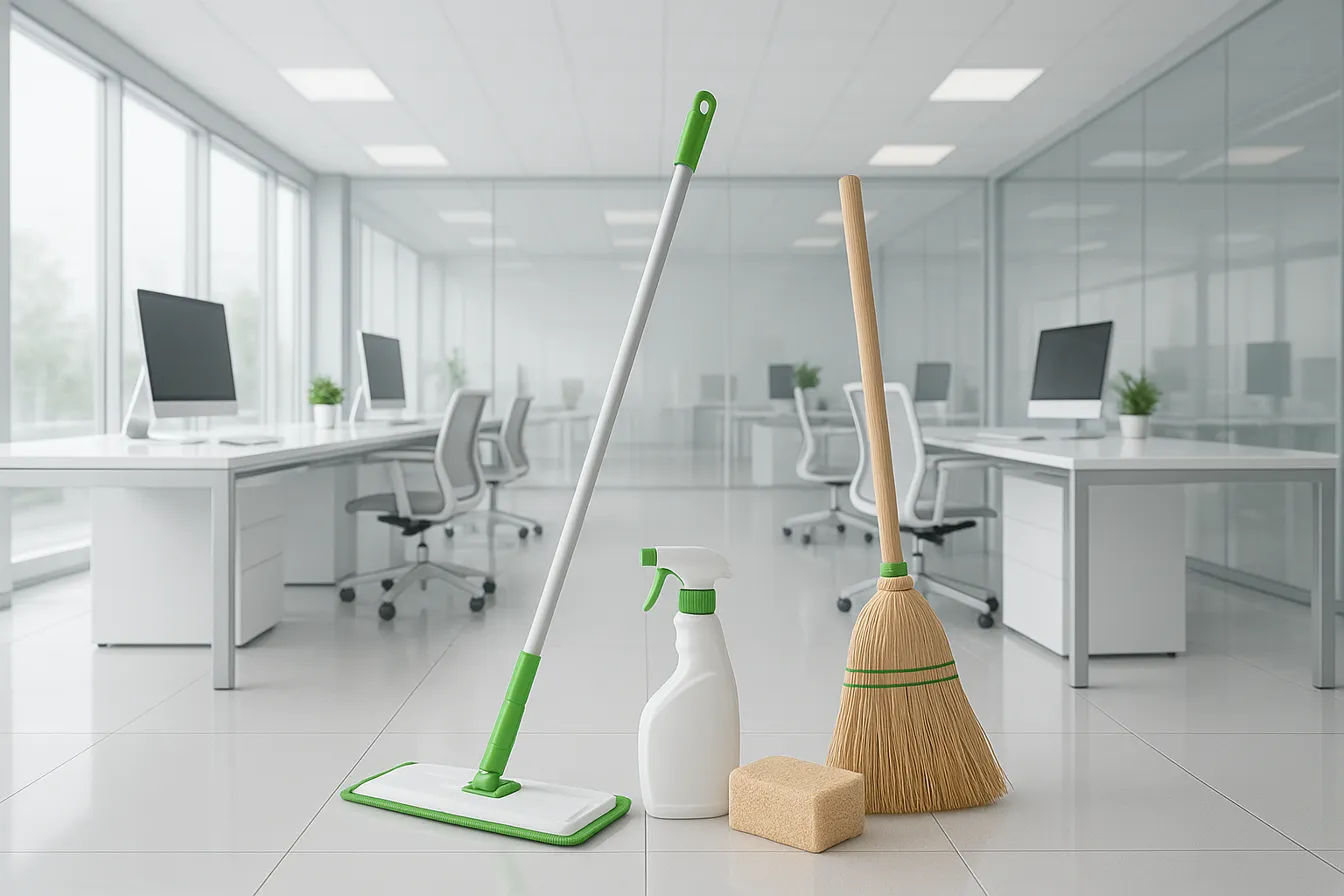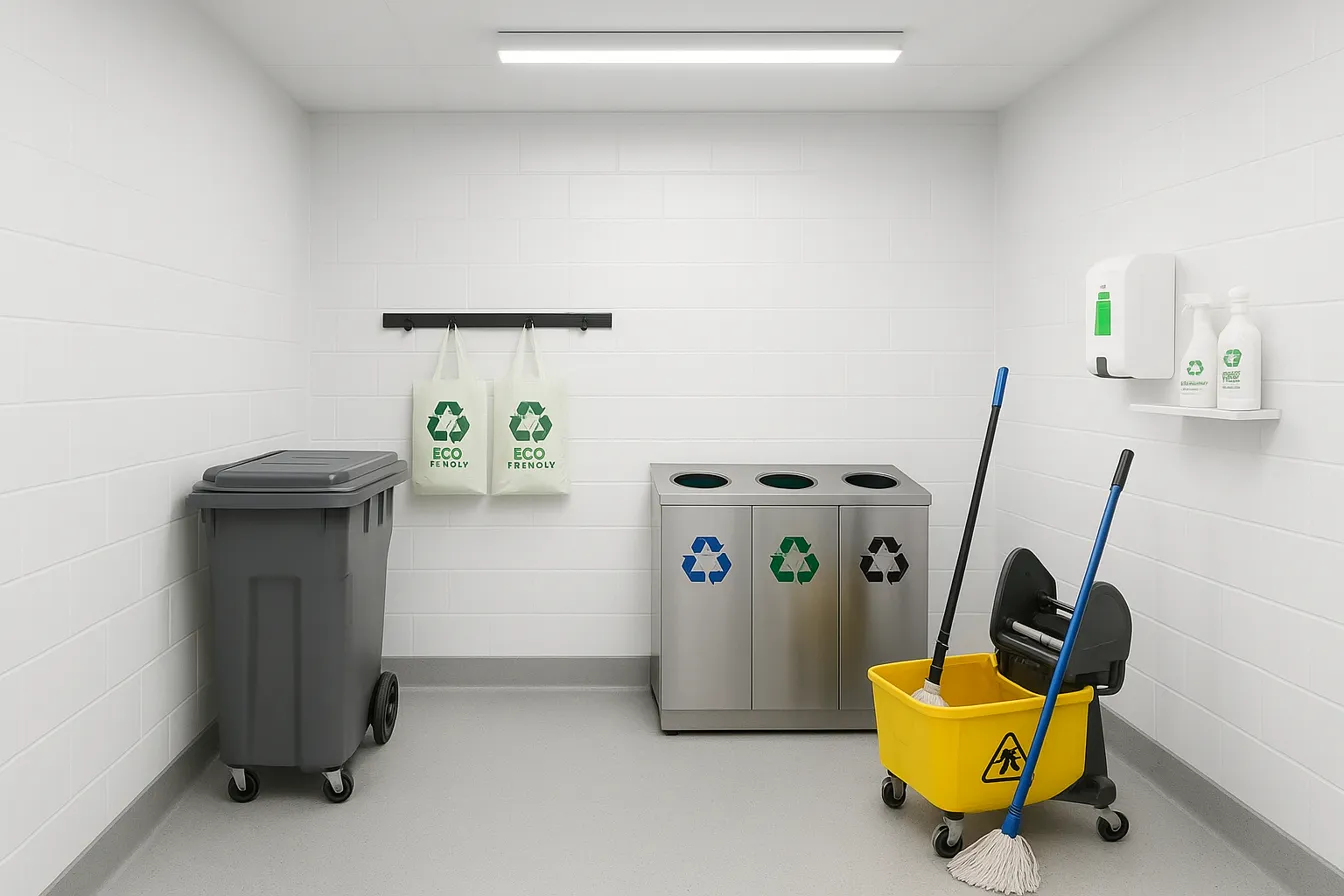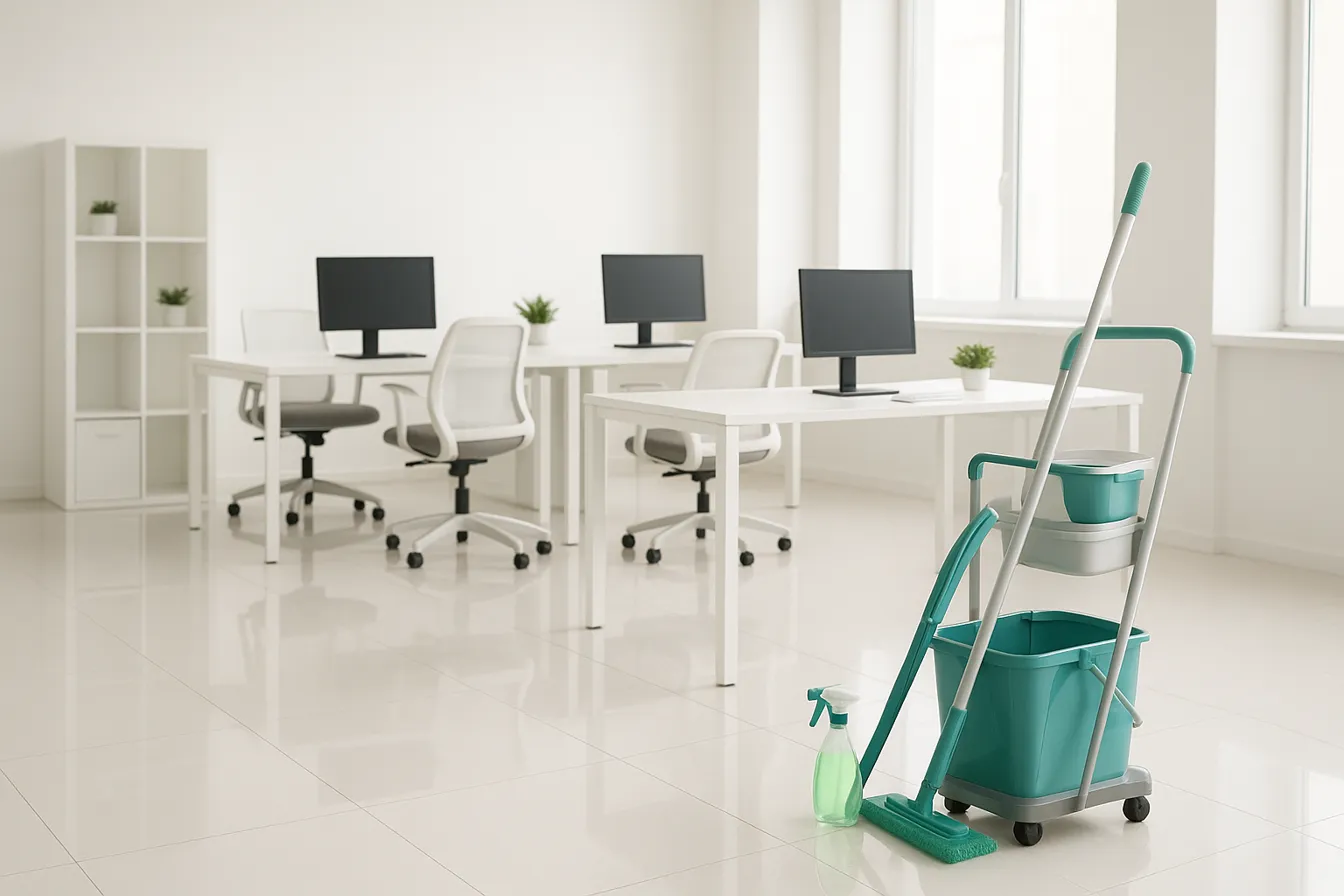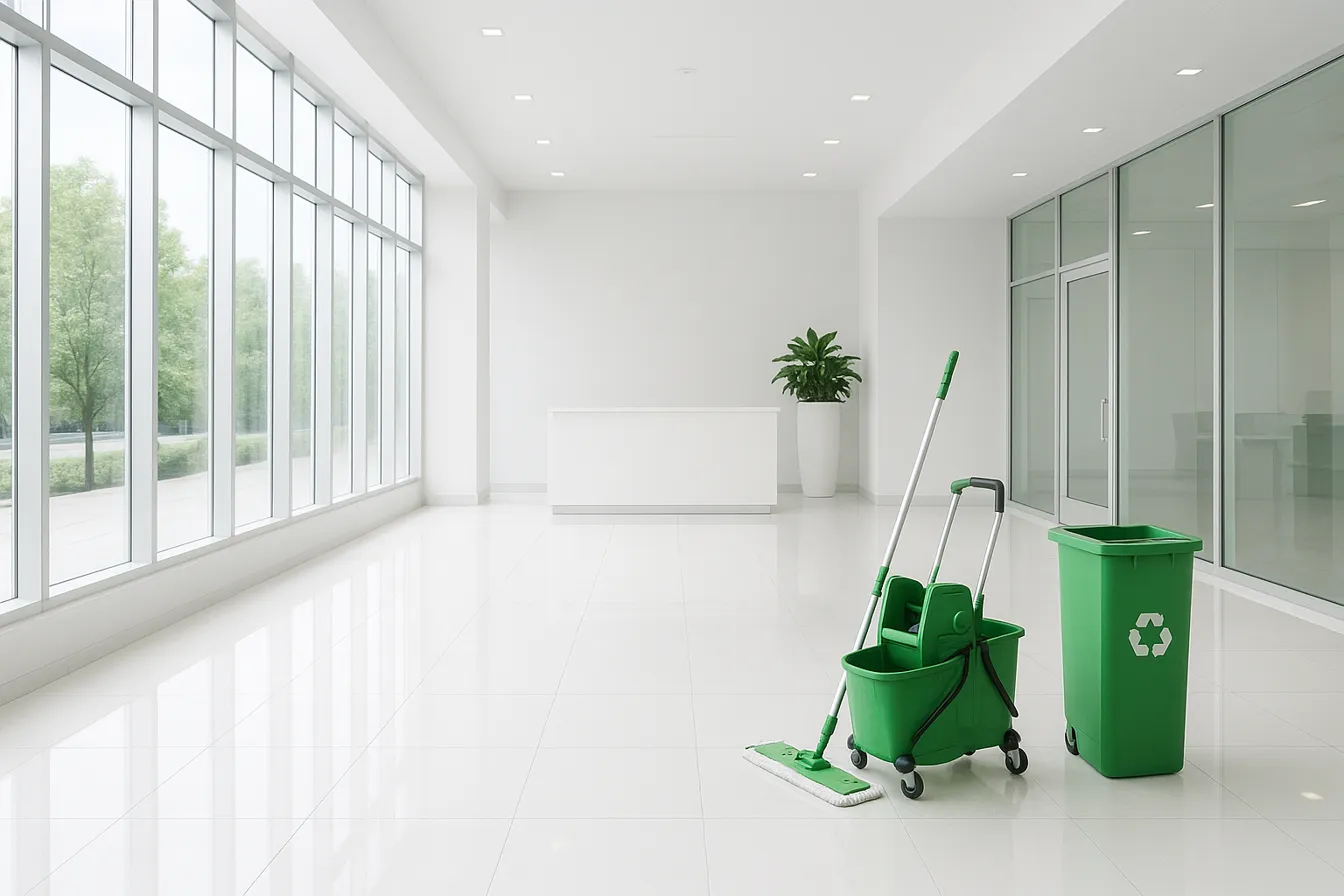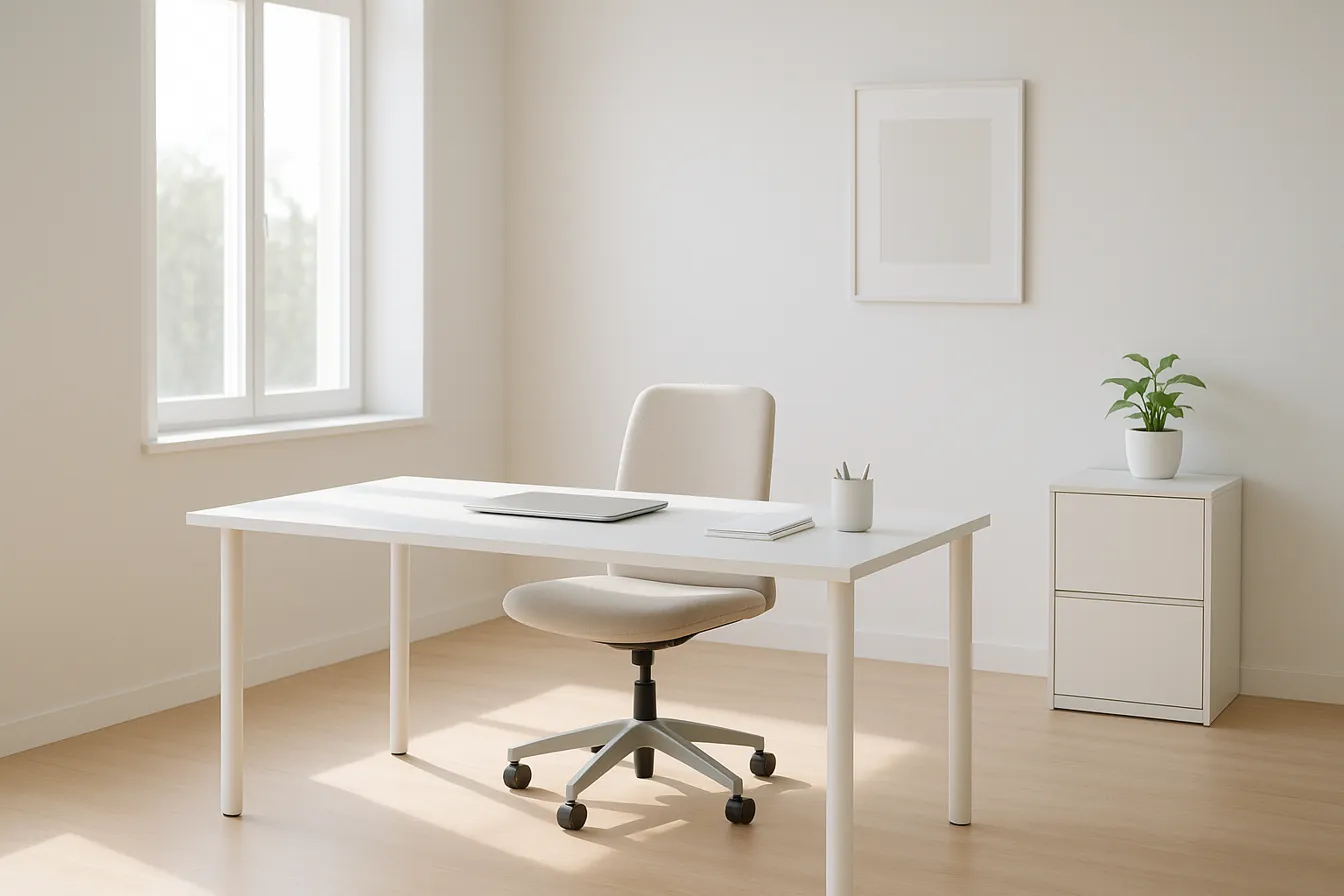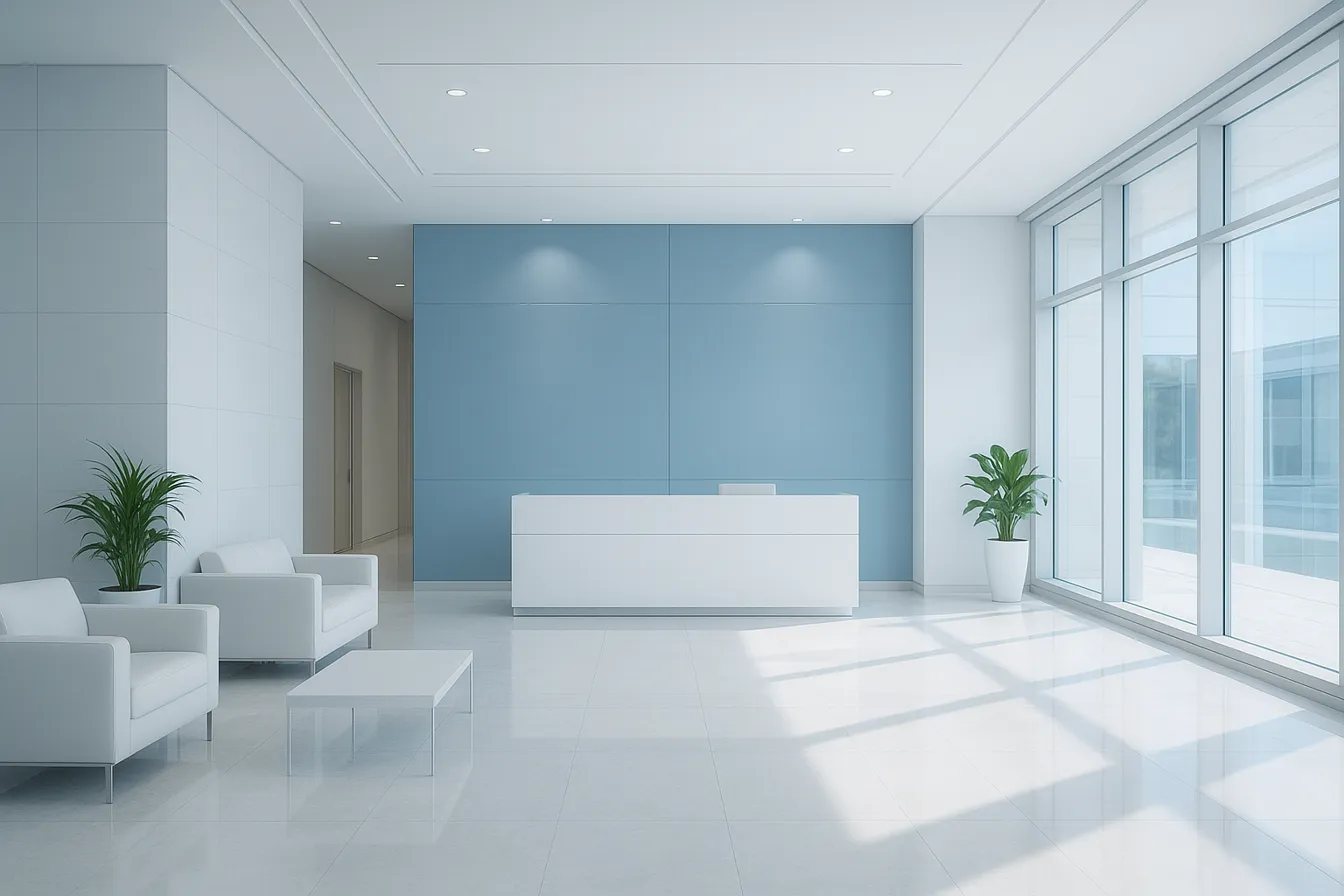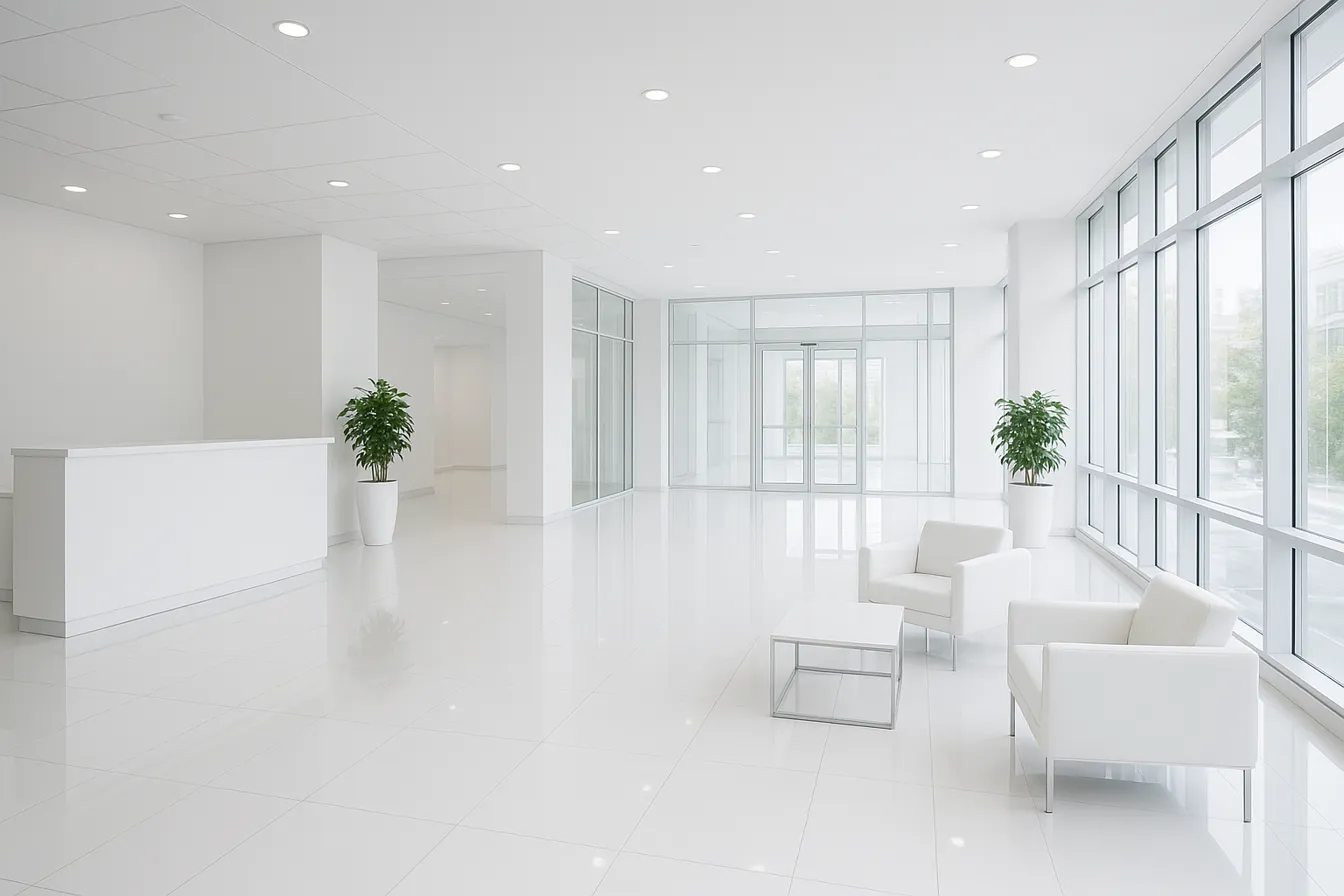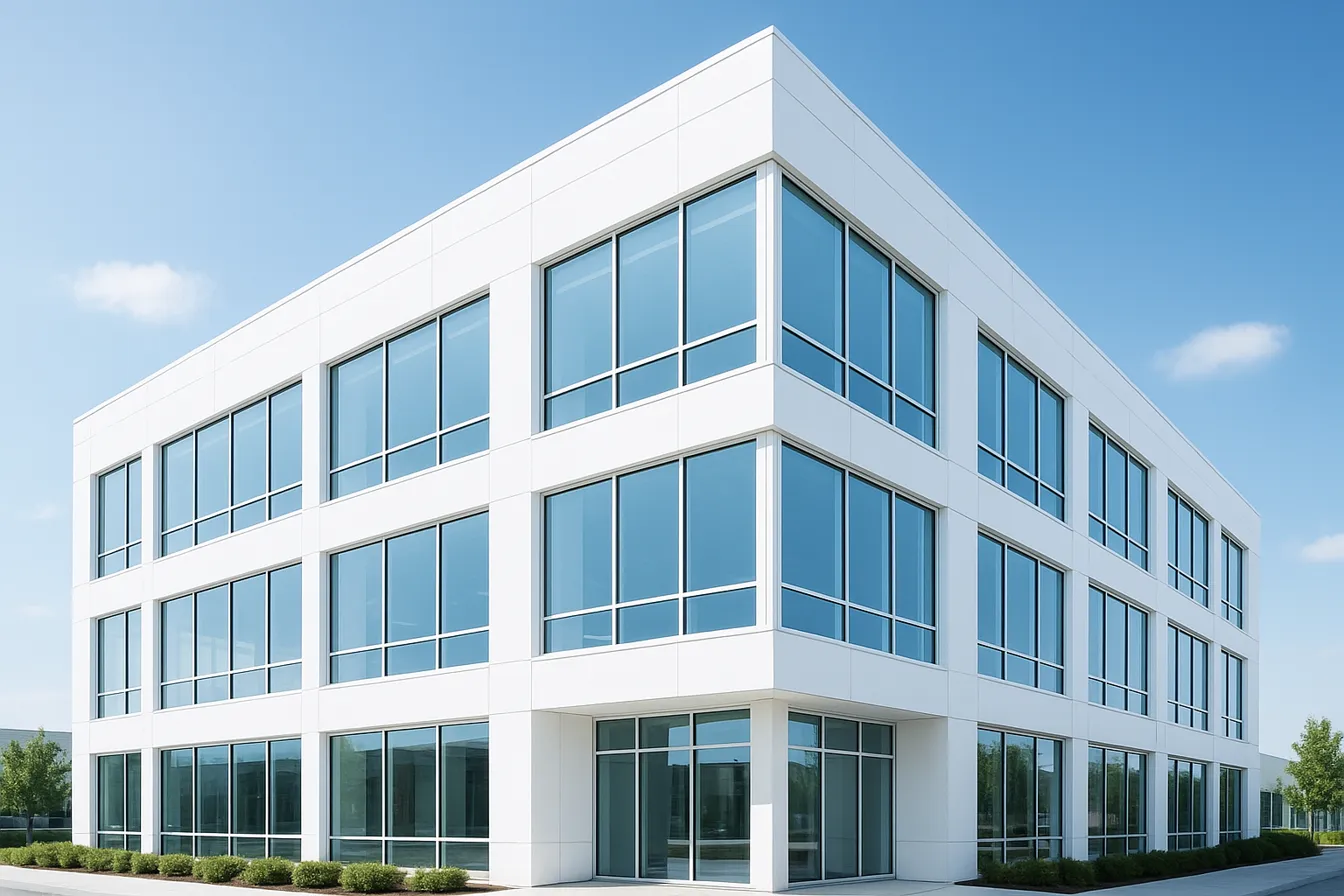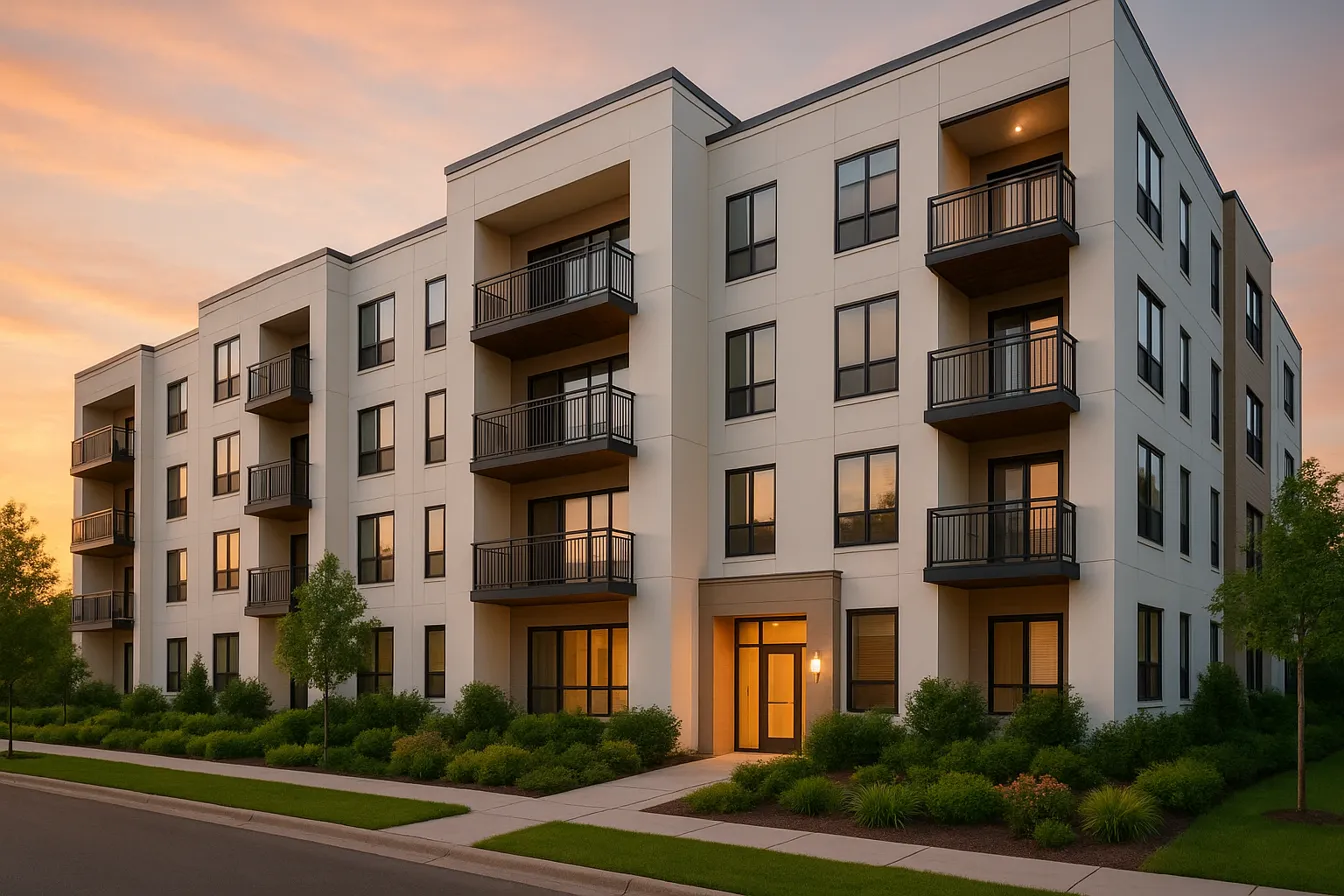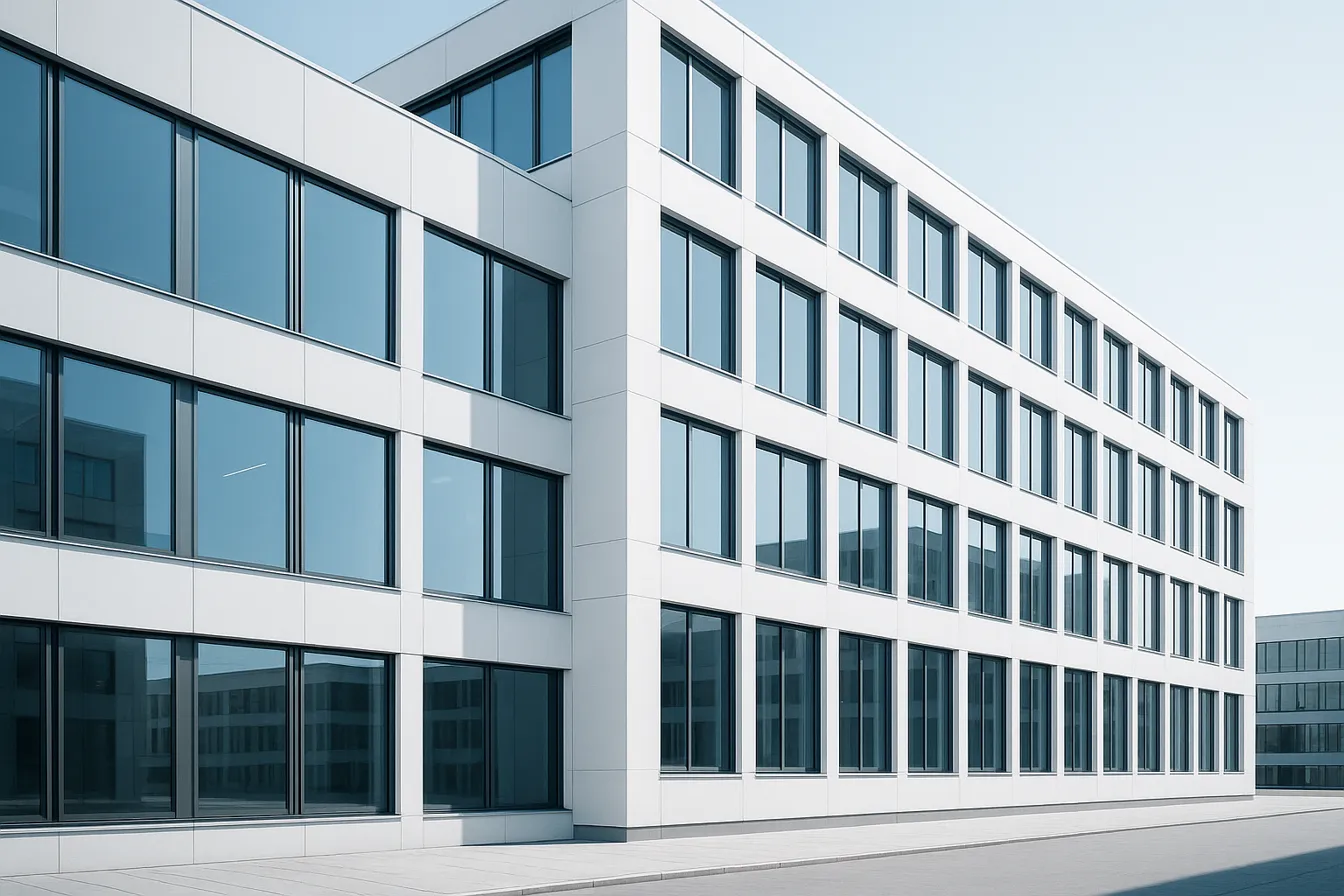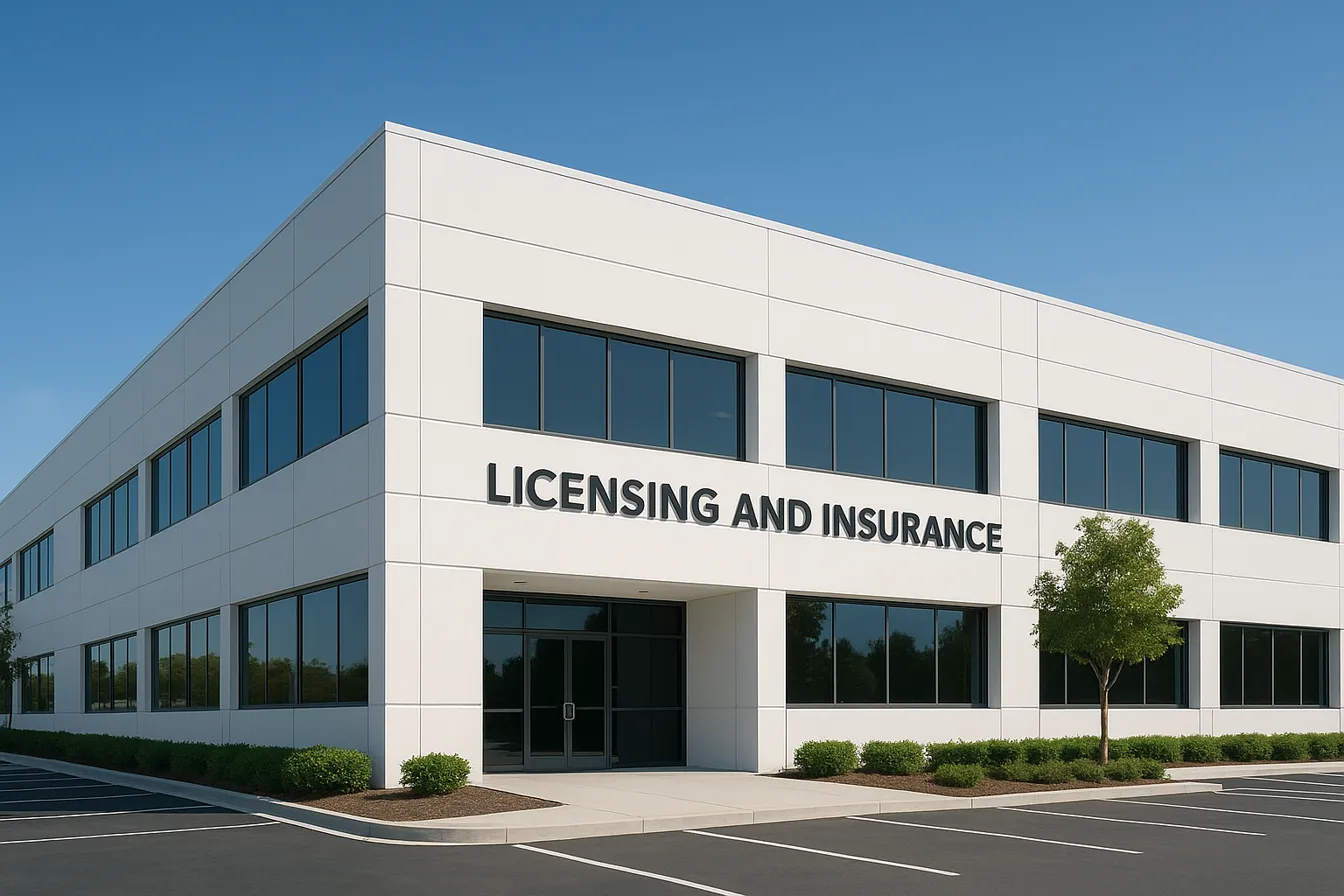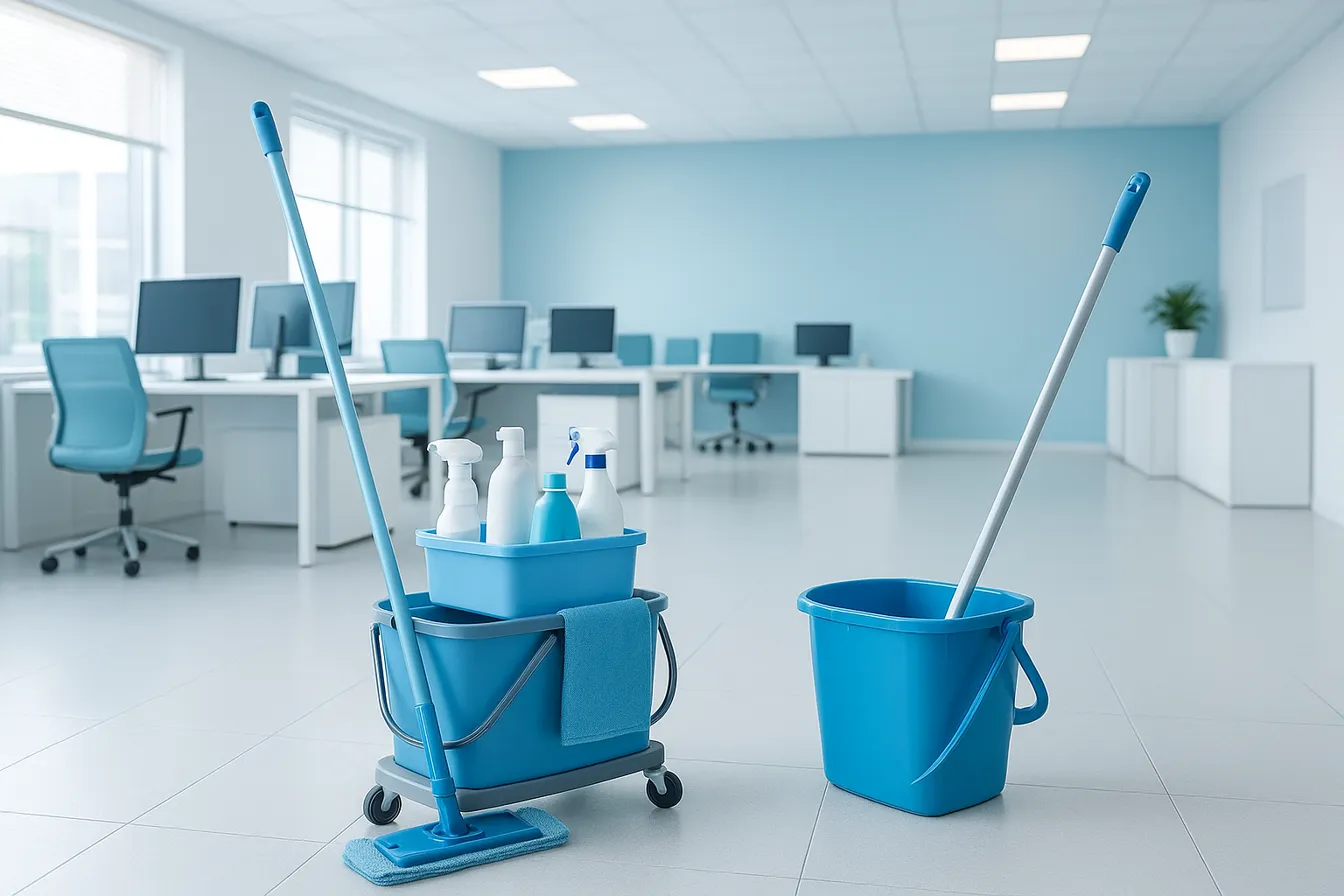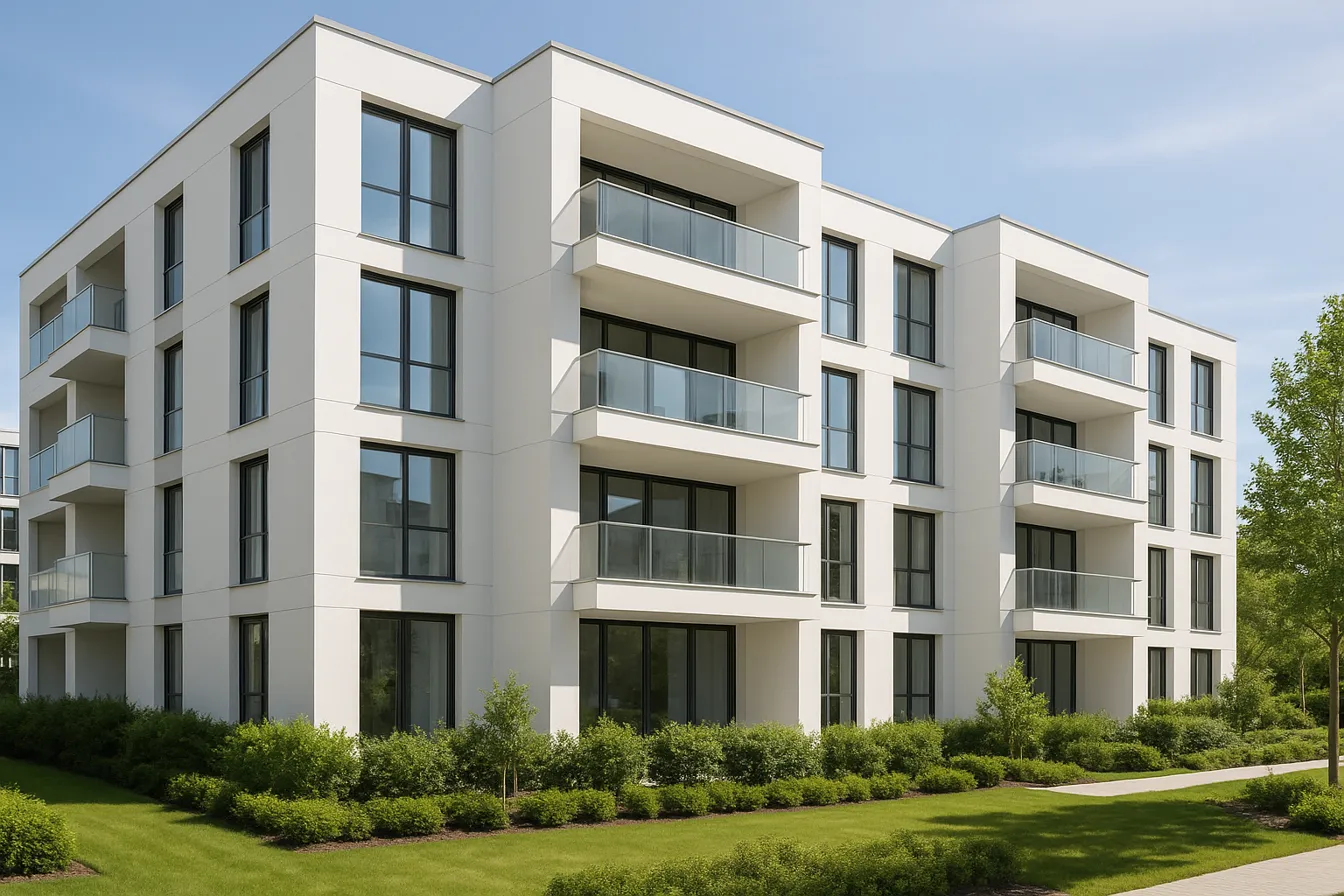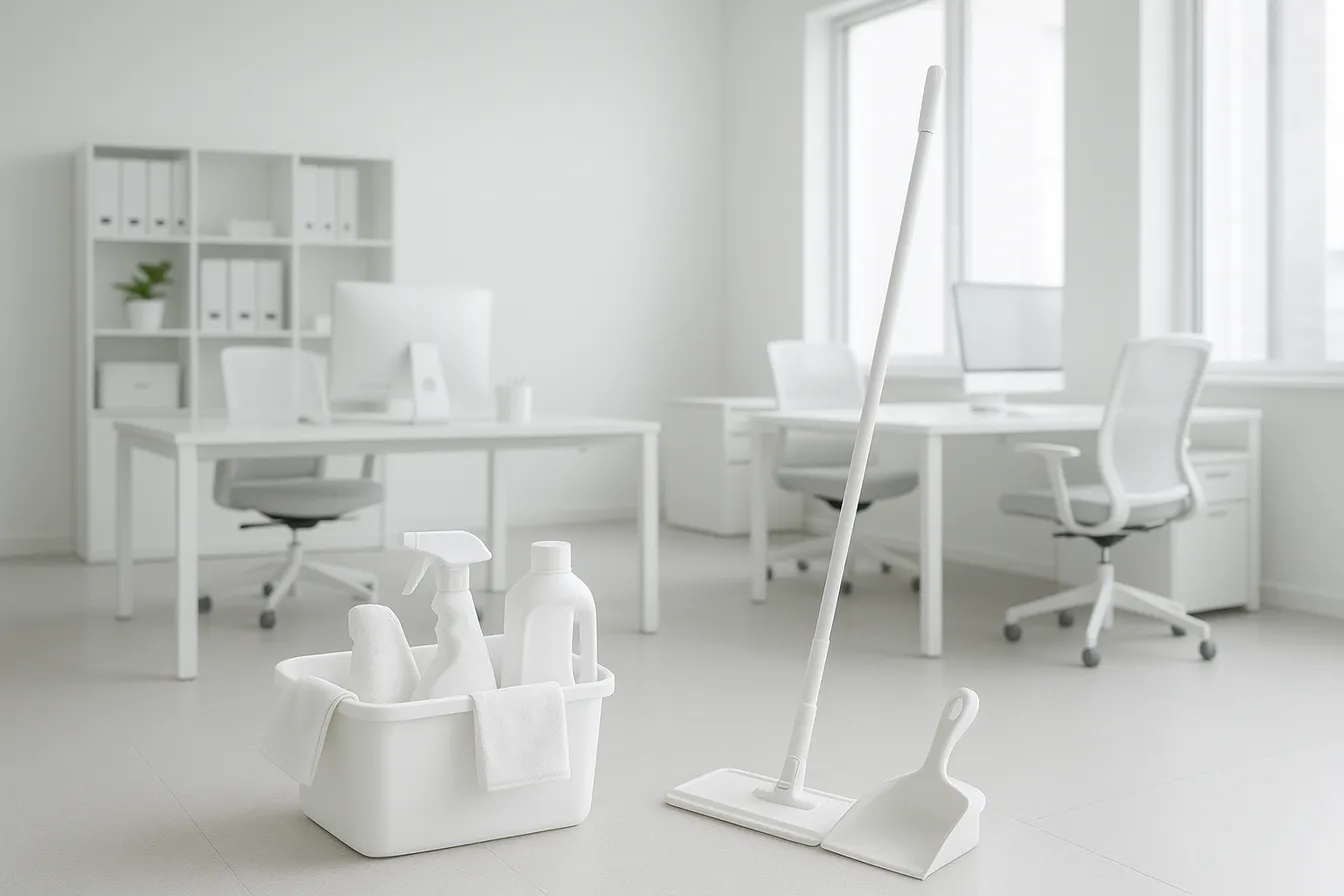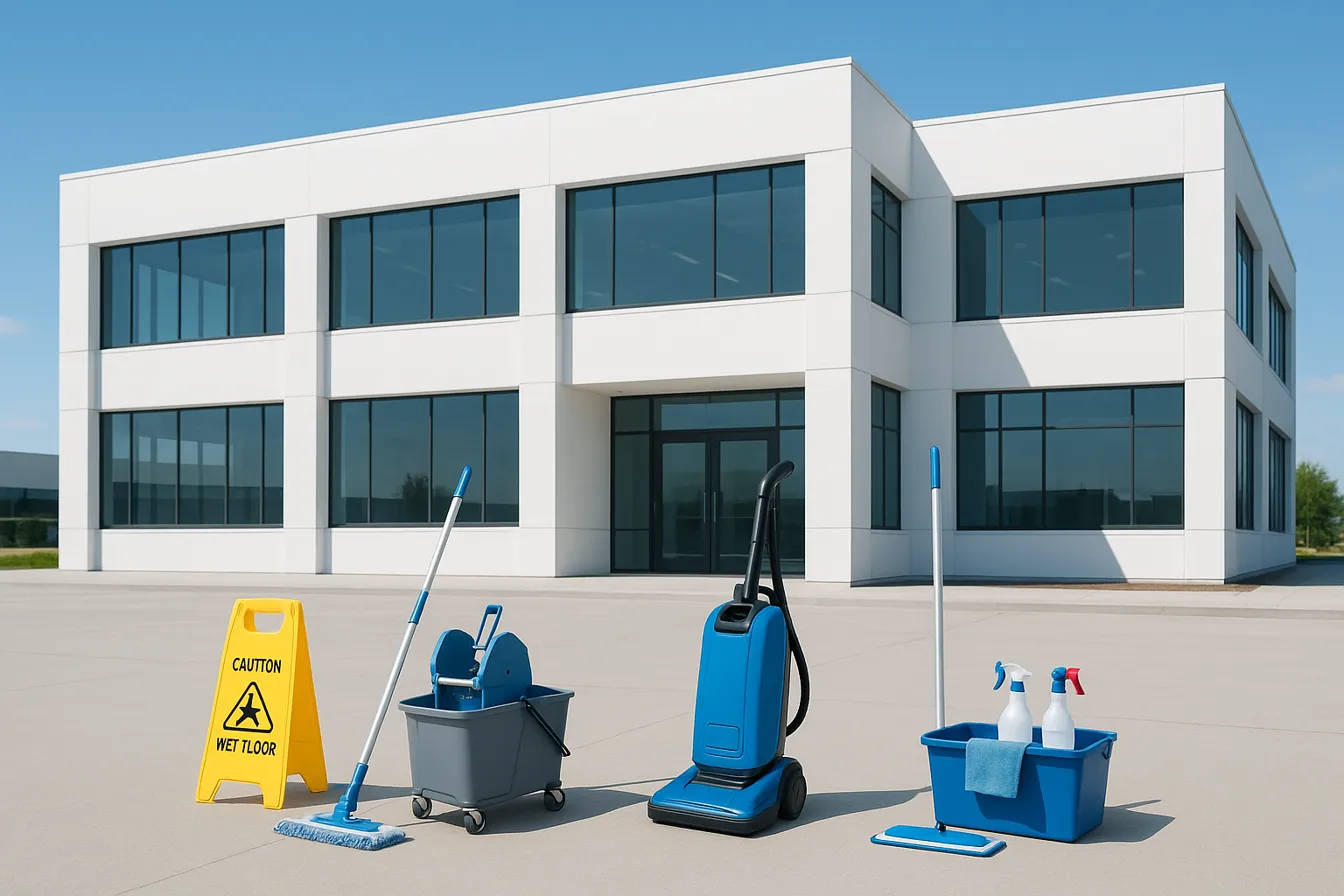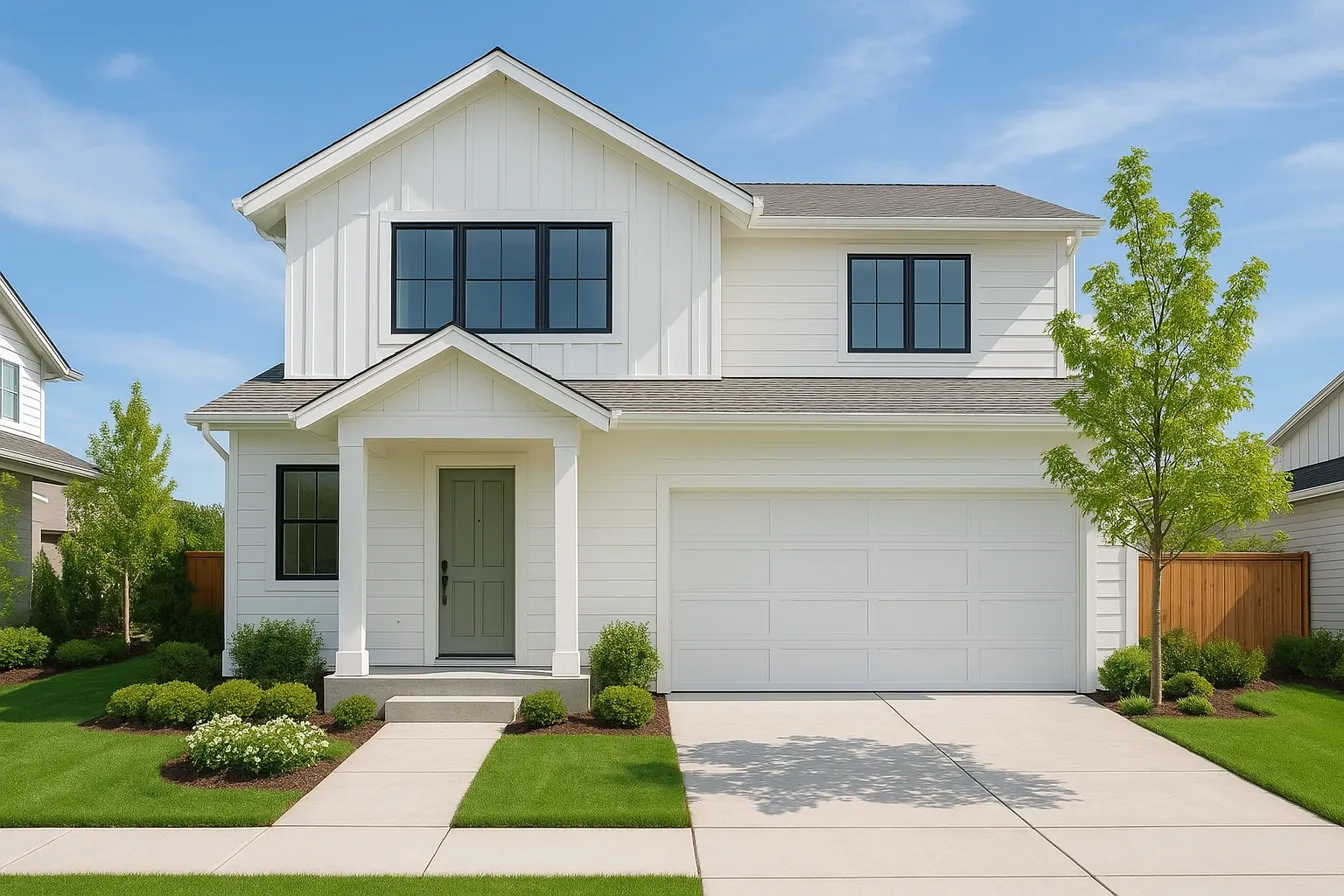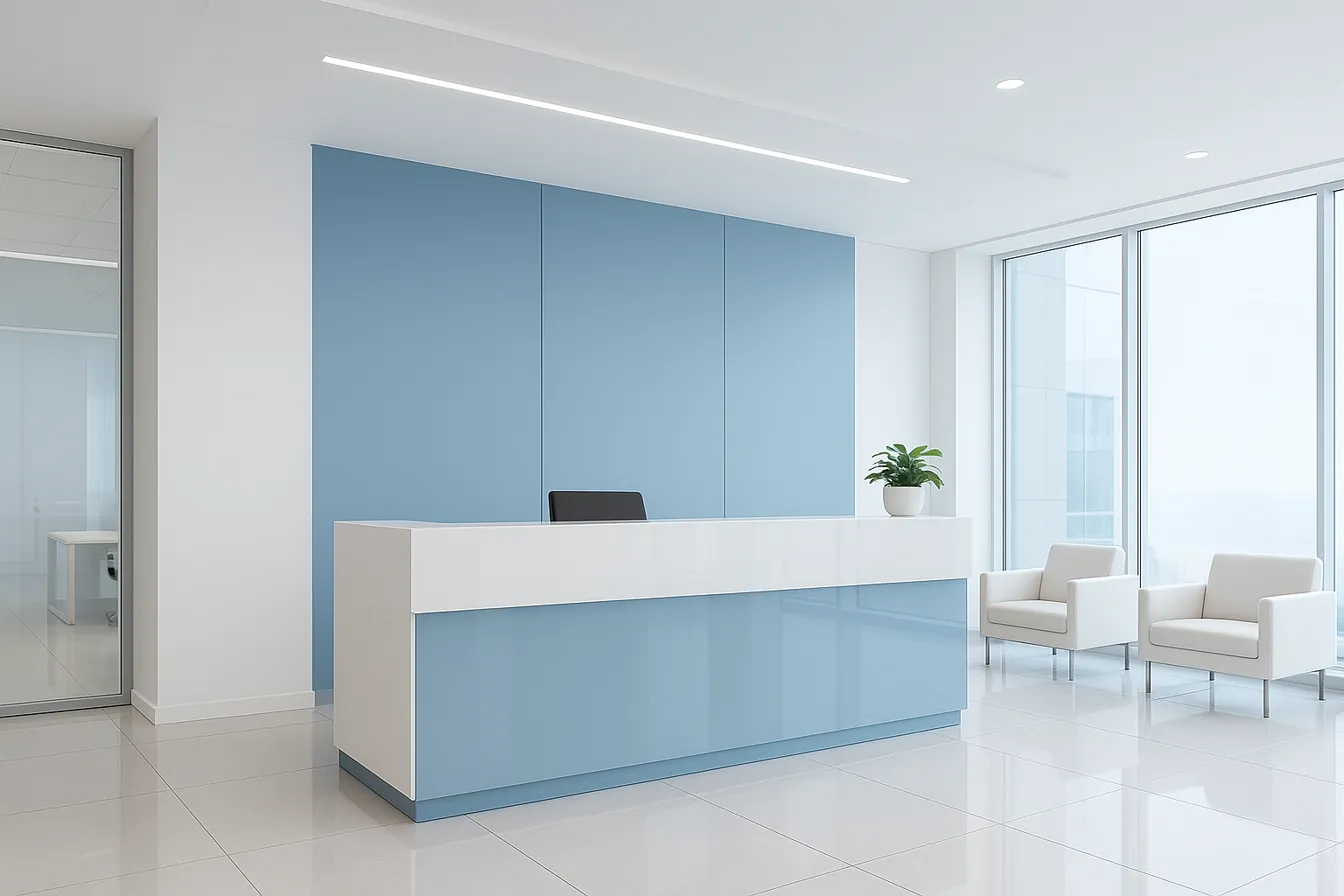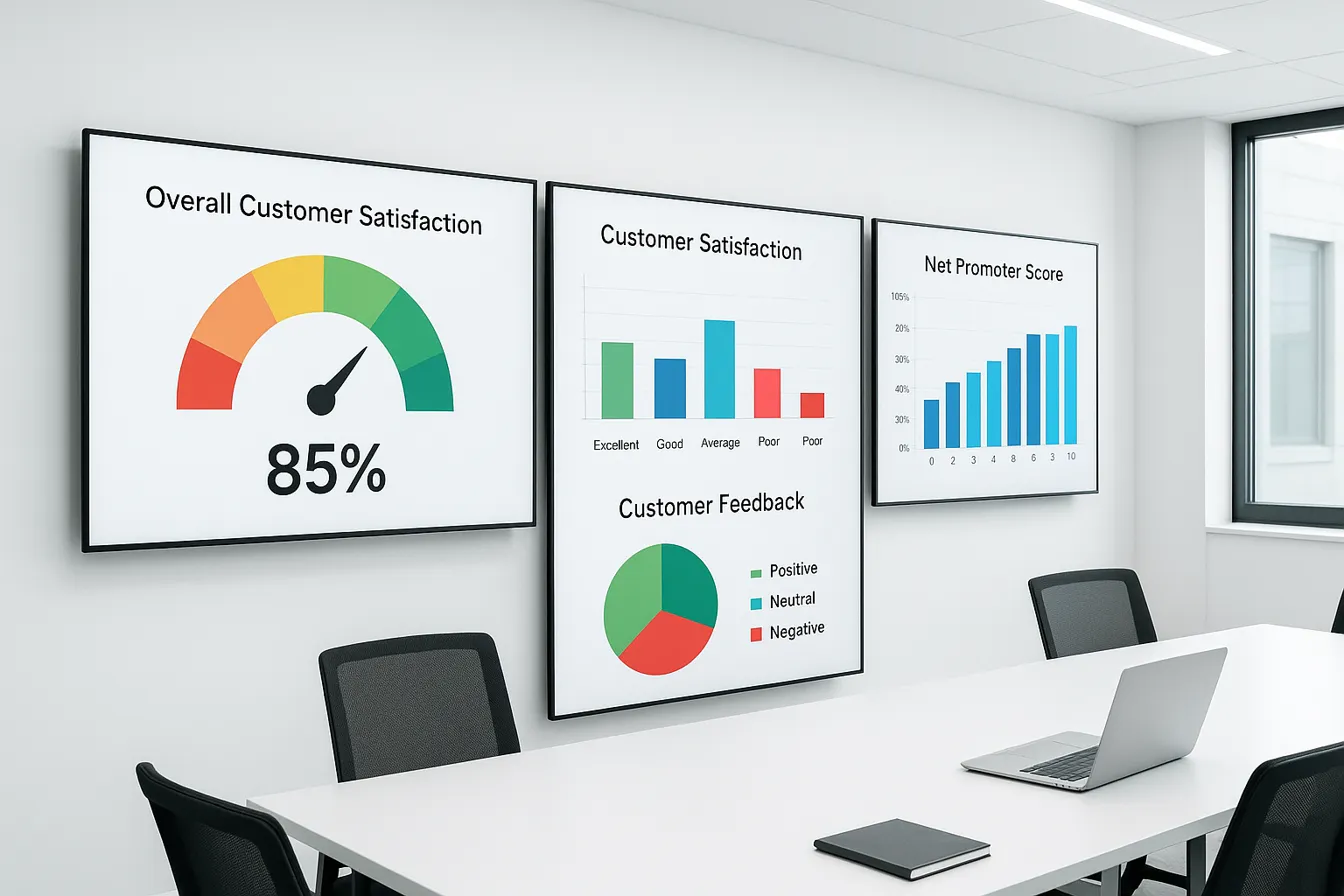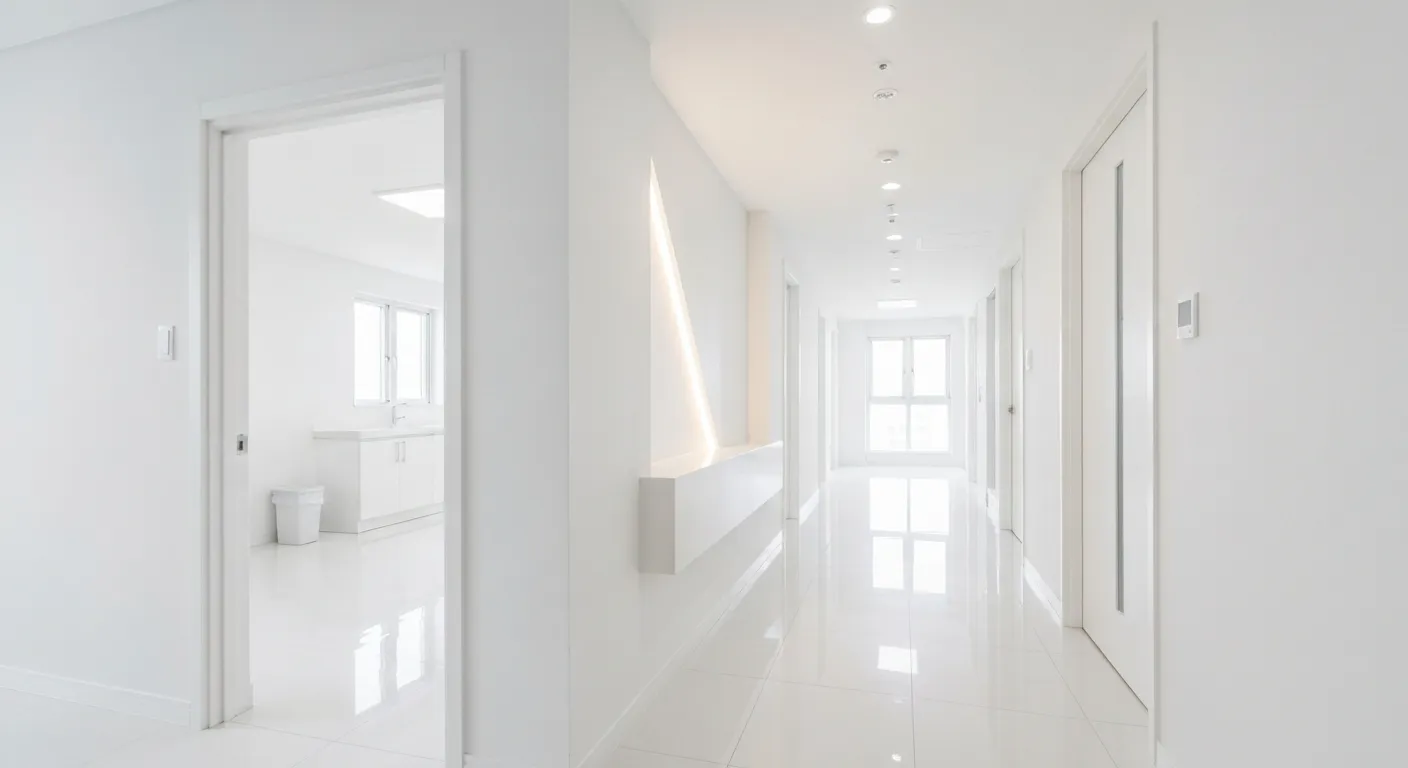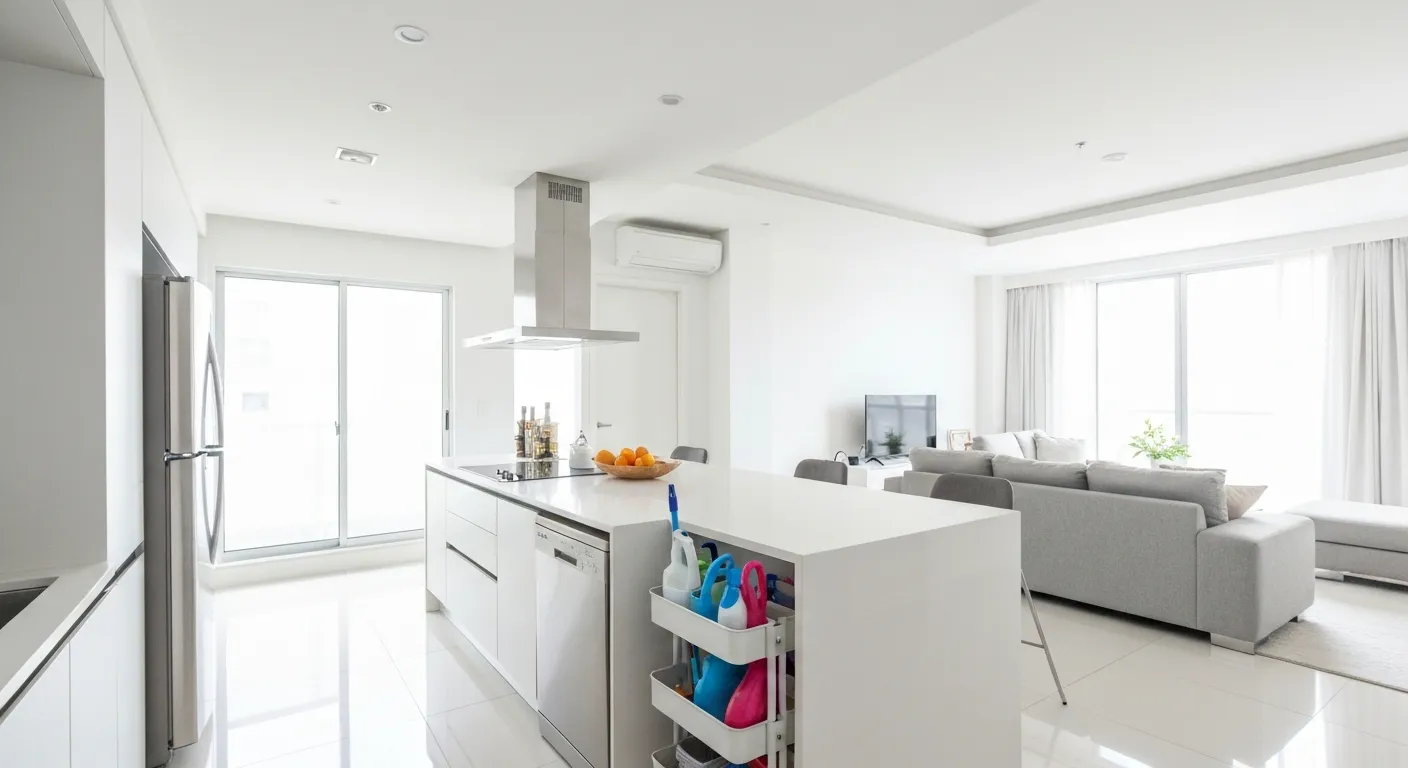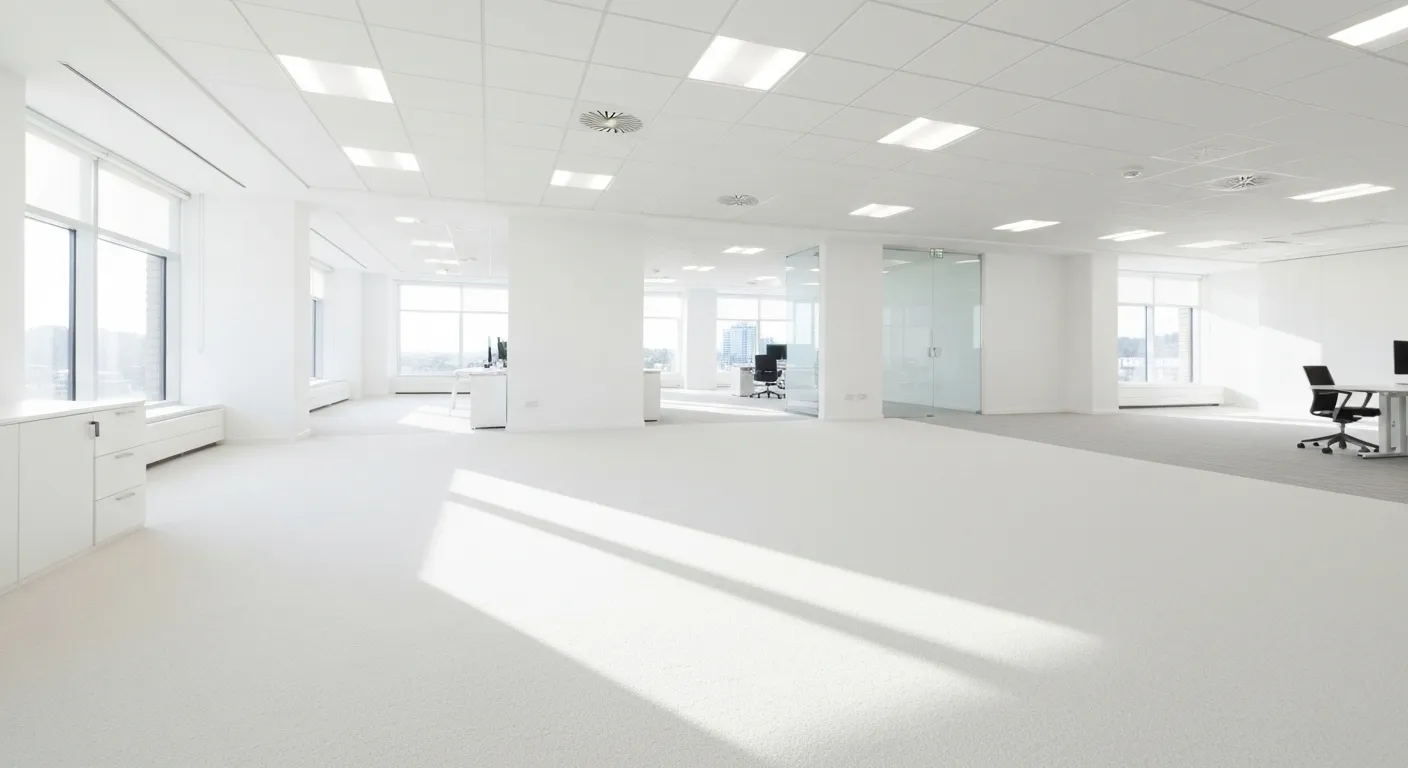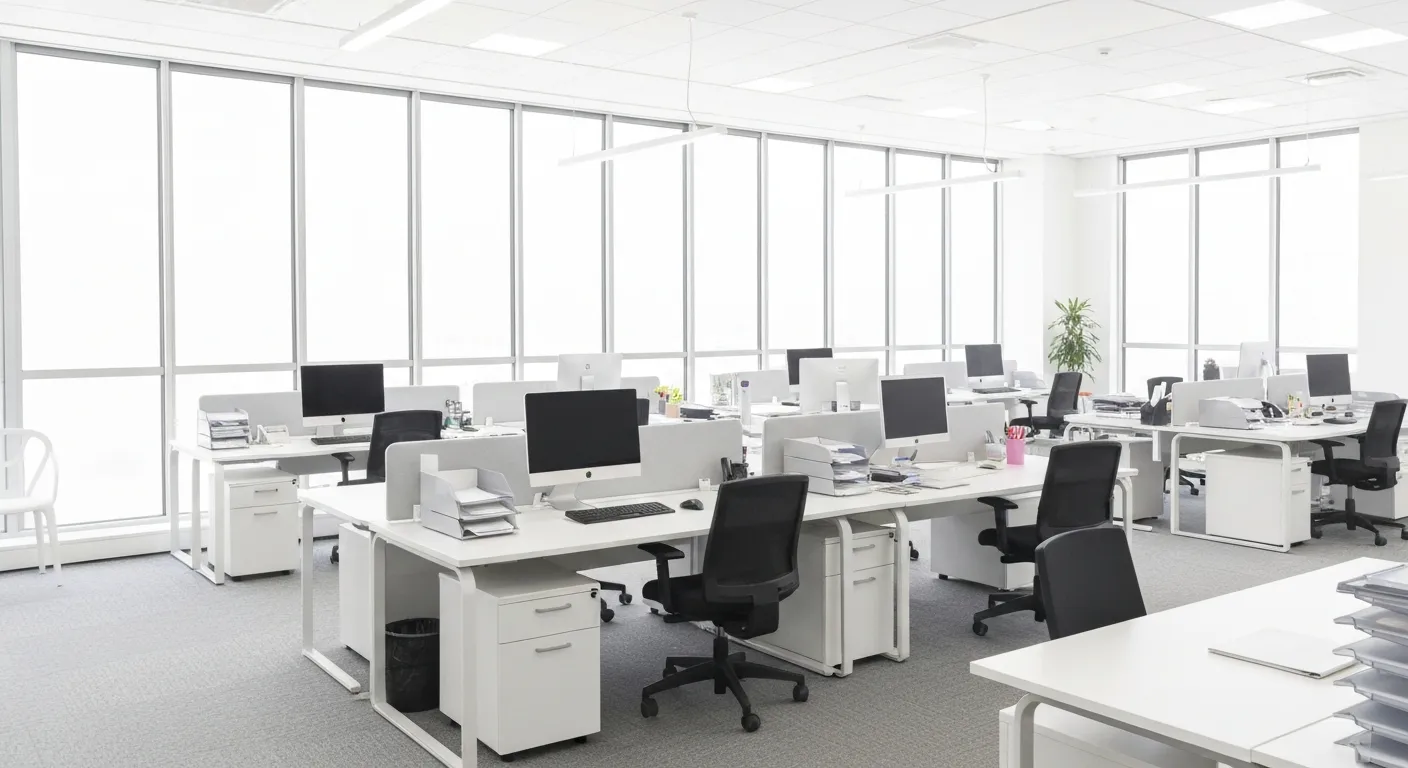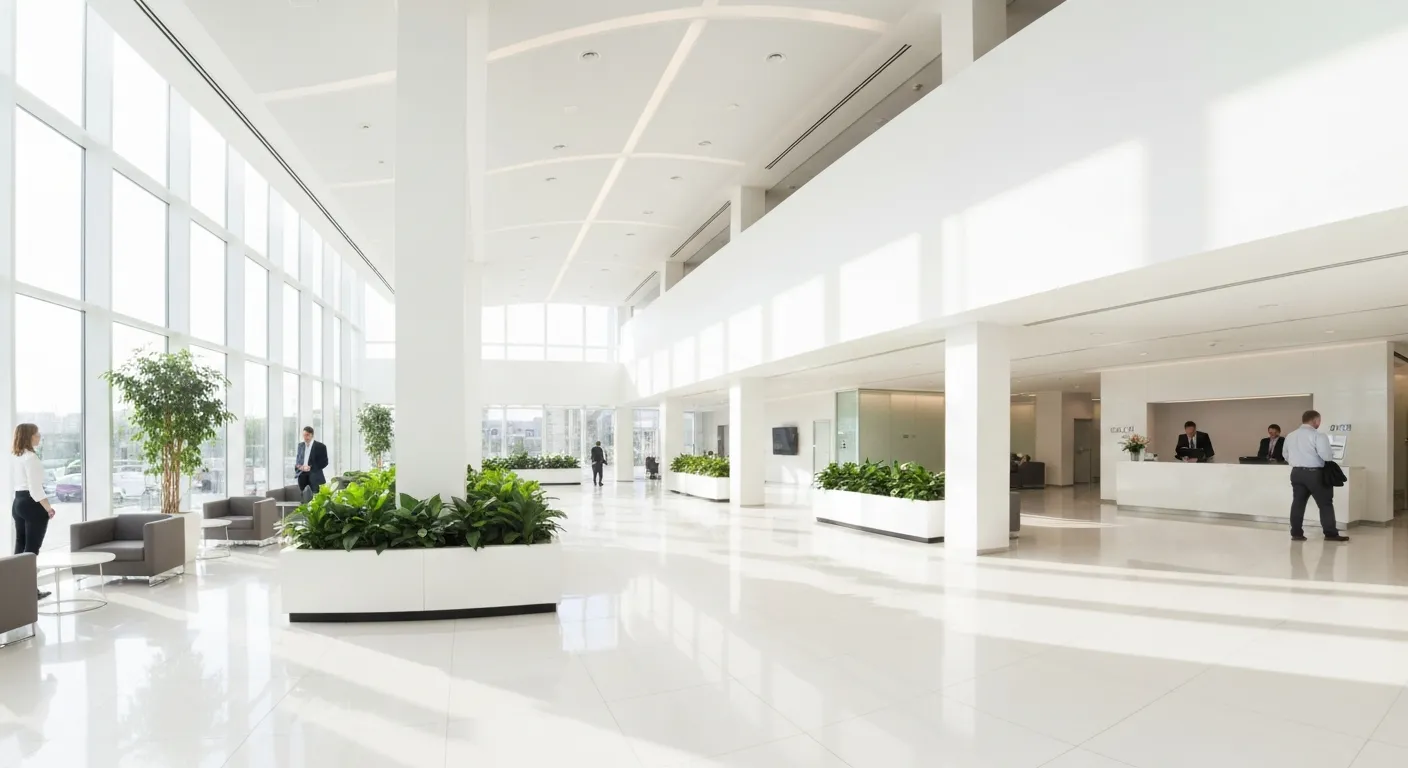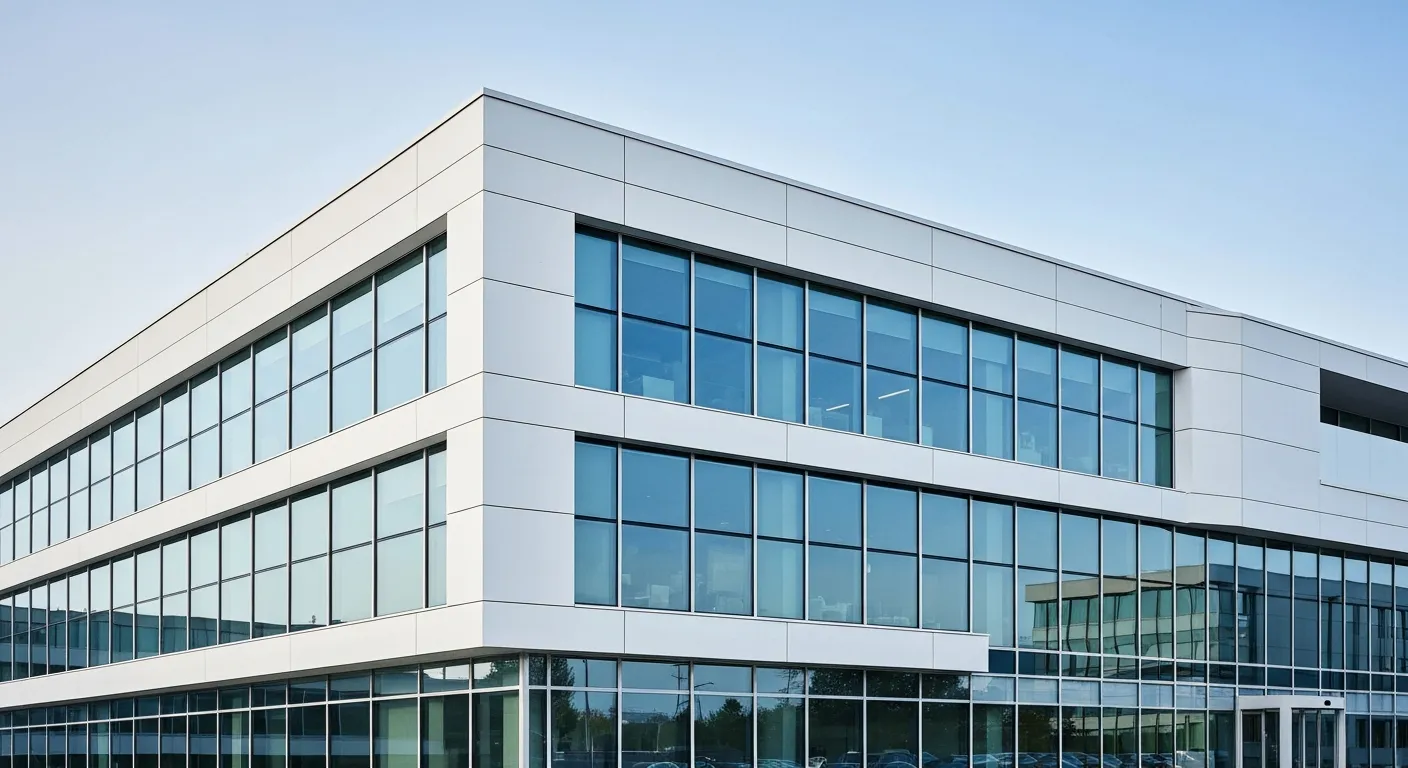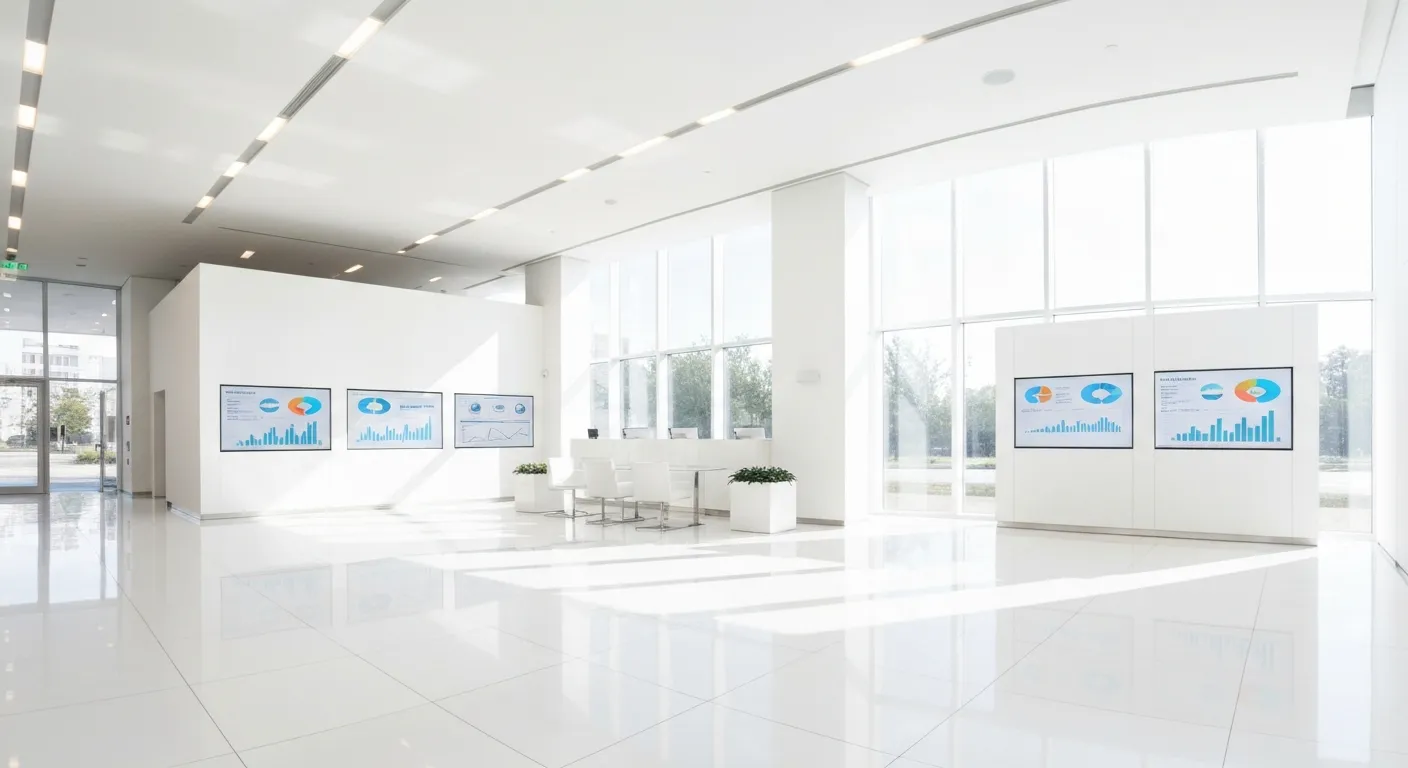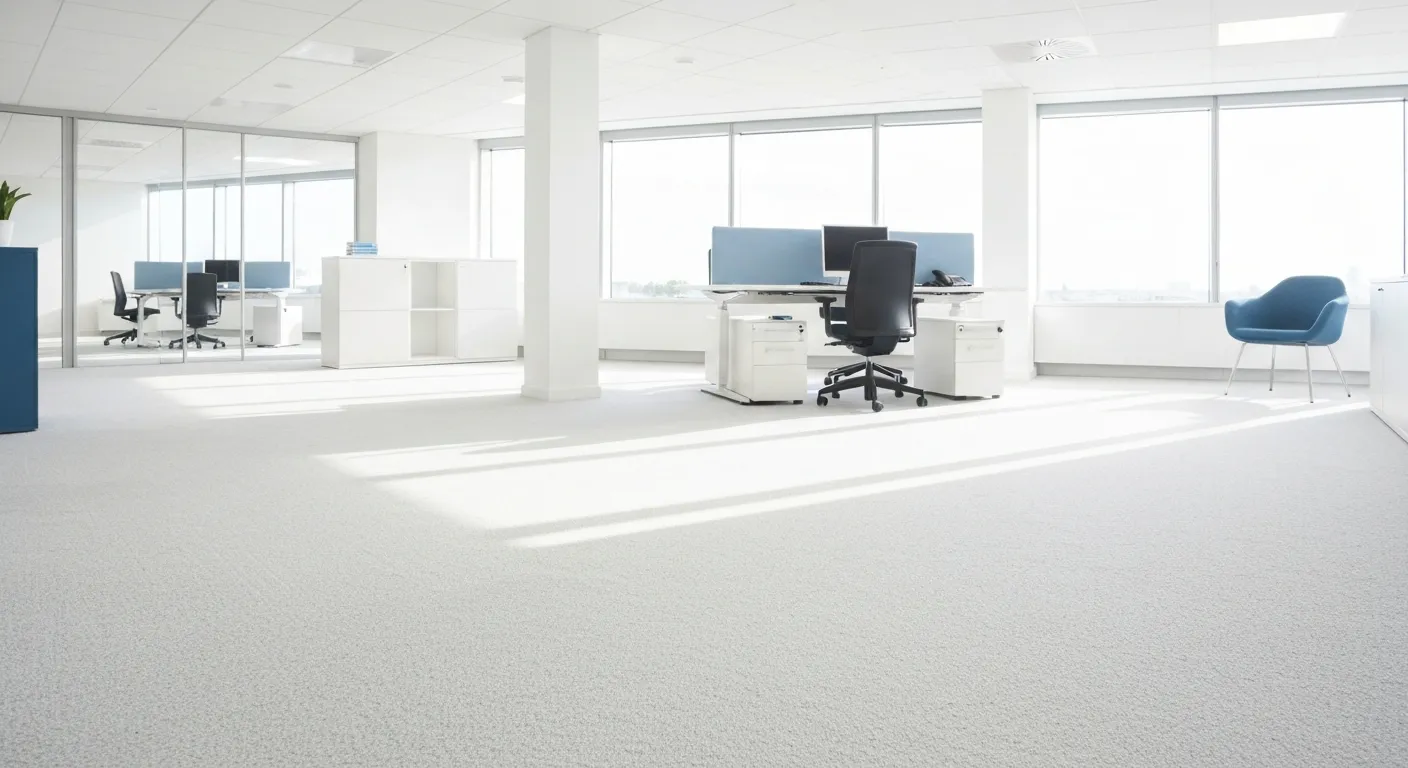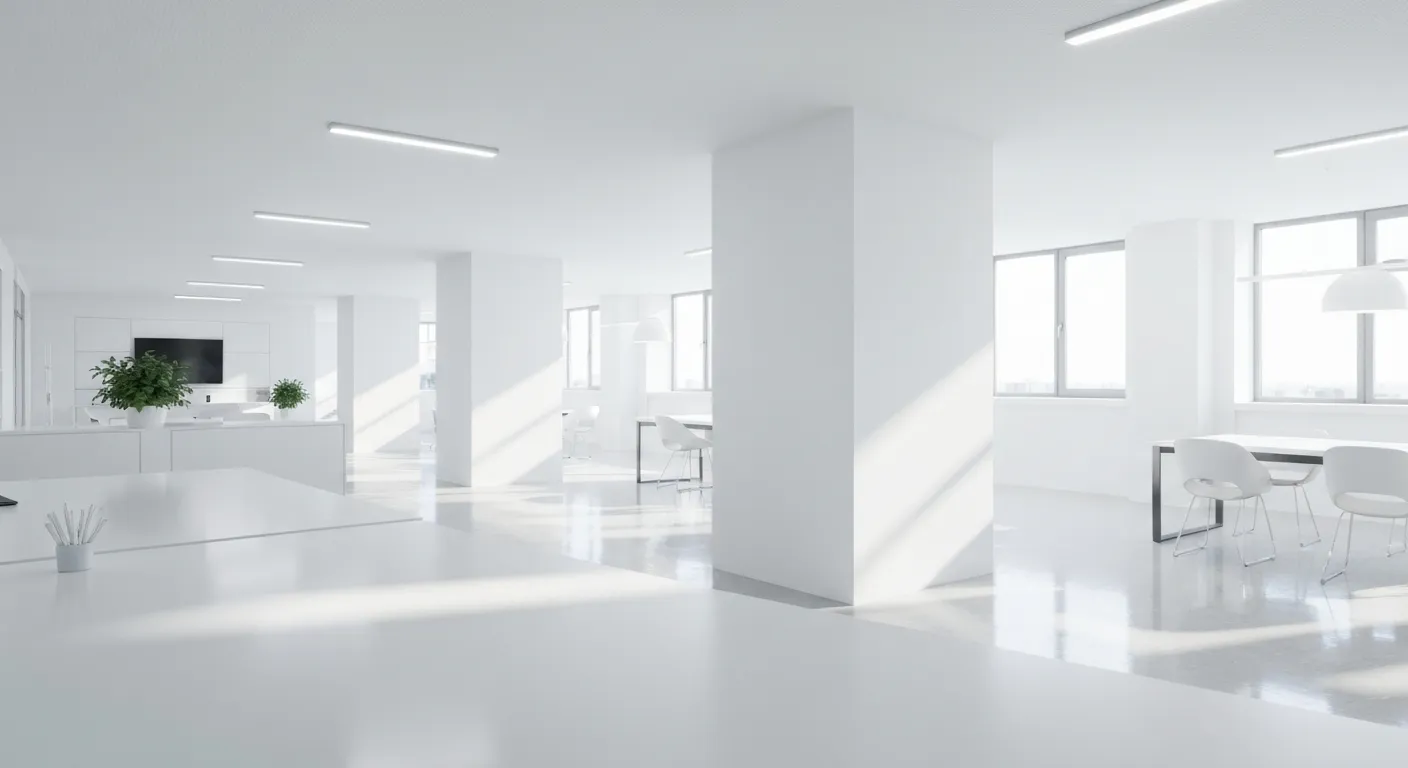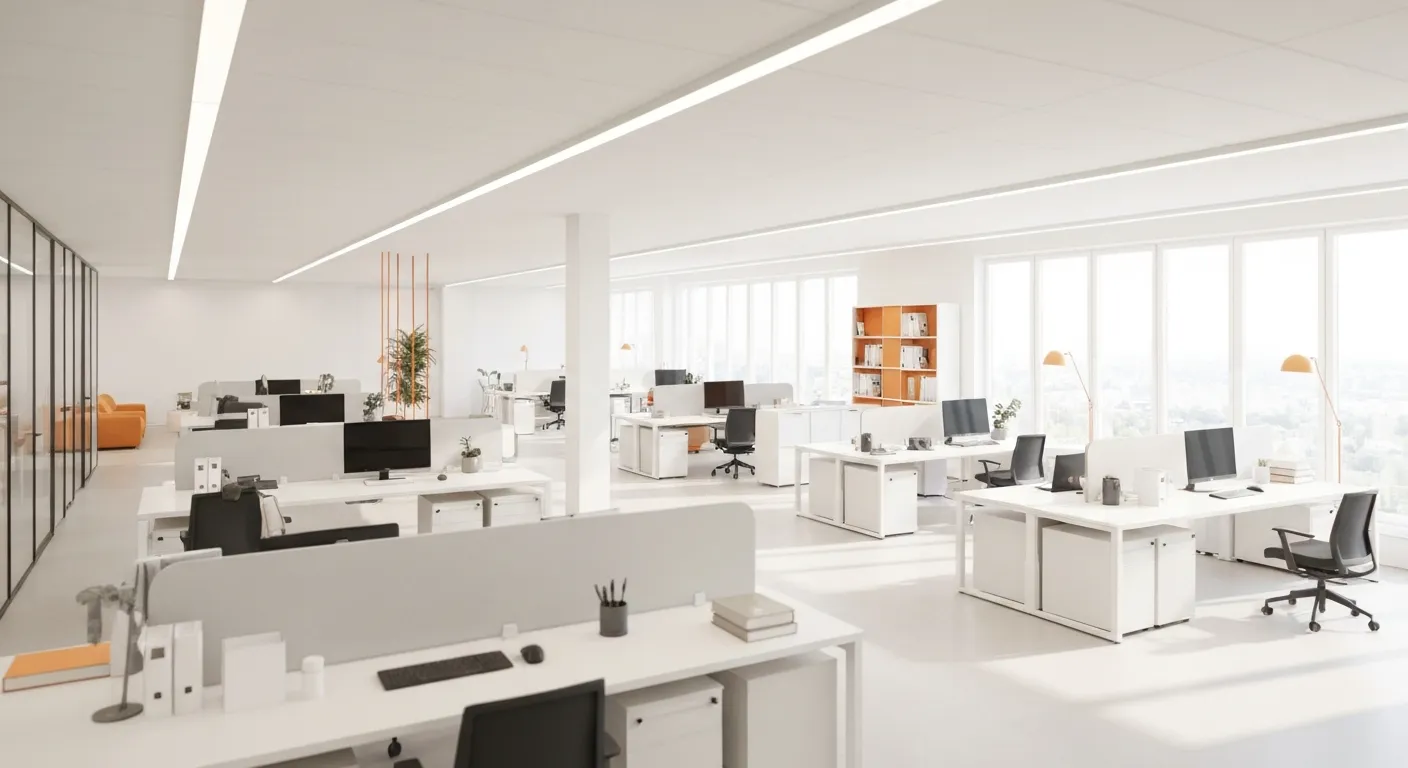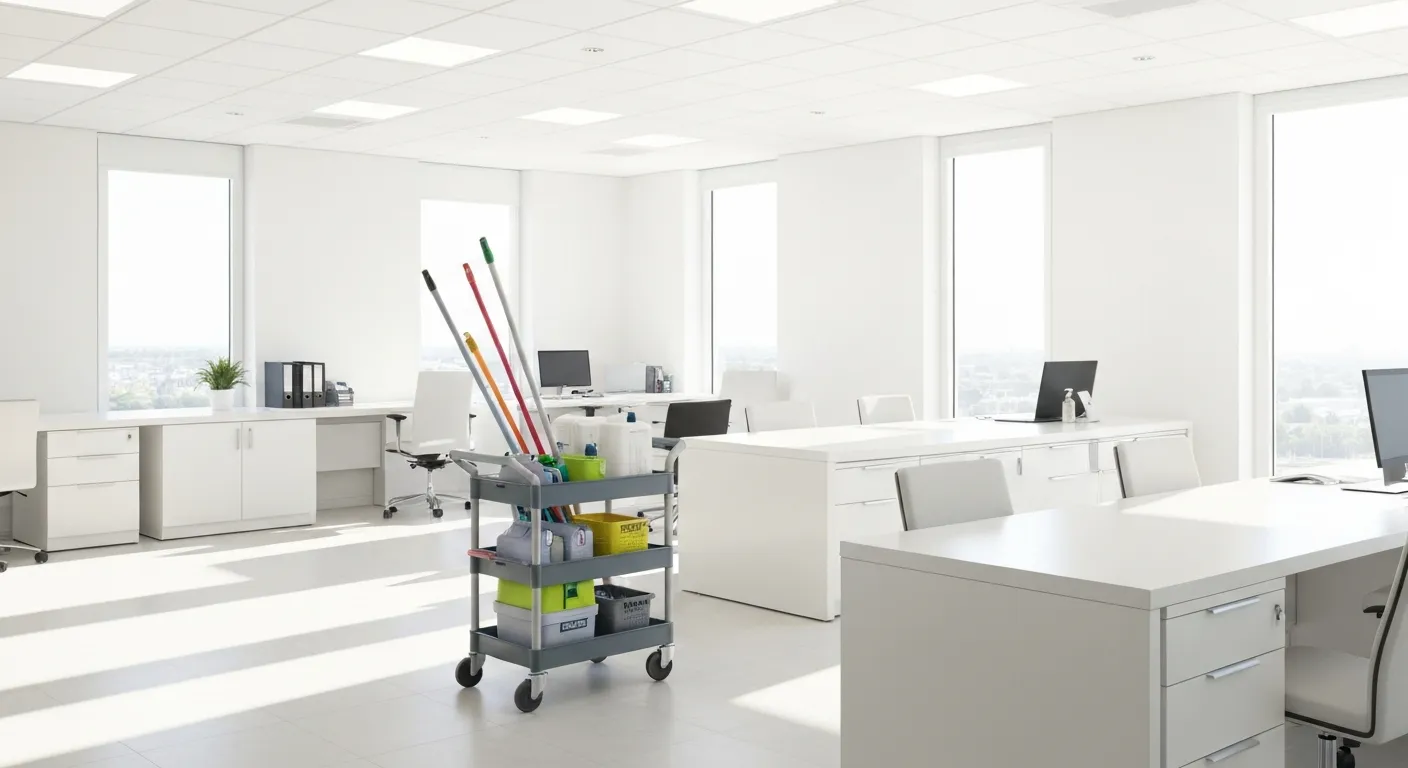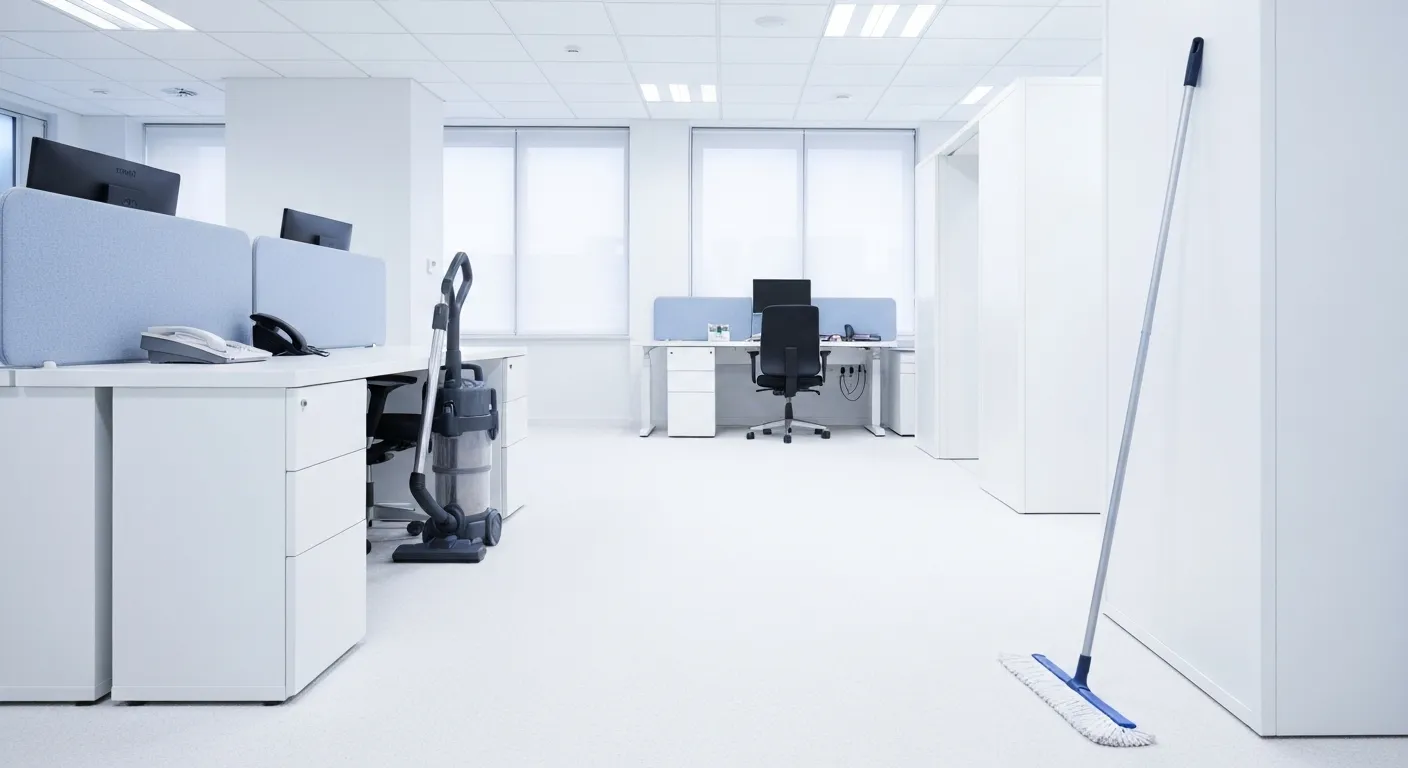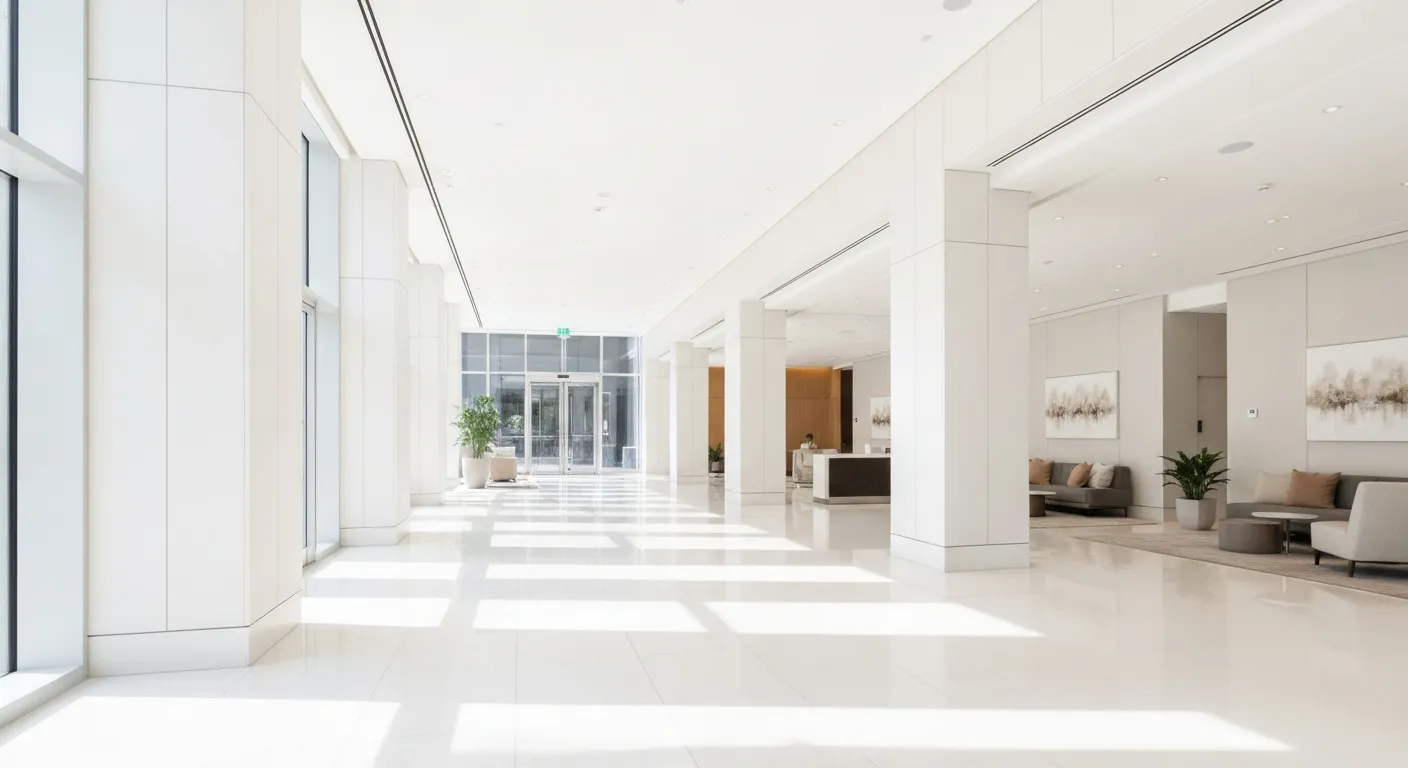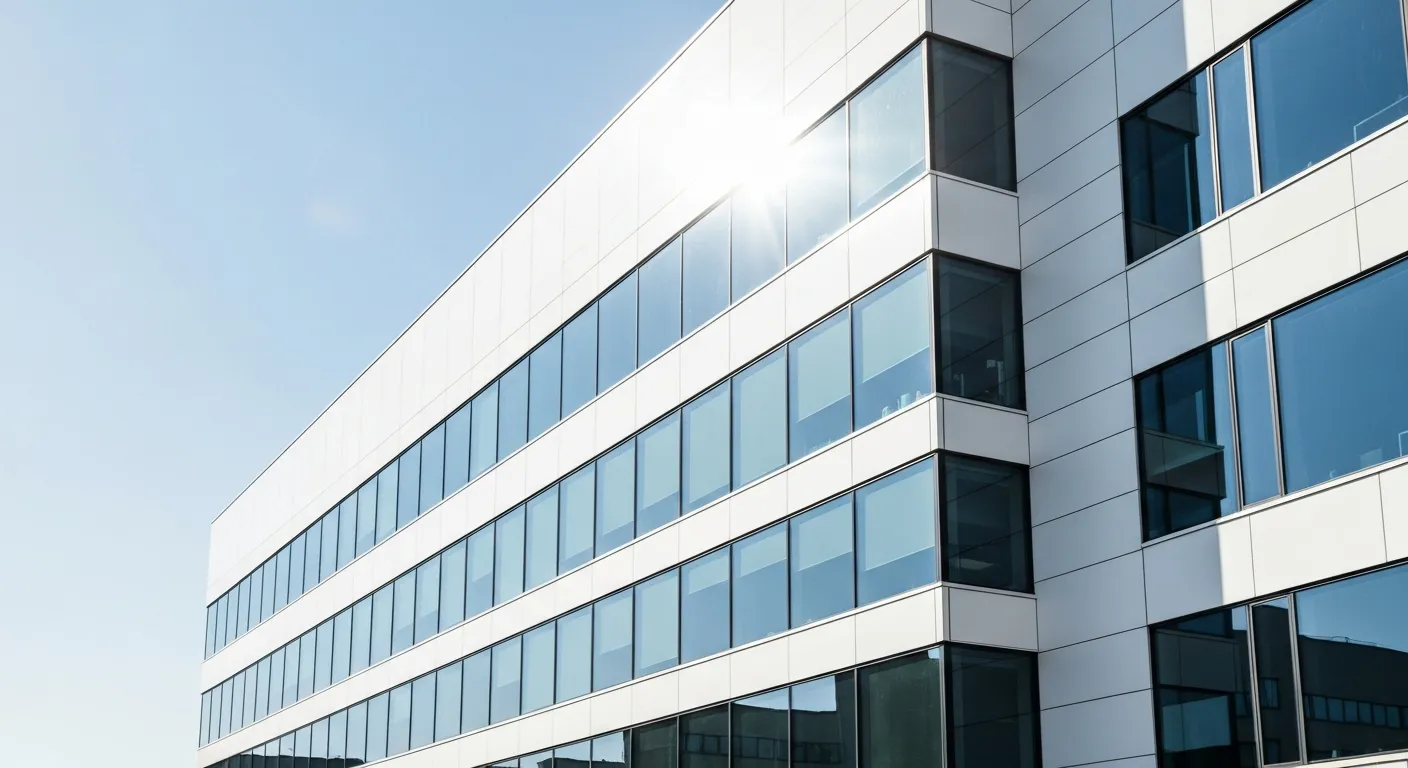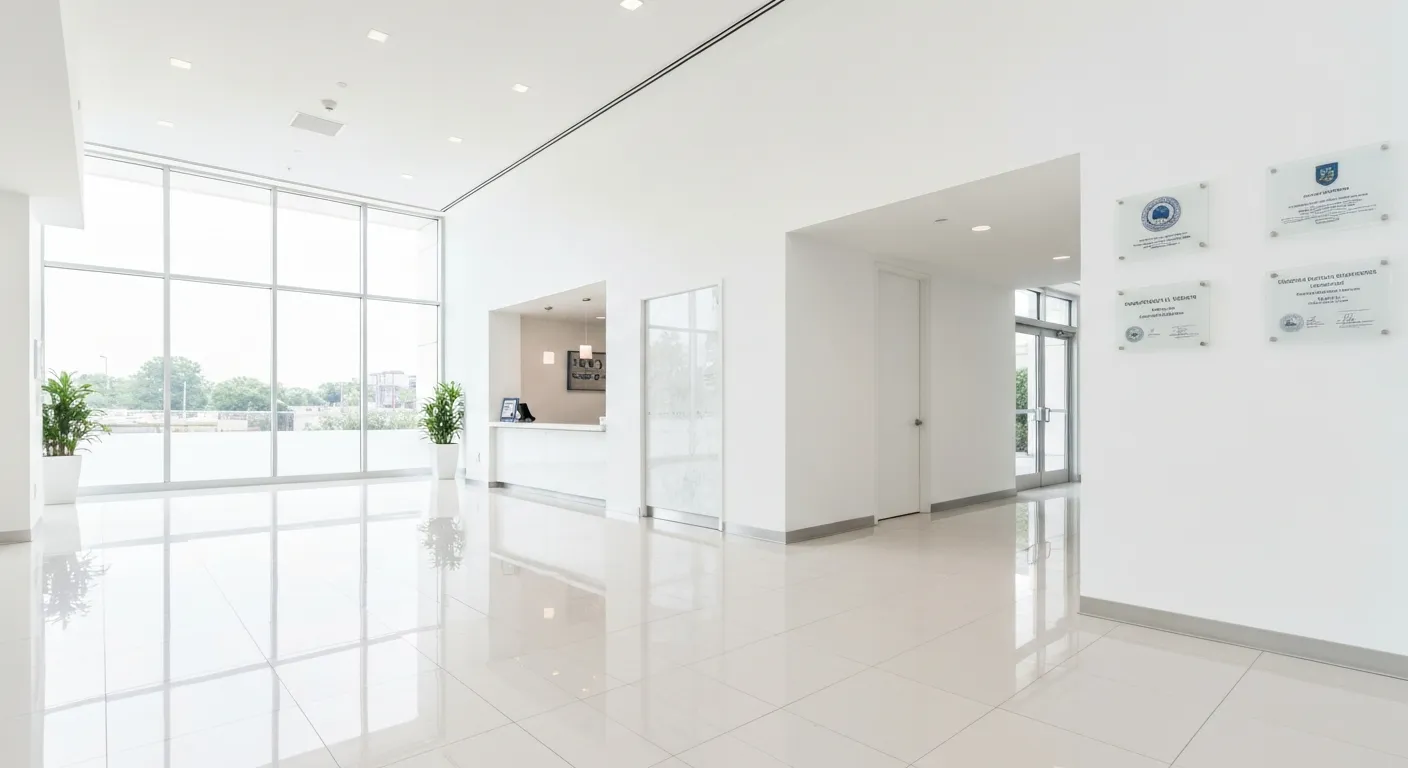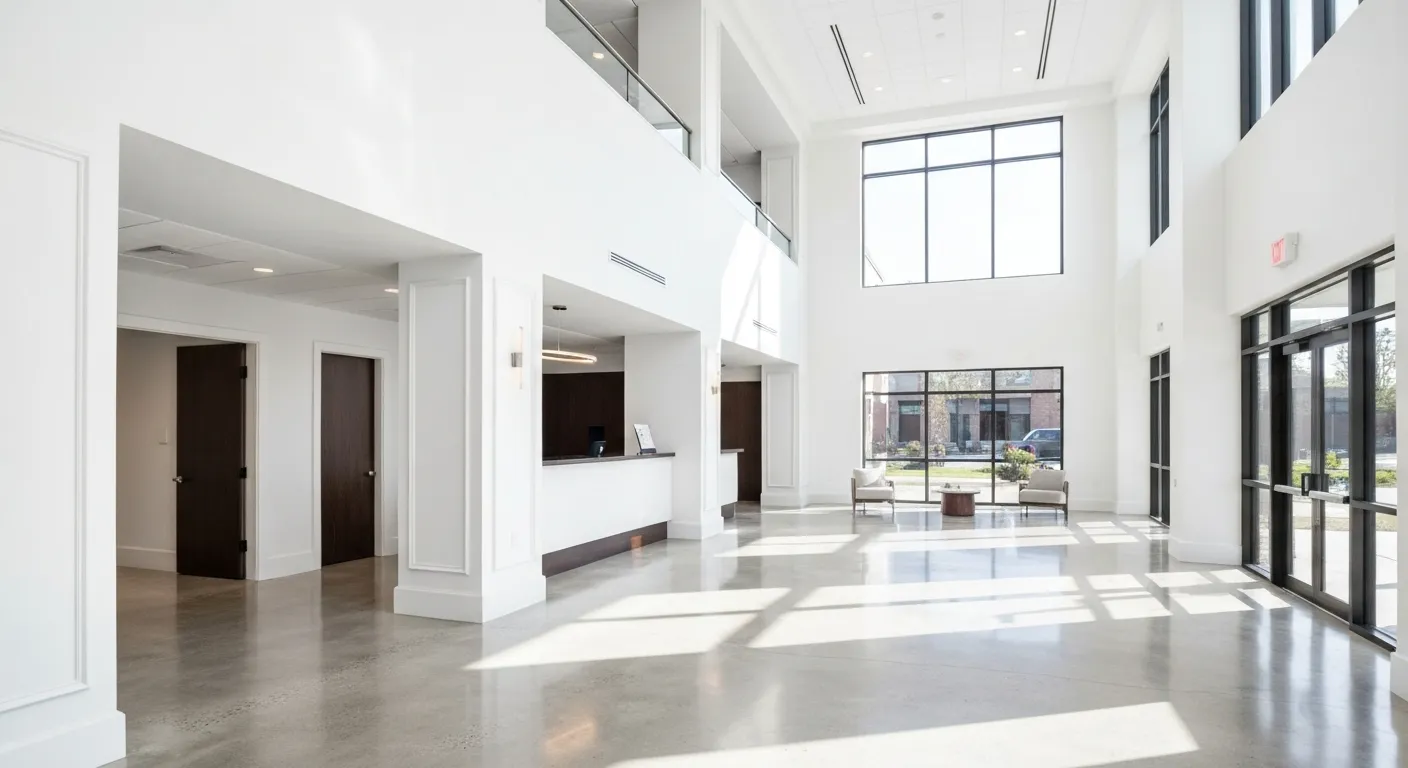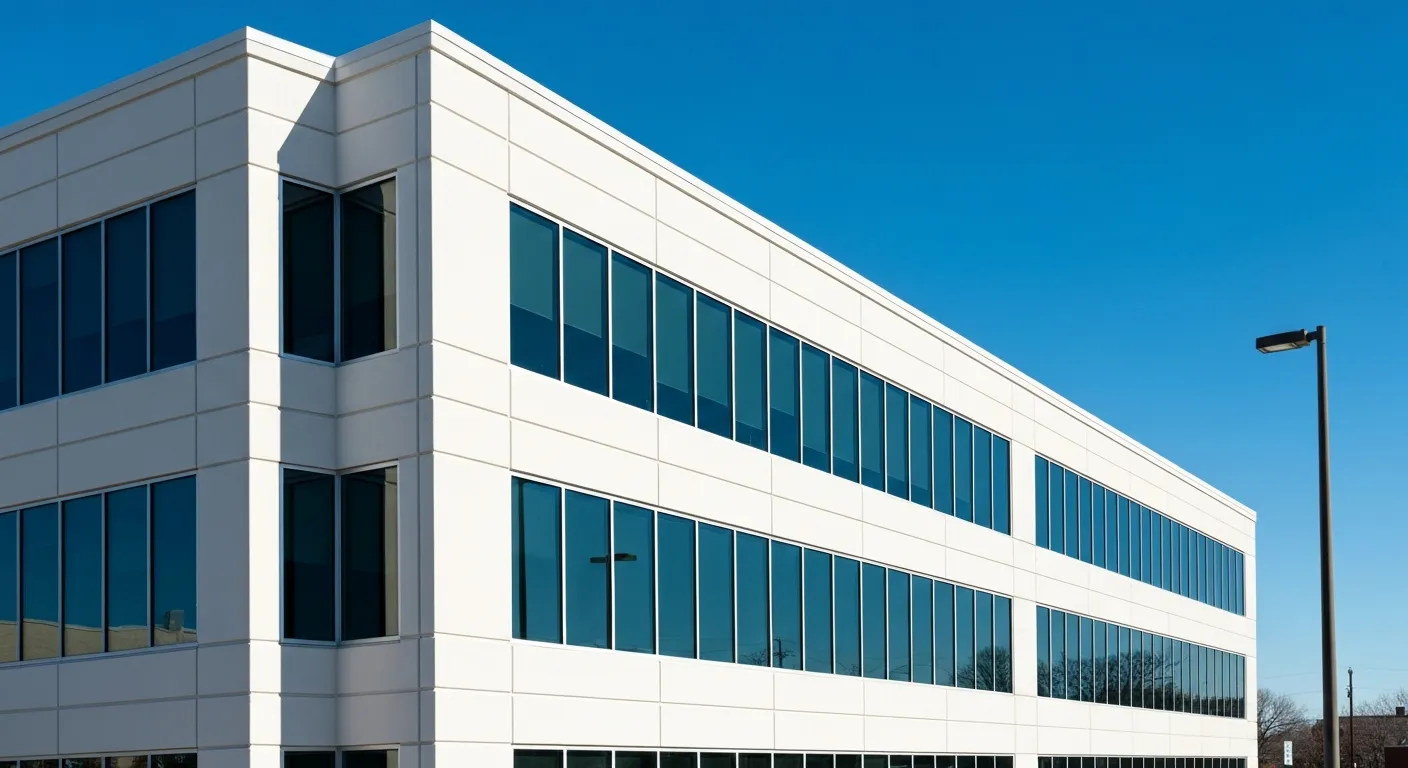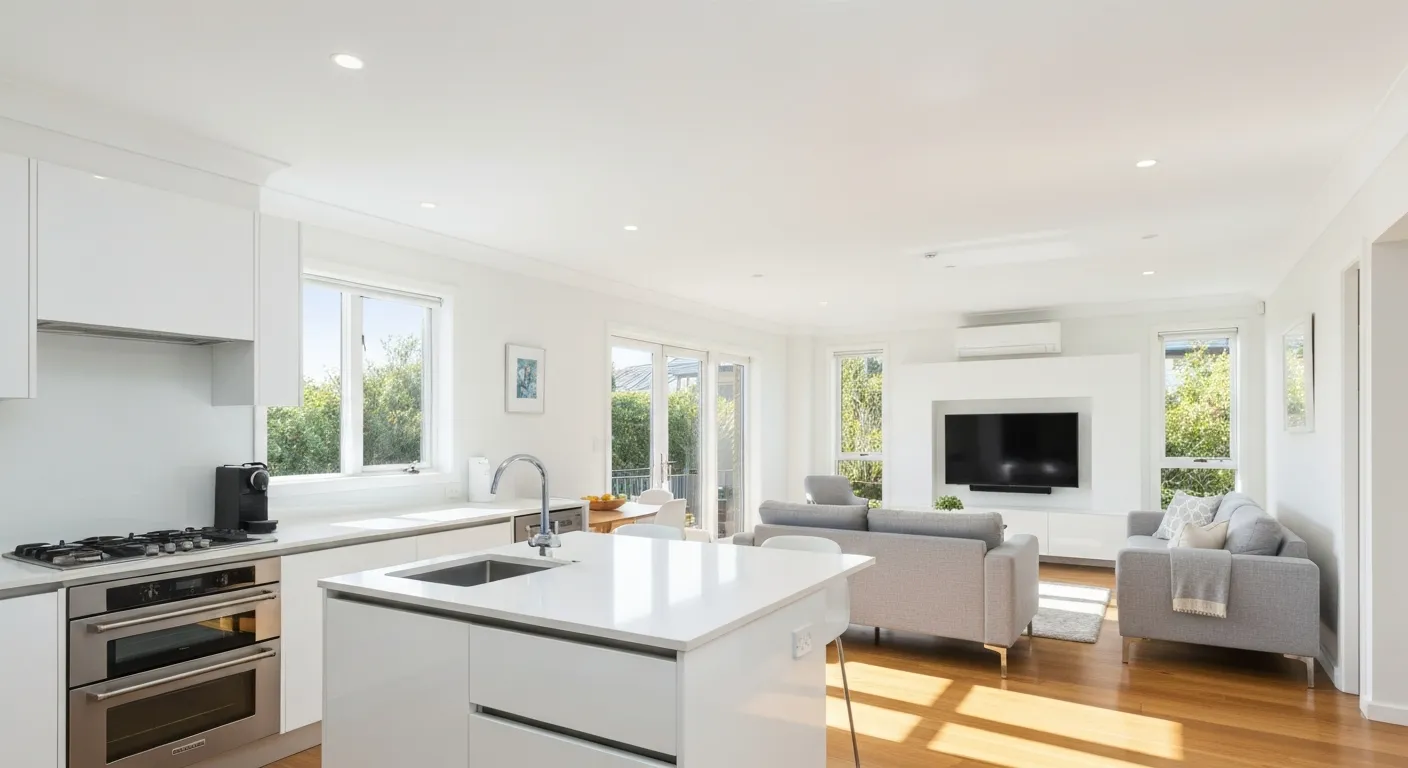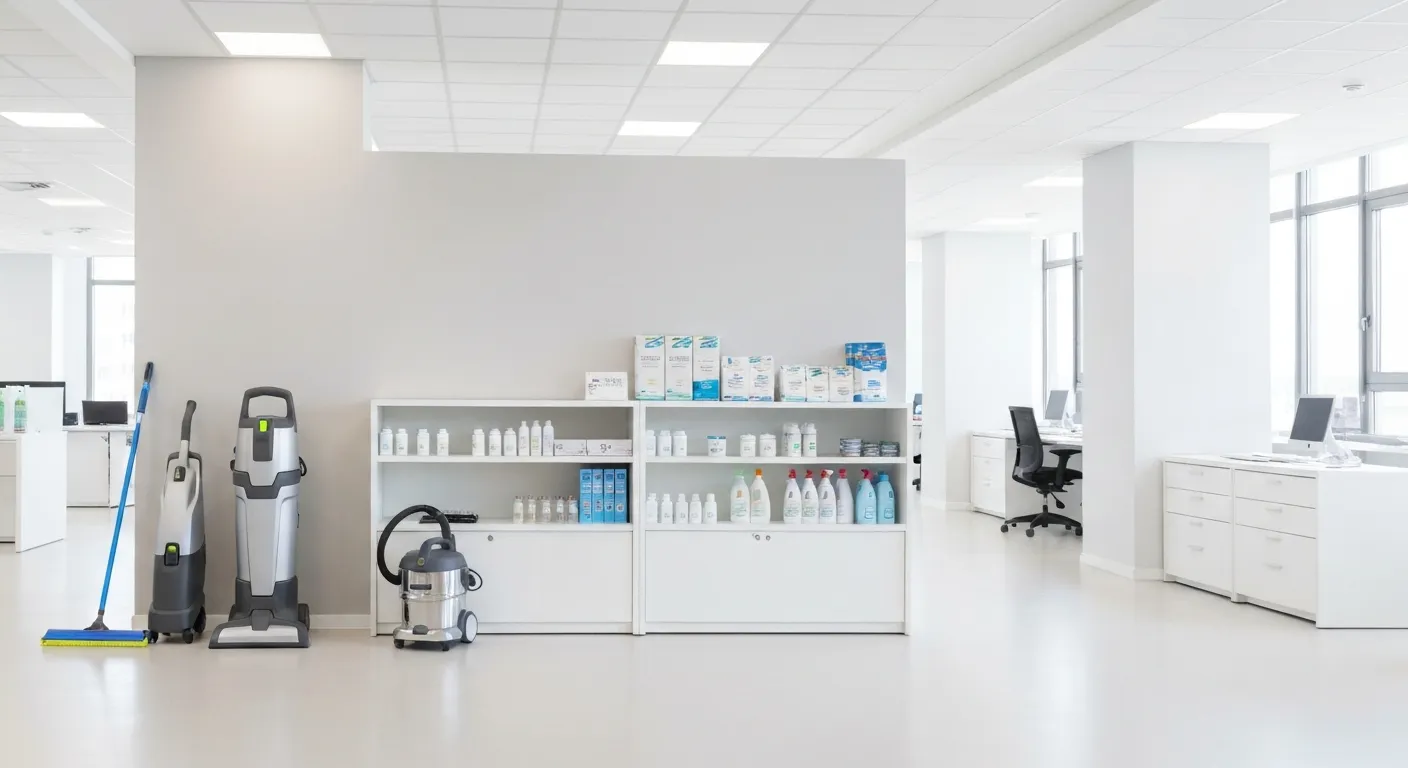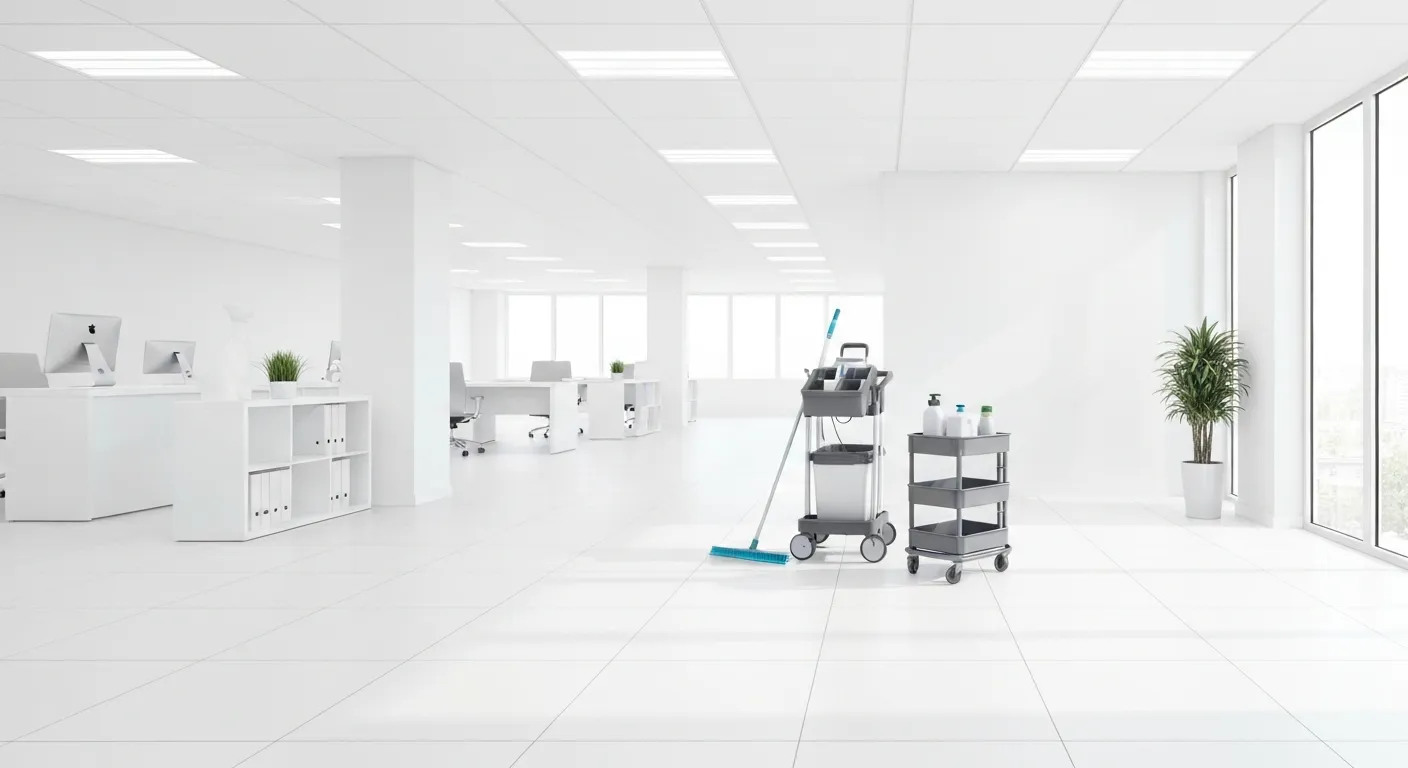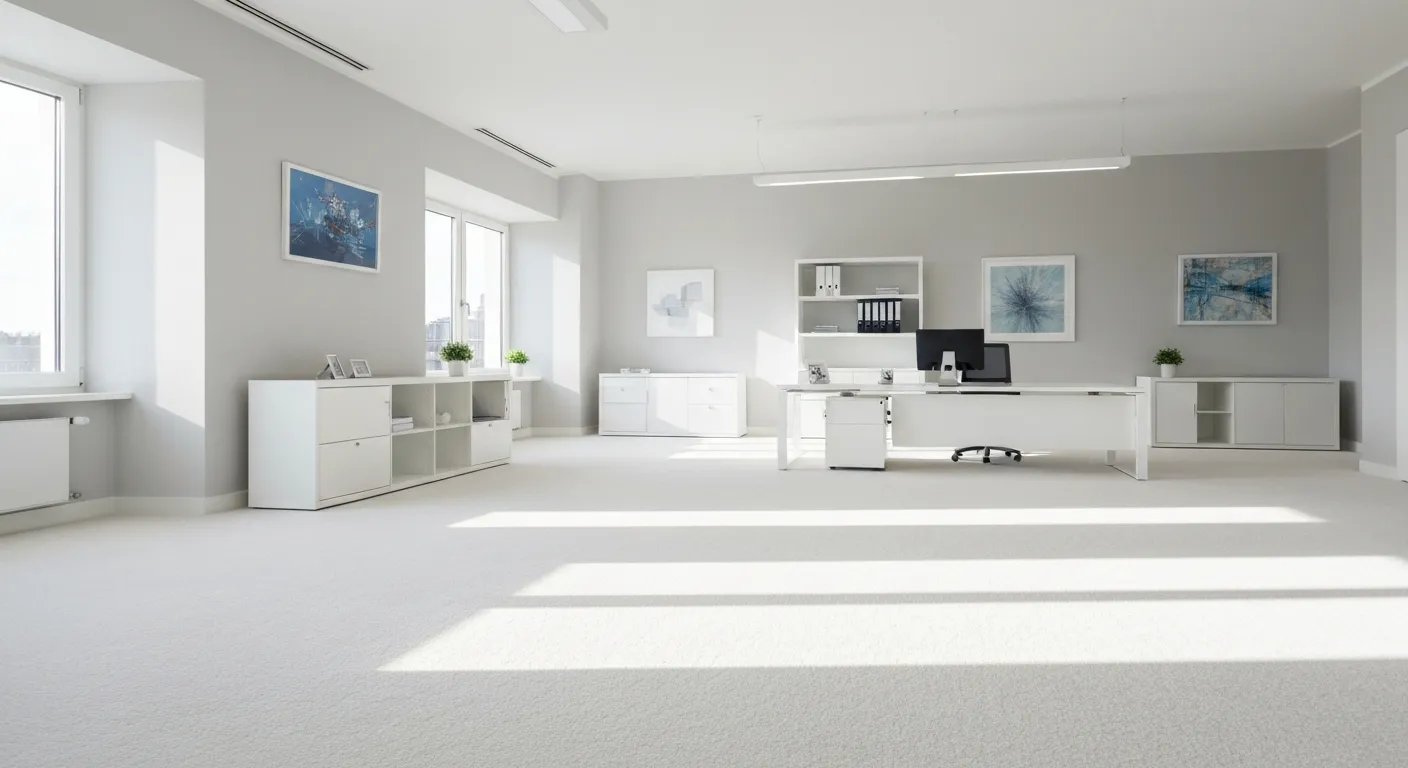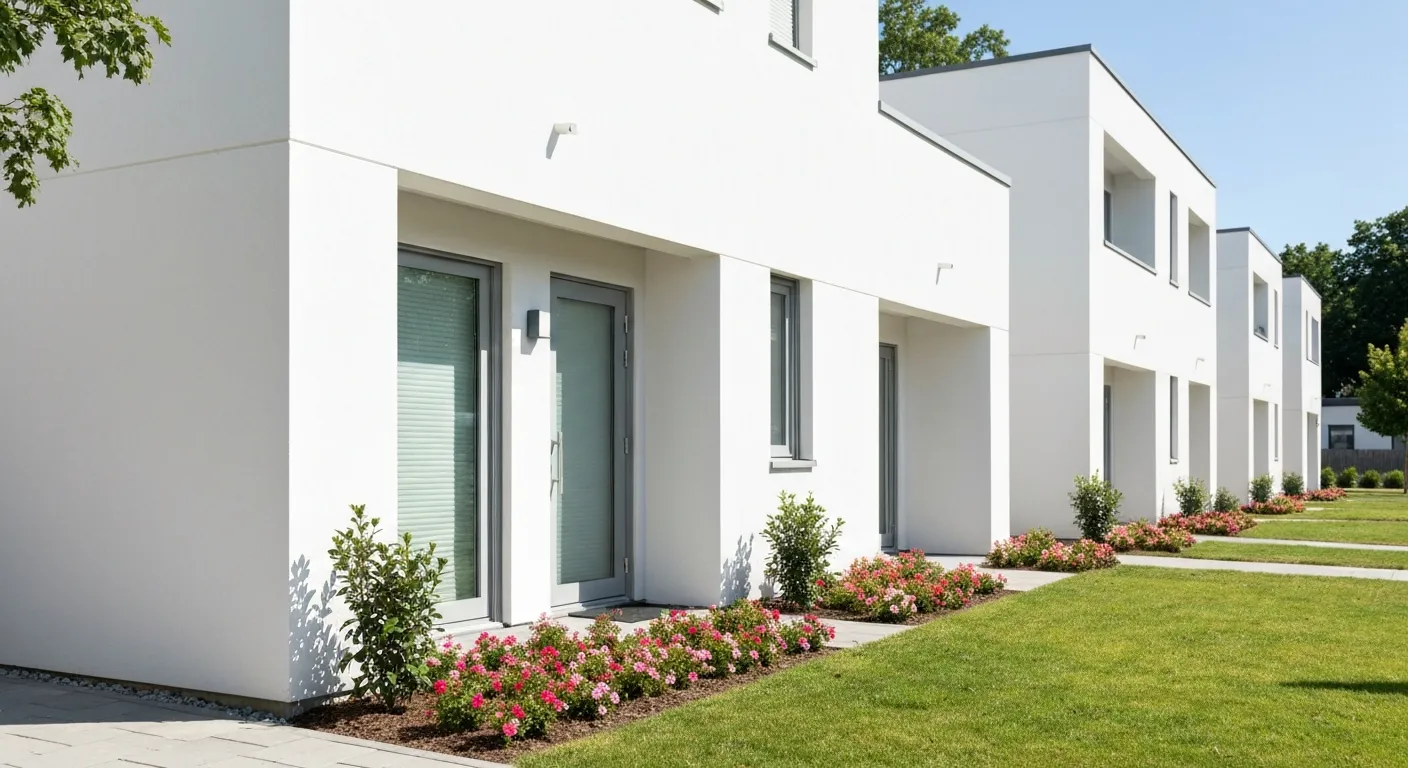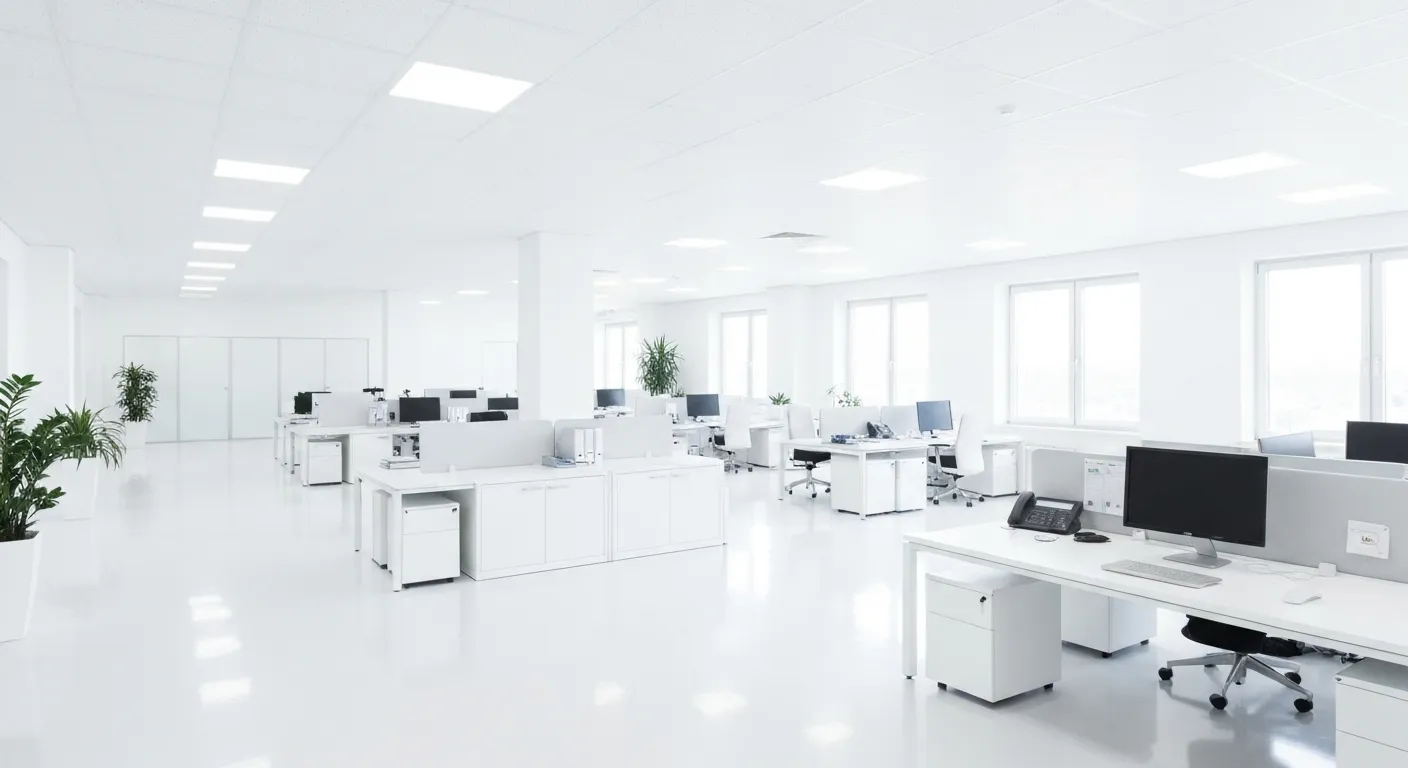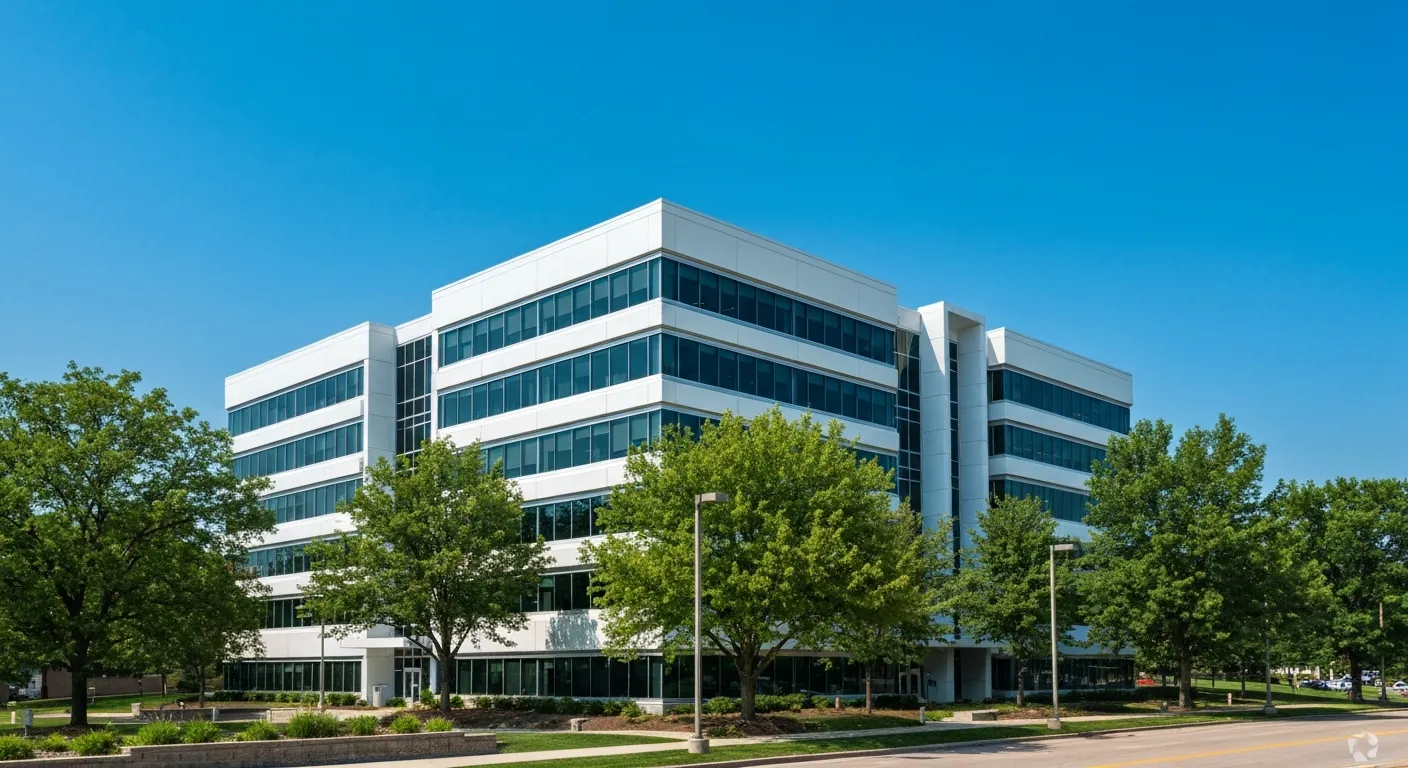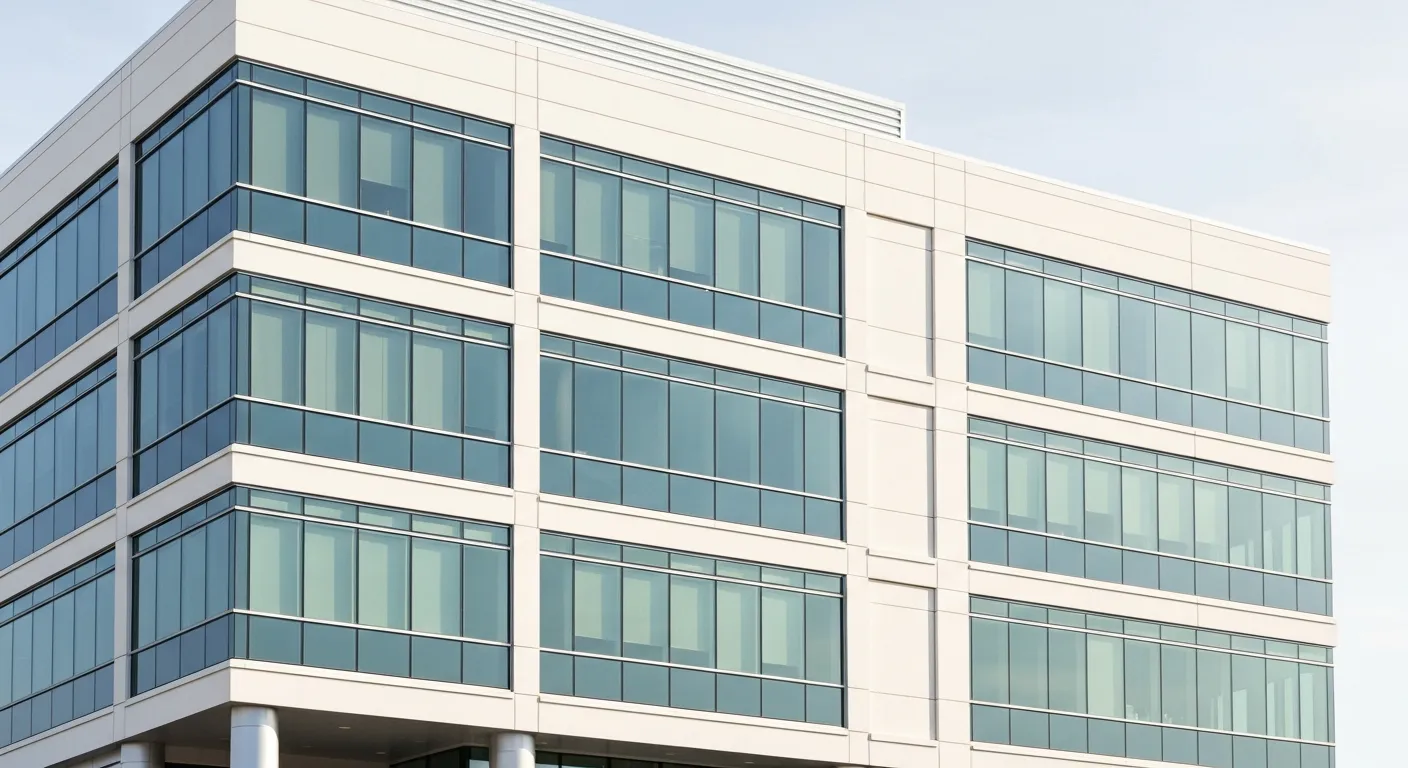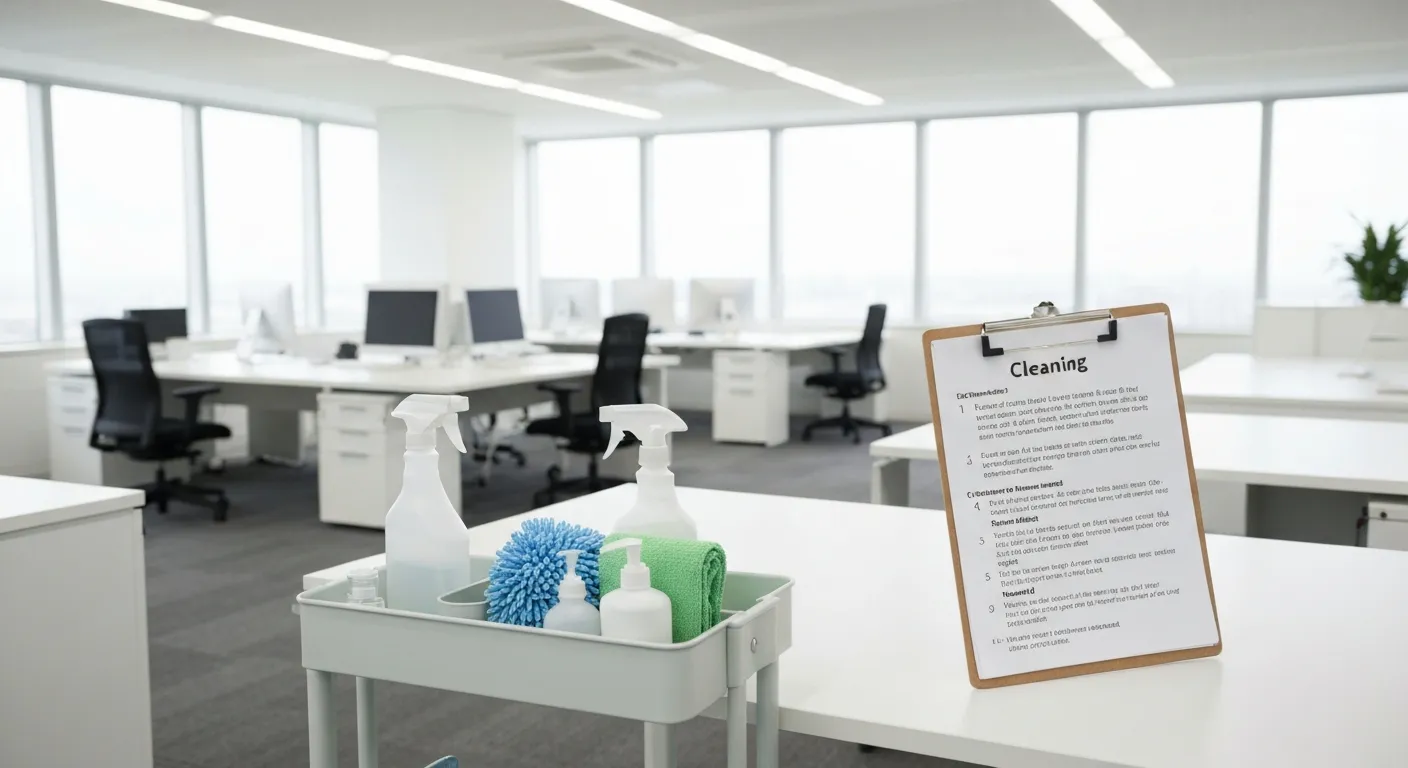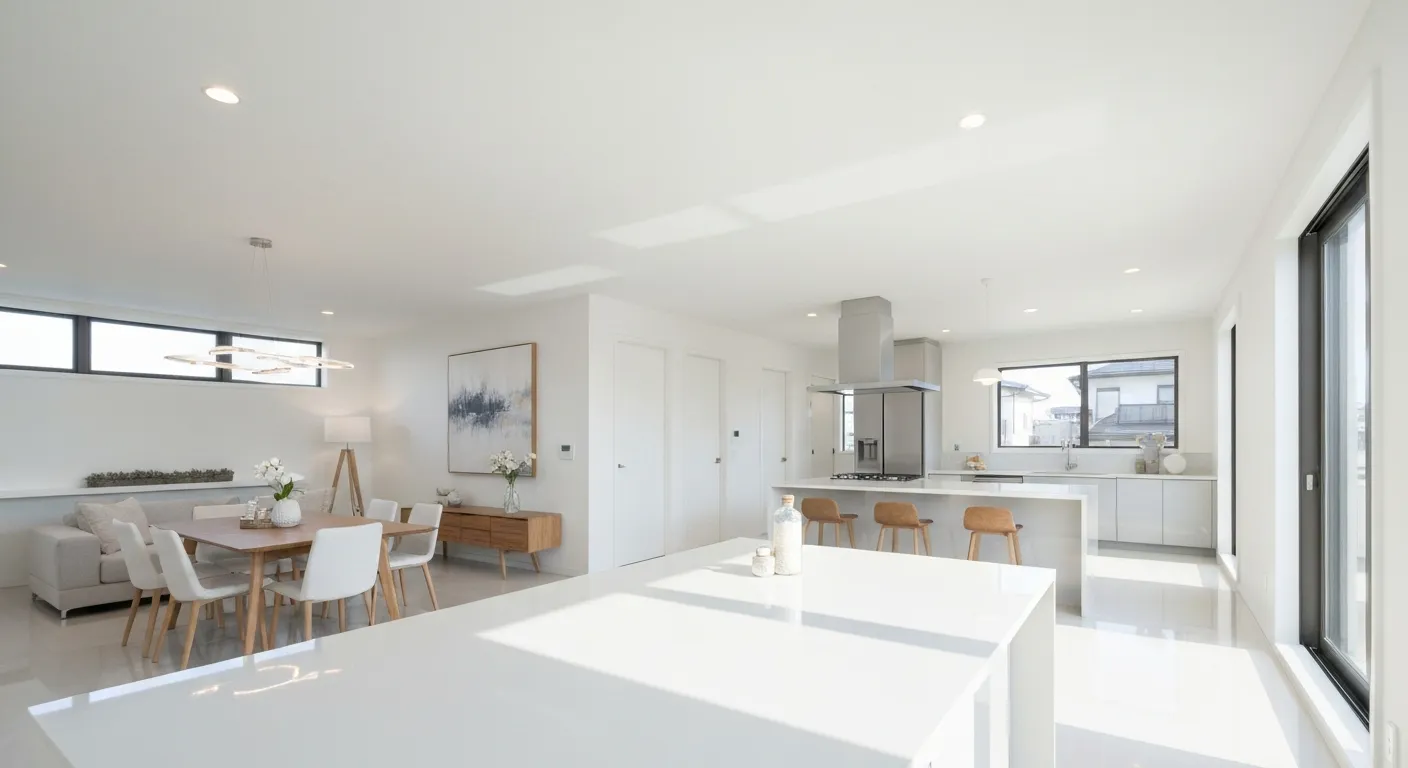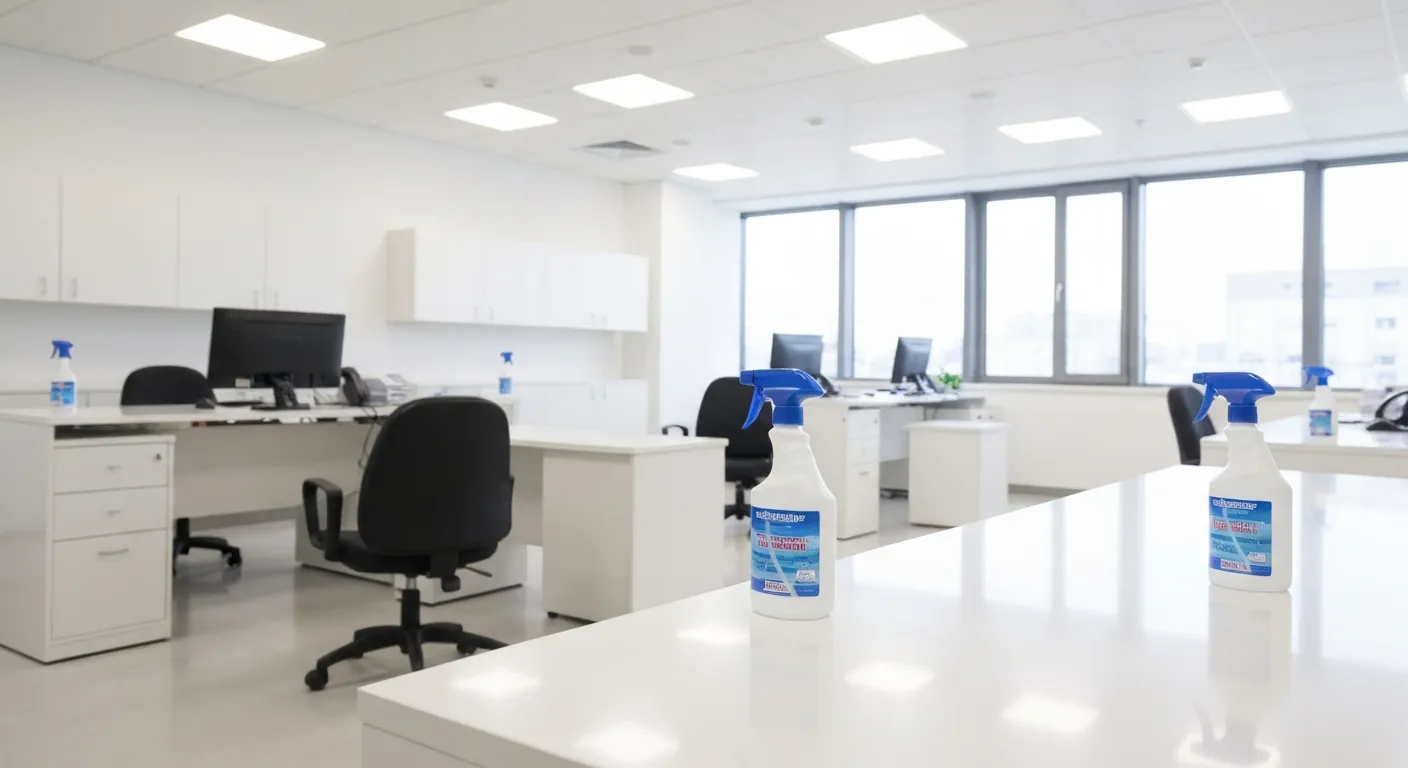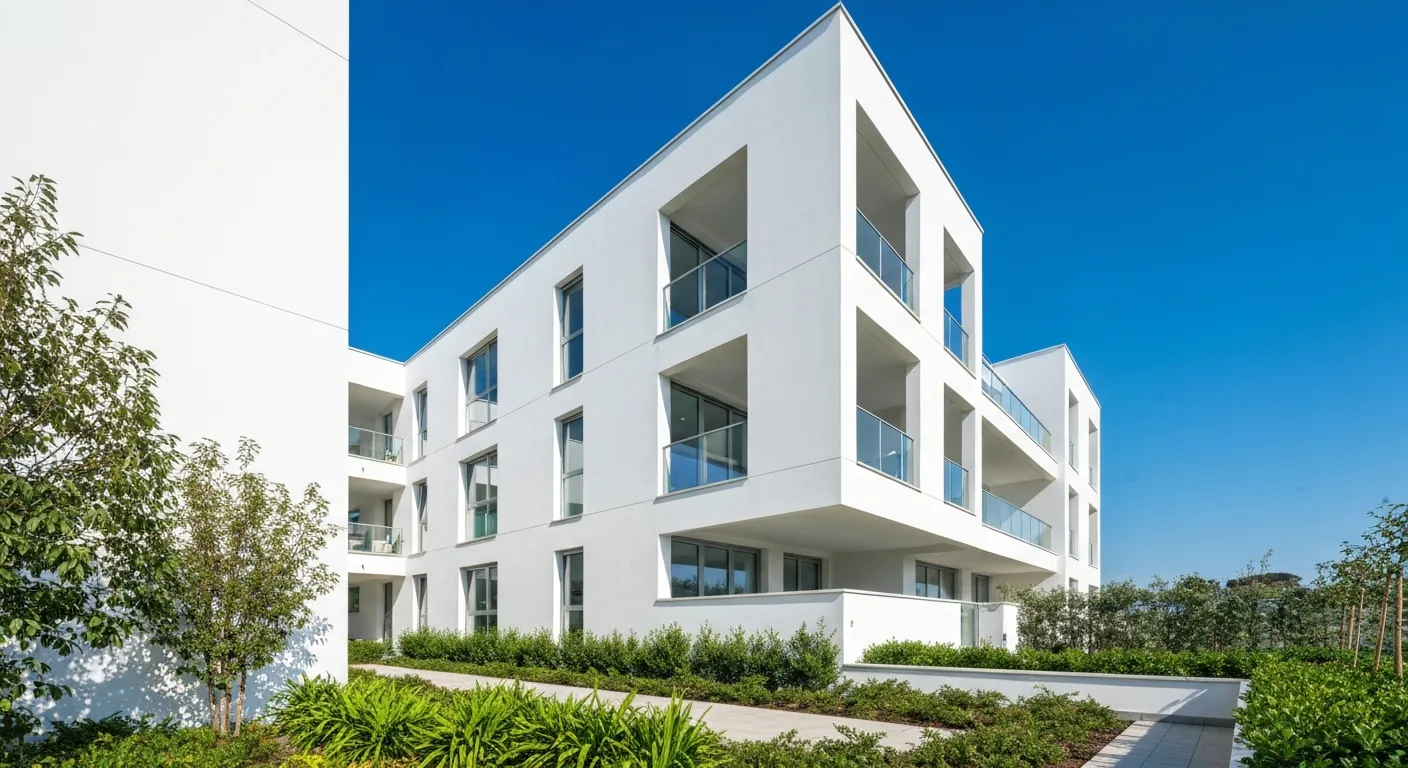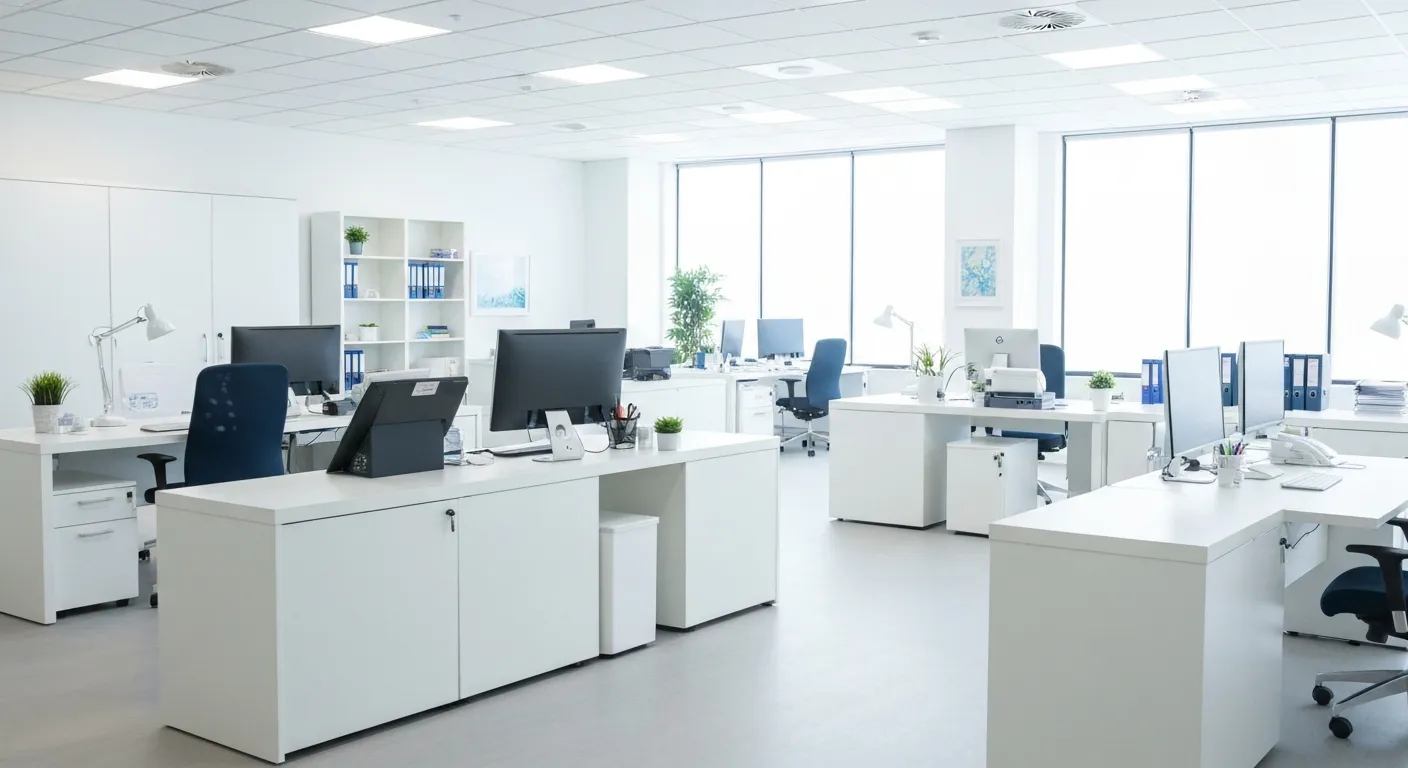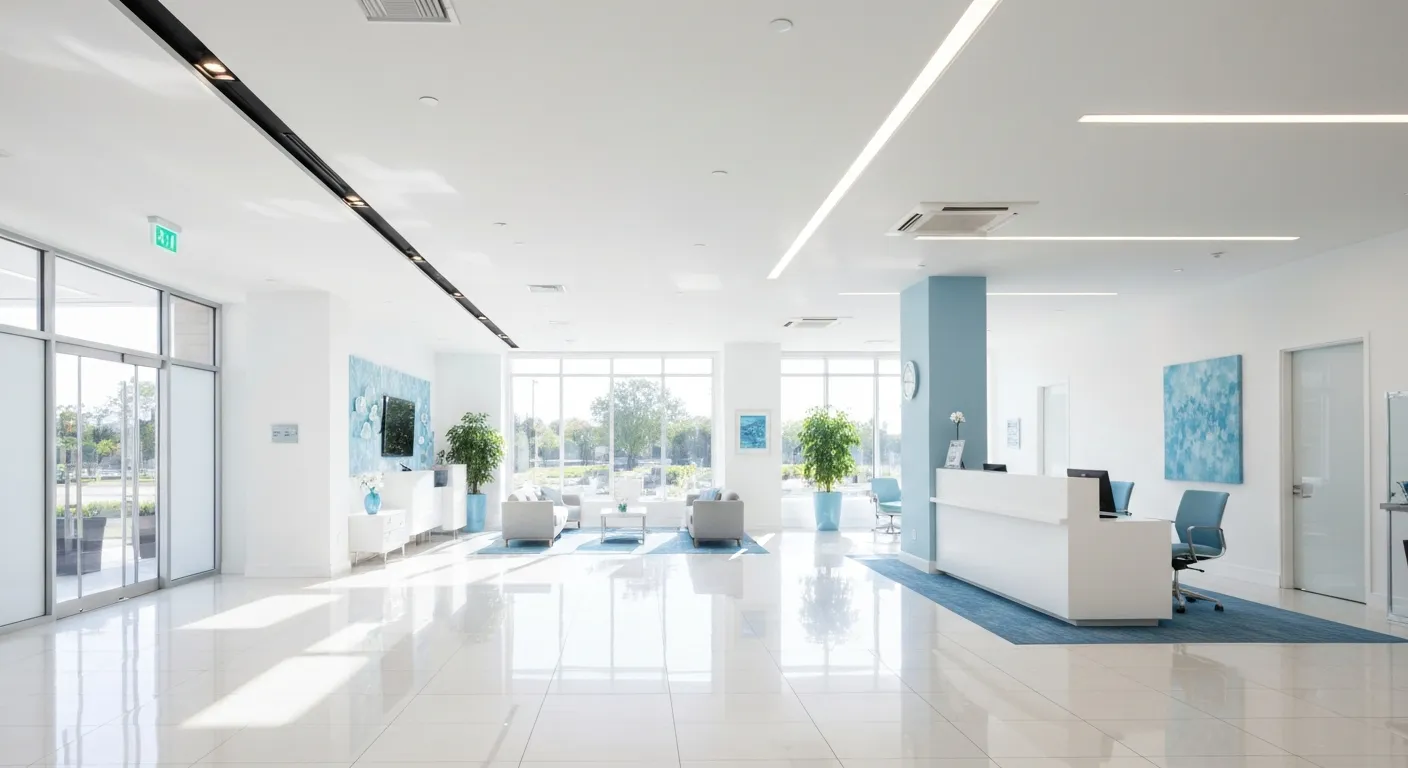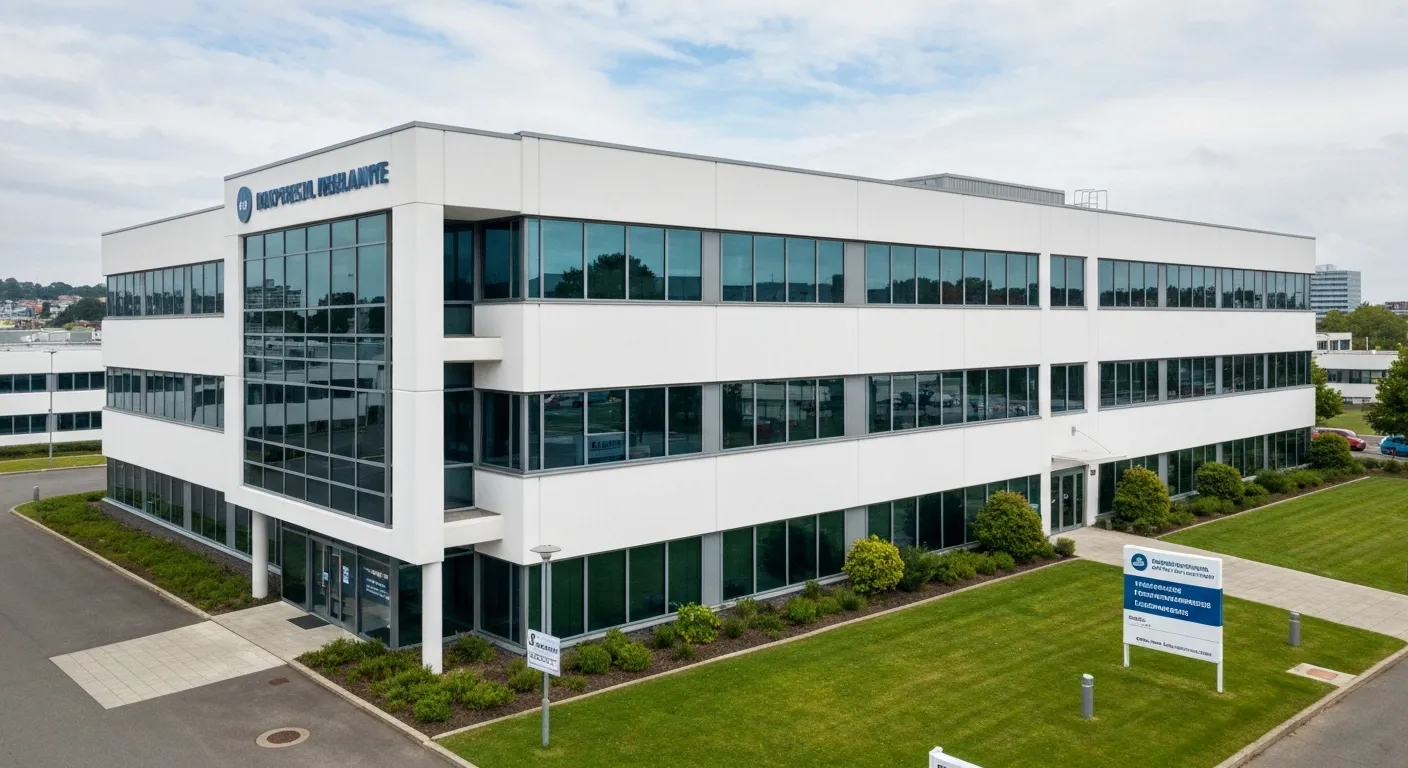Apartment Building Cleaning: What Property Managers Need to Know
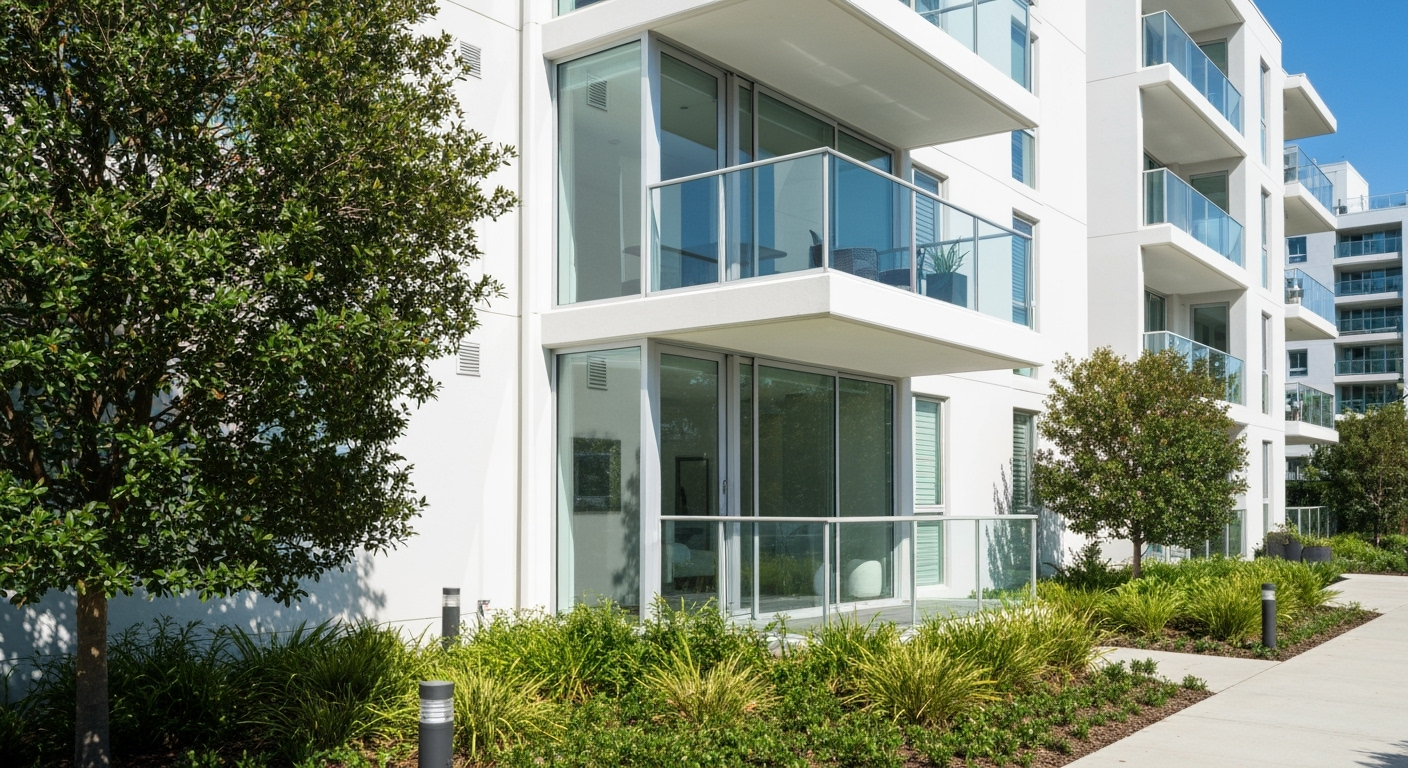
The Vital Role of Cleanliness in Apartment Management
Maintaining cleanliness in apartment buildings is a cornerstone responsibility for property managers, essential not only for tenant health and safety but also for preserving property value and enhancing tenant satisfaction. This article explores best practices, key maintenance routines, waste management, outsourcing options, safety considerations, and the integral responsibilities property managers must embrace to ensure clean, attractive, and well-maintained residential environments.
Key Responsibilities and Challenges for Property Managers in Cleaning and Maintenance
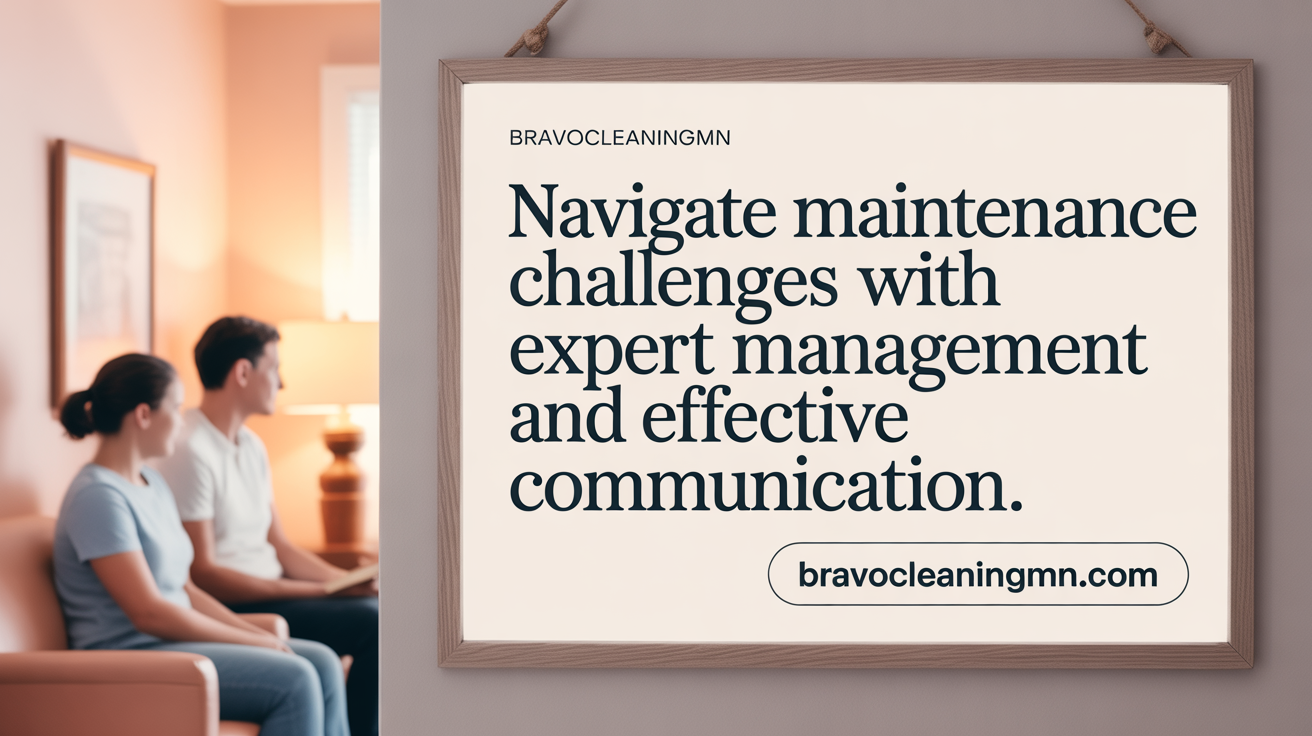
What are the main challenges property managers face in maintaining apartment buildings?
The hardest part for property managers is balancing tenant relations, routine maintenance, and budget constraints, all while maintaining a positive attitude and effective management. Ensuring that common areas remain clean and safe, responding promptly to repair requests, and managing costs simultaneously can be complex. Effective coordination with cleaning crews, repair technicians, and vendors requires skill and organization.
Essential roles of property managers in building cleanliness
Property managers play a critical role in maintaining the overall cleanliness of the building. This includes supervising the cleaning of common areas like hallways, lobbies, elevators, and laundry rooms. Regular inspections help identify cleaning needs, while coordination with professional cleaning services ensures consistent quality. They also oversee waste management, ensuring bins are emptied daily, sanitized, and odors are controlled to prevent pests.
Challenges in balancing tenant relations, maintenance, and budget
Managing tenants involves addressing their complaints and requests swiftly, which often requires immediate action. Simultaneously, managing the maintenance of equipment, plumbing, electrical systems, and the building’s exterior demands ongoing attention. Budget restrictions mean property managers must prioritize repairs and cleaning schedules carefully. Outsourcing services like landscaping, cleaning, and repairs can help, but these come with their own challenges such as vendor reliability and costs.
Importance of clear communication and prompt maintenance response
Effective communication is vital. Property managers should clearly convey policies, maintenance procedures, and safety protocols to tenants. Using property management software can streamline maintenance requests and track repairs, reducing delays. Prompt response to issues such as leaks, electrical failures, or pest infestations is essential in maintaining tenant satisfaction and preventing costly damage.
Documentation and organizational best practices
Keeping organized records is fundamental. This includes maintaining lease agreements, screening and application documents, and detailed logs of maintenance and repairs. Digital systems can help manage inspections, service requests, and communication histories. Proper documentation ensures legal compliance and helps handle disputes efficiently.
| Aspect | Details | Additional Info |
|---|---|---|
| Common Area Maintenance | Cleaning hallways, lobbies, stairs, elevators, and outdoor spaces | Regular deep cleaning and sanitation, especially high-touch surfaces |
| Waste Management | Daily trash pickup, bin sanitation, odor control | Prevents pest issues and enhances hygiene |
| Exterior Upkeep | Landscaping, gutters, facade repairs | Influences curb appeal and property value |
| Tenant Communication | Clear policies, regular updates, prompt responses | Builds trust and reduces complaints |
| Documentation | Maintenance logs, legal documents, financial records | Ensures transparency and legal compliance |
Maintaining cleanliness and prompt repairs not only preserves the property’s value but also fosters a comfortable living environment. Employing professional cleaning services, utilizing management software, and establishing clear policies help property managers overcome challenges effectively.
Developing Effective Cleaning Schedules and Maintenance Checklists
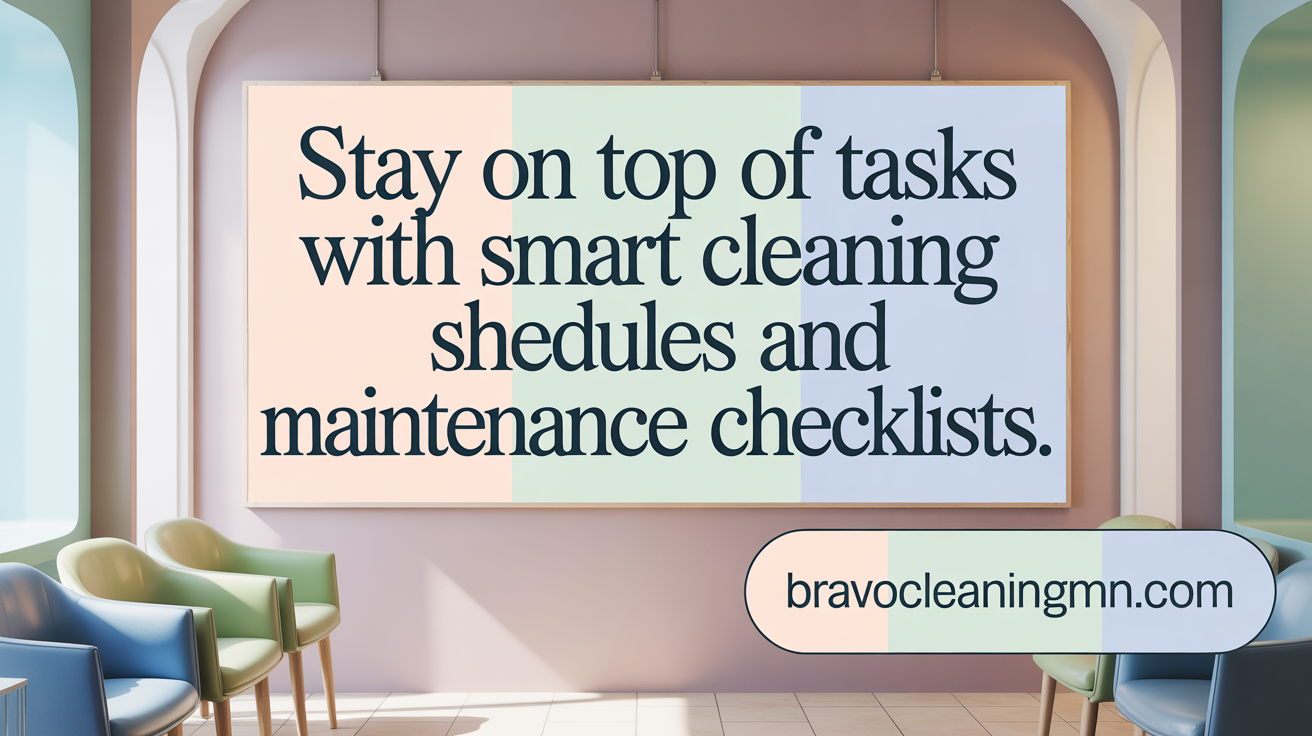
Creating preventive maintenance checklists
A well-structured checklist helps property managers stay ahead of common issues by routinely scheduling tasks like debris removal, HVAC servicing, and seasonal maintenance. These lists ensure that routine tasks are not overlooked, helping to prolong the lifespan of building systems.
Routine and seasonal cleaning tasks
Regular cleaning of common areas such as hallways, lobbies, elevators, and laundry rooms keeps the building presentable and safe. Tasks include vacuuming carpets, disinfecting high-touch surfaces like door handles and elevator buttons, and window cleaning twice annually. Seasonal duties might involve gutter cleaning and landscaping.
Unit turnover cleaning protocols
When tenants move out, thorough cleaning and repairs are essential to prepare units for new residents. This process includes checking for damages, cleaning stains, pest control, mold inspection, repainting, and replacing flooring if necessary. These steps help maintain a high standard of cleanliness and property value.
Scheduled inspections and common area maintenance
Routine inspections of smoke and fire alarm systems, HVAC units, water lines, and building exteriors help detect issues early. Regularly scheduled maintenance prevents costly repairs and enhances safety. Conducting inspections quarterly or biannually ensures that everything remains functional.
Use of technology and software for task tracking
Modern property management software can streamline task scheduling, tracking, and reporting. These digital tools help assign specific cleaning or maintenance tasks, set deadlines, and monitor completion status, reducing the risk of missed duties and enhancing overall operational efficiency.
| Task Type | Frequency | Responsible Party | Additional Details |
|---|---|---|---|
| Common area cleaning | Daily/Weekly | Janitorial staff | Includes dusting, vacuuming, and high-touch surface sanitation |
| Unit inspections | Quarterly | Maintenance team | For damages, safety issues, and necessary repairs |
| Seasonal gutter and landscaping | Seasonal | External contractors | Ensure safety and curb appeal |
| HVAC servicing | Biannual | Certified technicians | Maintain efficiency and air quality |
| Property inspections | Quarterly | Property manager | Cover fire alarms, water, and structural elements |
A consistent, well-planned schedule supported by modern software ensures properties stay in good condition, enhance tenant satisfaction, and protect long-term investments.
Waste Management and Sustainability in Apartment Complexes
How does effective waste and recycling management benefit apartment complexes?
Proper waste and recycling practices are essential for maintaining cleanliness, preventing pest infestations, and complying with legal recycling mandates. By organizing regular waste collection and encouraging residents to recycle, property managers reduce rubbish buildup and promote a healthy environment for tenants.
What are the legal requirements for recycling?
In many states, laws require apartment complexes to provide specific waste sorting facilities and to adhere to recycling regulations. Failure to comply can result in fines and legal issues. Property managers should stay updated on local mandates and ensure that recycling bins are clearly designated and maintained.
Why is daily cleaning and sanitization of waste disposal areas important?
Cleaning waste areas daily prevents odors, reduces bacteria, and discourages pests. Sanitizing bins and surrounding surfaces ensures hygiene for residents and staff, and prevents the spread of germs, especially in high-traffic or shared spaces.
What are the benefits of using green cleaning supplies?
Green cleaning products are environmentally friendly and contain fewer toxic chemicals. They contribute to better indoor air quality, reduce health risks for tenants and cleaning staff, and align with sustainability goals. Using eco-friendly supplies also supports a building’s eco-conscious image.
How can sustainable practices help reduce operational costs?
Implementing energy-efficient waste equipment, optimizing recycling programs, and choosing eco-friendly cleaning materials can lower ongoing expenses. These practices can lead to savings in utility bills, waste disposal fees, and health-related costs, while also boosting tenant satisfaction and environmental responsibility.
| Strategy | Focus Area | Benefits | Example |
|---|---|---|---|
| Recycling Programs | Waste sorting | Legal compliance, pest control, sustainability | Establish separate bins for recyclables and waste |
| Green Supplies | Cleaning products | Healthier environment, reduced chemical exposure | Use biodegradable cleaners for common areas |
| Efficient Waste Systems | Disposal and compaction | Cost savings, reduced landfill use | Install compactors and optimize pickup schedules |
| Education & Engagement | Tenant participation | Higher recycling rates, cleaner premises | Conduct awareness campaigns and provide clear instructions |
| Sustainable Upgrades | Equipment and materials | Lower utility costs, environmental impact | Switch to LED lighting for waste areas |
By adopting these practices, property managers can create a cleaner, safer, and more eco-friendly living environment, benefiting both tenants and the broader community.
Outsourcing Cleaning Services: Benefits and Best Practices
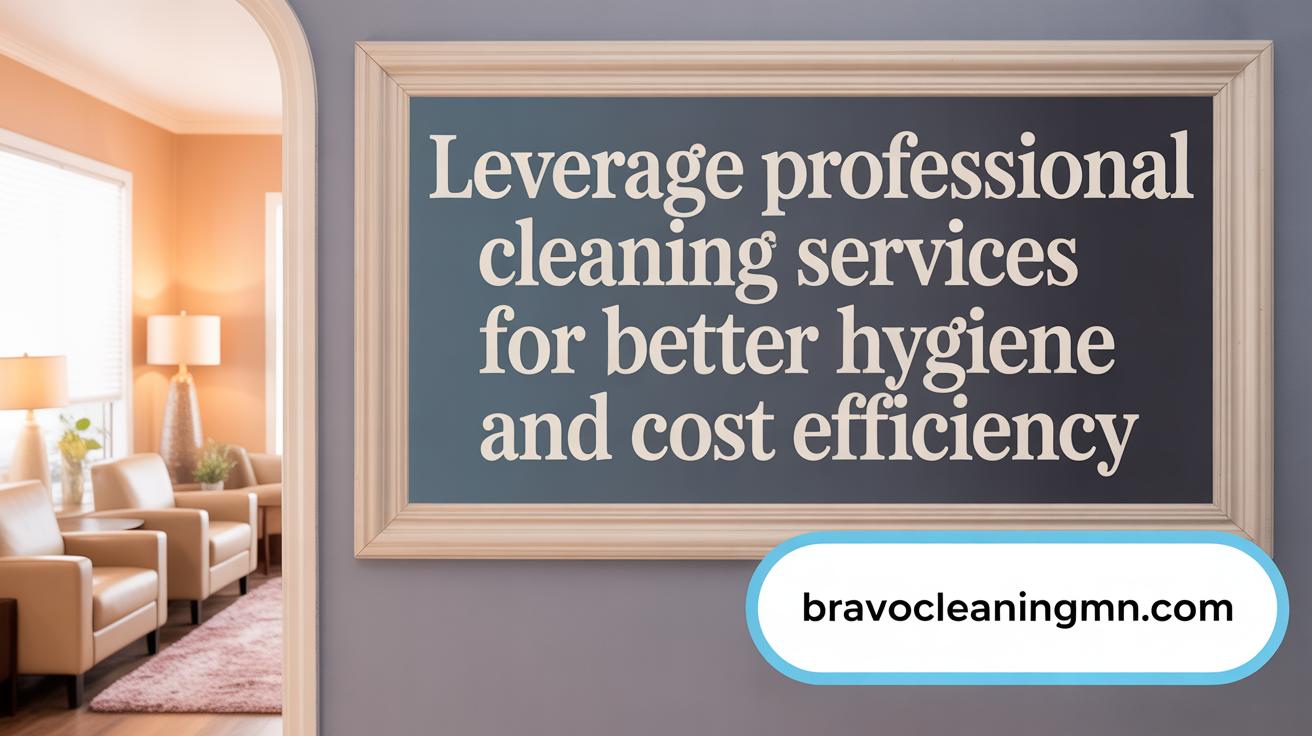 Partnering with professional cleaning services offers numerous advantages for property managers seeking consistent, high-quality maintenance. Such collaborations ensure that common areas, hallways, stairwells, and elevators are cleaned thoroughly, reducing dirt buildup and promoting tenant health.
Partnering with professional cleaning services offers numerous advantages for property managers seeking consistent, high-quality maintenance. Such collaborations ensure that common areas, hallways, stairwells, and elevators are cleaned thoroughly, reducing dirt buildup and promoting tenant health.
One of the significant benefits of working with specialized cleaning companies is the ability to create tailored cleaning plans that suit the specific needs of each property. These plans often include flexible scheduling options, allowing services to be performed during times that minimally disrupt tenants and daily operations.
To maintain high standards, reputable cleaning firms invest in staff training and quality assurance measures. Background checks, ongoing training, and routine inspections ensure that cleaning personnel adhere to professional standards, safety protocols, and eco-friendly practices.
Cost-effectiveness is another advantage, especially when considering the use of environmentally friendly cleaning products. These products reduce exposure to toxic chemicals, creating a safer environment while often being more economical over time due to their efficiency and sustainability.
The scope of outsourced services typically encompasses routine cleaning of high-traffic areas, move-in and move-out cleaning, carpet and flooring maintenance, trash and recycling management, and sanitization of high-touch surfaces. This comprehensive approach helps maintain building aesthetics, improve hygiene standards, and increase tenant satisfaction.
Are landlords legally required to professionally clean rental units between tenants?
Legally, landlords are generally required to have each unit professionally cleaned after every move-out to ensure a clean and habitable environment for new tenants.
Engaging professional cleaning services as part of property management not only meets legal standards but also enhances overall property appeal and tenant experience. For further insights, searches for "Professional cleaning service outsourcing for apartment managers" can provide additional industry-specific strategies and tips.
Maintaining Safety and Health Standards Including COVID-19 Considerations

Disinfection of high-touch surfaces and common areas
Regular cleaning and disinfection of high-touch surfaces such as elevator buttons, door handles, stair railings, and light switches are essential. Using EPA-approved disinfectants helps minimize the spread of bacteria and viruses. Common areas like lobbies, hallways, and laundry rooms should receive frequent deep cleaning to maintain hygiene standards.
Protocols for emergency repairs during pandemics
During health crises like COVID-19, property managers need to prioritize emergency repairs that impact safety and health. Non-essential repairs may be postponed, and scheduled inspections should be replaced by virtual assessments when possible. Maintenance staff should wear PPE and follow strict sanitation practices to protect tenants and workers.
Communication strategies for tenant health and safety
Clear, transparent communication is vital. Notify tenants about cleaning schedules, health measures in place, and any changes to maintenance protocols. Utilize emails, notices, or digital platforms to keep tenants informed about safety guidelines and to address concerns promptly.
Use of green and non-toxic cleaning products
Eco-friendly, non-toxic cleaning supplies reduce chemical exposure risks for tenants and staff. These products are effective against germs and environmentally safer, supporting overall health and well-being of residents.
Emergency preparedness and legal compliance
Establish comprehensive emergency protocols that include health safety measures. Regularly train staff on the latest safety standards and ensure compliance with local health and safety regulations. Proper documentation of cleaning routines, safety inspections, and emergency procedures helps maintain legal standards and readiness.
| Aspect | Details | Additional Info |
|---|---|---|
| Surface Disinfection | High-touch areas, common spaces | Use EPA-registered disinfectants |
| Repair Protocols | Emergency vs. scheduled | PPE for staff, safety measures |
| Communication | Tenant updates | Use multiple channels for clarity |
| Cleaning Products | Green, non-toxic | Environmentally friendly, safe |
| Emergency Procedures | Safety, legal | Regular training, compliance |
Enhancing Building Appearance and Tenant Satisfaction Through Routine Upkeep

Maintaining exterior appearance and landscaping
The exterior of an apartment building plays a critical role in attracting tenants and enhancing property value. Regular landscaping maintenance including mowing lawns, trimming shrubs, and planting flowers keeps the grounds appealing. Additionally, maintaining gutters, cleaning walkways, and repairing exterior surfaces ensure the building looks well-kept and inviting.
Regular cleaning of lobbies, hallways, elevators, and recreational areas
High-traffic common areas such as lobbies, hallways, and elevators require consistent cleaning. This includes dusting, vacuuming carpets, polishing floors, and disinfecting high-touch surfaces like door handles and elevator buttons. Routine cleaning not only provides a welcoming environment but also reduces germs and prevents wear and tear.
Importance of window cleaning and carpet maintenance
Windows should be professionally cleaned at least twice a year to maintain aesthetic appeal and allow for natural light. Clean windows improve the building’s overall appearance and tenant satisfaction. Similarly, carpets in shared areas need regular vacuuming and deep cleaning to prevent stains, prolong their lifespan, and improve indoor air quality.
Coordination of maintenance technicians and janitorial staff
Efficient property management involves coordinating schedules among maintenance technicians and janitorial staff. Technicians handle repairs such as plumbing, electrical issues, and safety checks, while janitors focus on daily cleaning routines. Clear communication and effective scheduling ensure timely upkeep and reduce disruptions.
Tenant turnover inspections and repairs
When tenants move out, inspections are essential to assess damages, stains, pests, or mold. Following inspections, thorough cleaning and repairs, including repainting and flooring replacement, prepare units for new tenants. Proper turnover procedures help maintain high standards and tenant satisfaction.
| Focus Area | Frequency | Main Activities | Additional Details |
|---|---|---|---|
| Exterior landscaping | Weekly / Seasonal | Mowing, pruning, planting | Enhances curb appeal, attracts tenants |
| Lobbies, hallways, elevators | Daily / Weekly | Sweeping, disinfecting, polishing | Maintains hygiene, looks professional |
| Windows | Bi-annual | Professional cleaning | Improves aesthetics, natural light |
| Carpets in common areas | Weekly / Monthly | Vacuuming, deep cleaning | Extends carpet life, enhances air quality |
| Maintenance inspections | Quarterly / After tenant moves | Safety checks, repairs, damage assessments | Prevents costly issues, ensures safety |
Effective upkeep of both exterior and interior spaces ensures a clean, attractive, and safe environment, directly impacting tenant satisfaction and the overall value of the property.
Summing Up: Ensuring Clean, Safe, and Attractive Apartment Living Spaces
Property managers hold a pivotal role in sustaining the cleanliness and overall maintenance of apartment buildings, directly impacting tenant satisfaction, property value, and legal compliance. By developing comprehensive cleaning schedules, embracing sustainable waste management, partnering with professional cleaning services, and prioritizing health and safety protocols, especially during unprecedented challenges like COVID-19, managers can create thriving residential communities. Together with effective documentation, clear communication, and attentive care to both interior and exterior spaces, these best practices equip property managers to meet the evolving needs of their tenants and maintain competitive, high-quality living environments.
References
- The Property Manager Guide to Keeping the Building Clean
- Condo & Apartment Cleaning: What Property Managers Need to Know
- Complete Guide On How To Manage An Apartment Building
- Cleaning & Maintenance Guide for Property Managers Including ...
- 7 Property Management Tips and Tricks for Success
- What is Property Maintenance? | A Beginner's Guide by UpKeep
- Apartment Facilities Cleaning - Summit Building Services
- 10 Common Property Manager Responsibilities - Mashvisor


